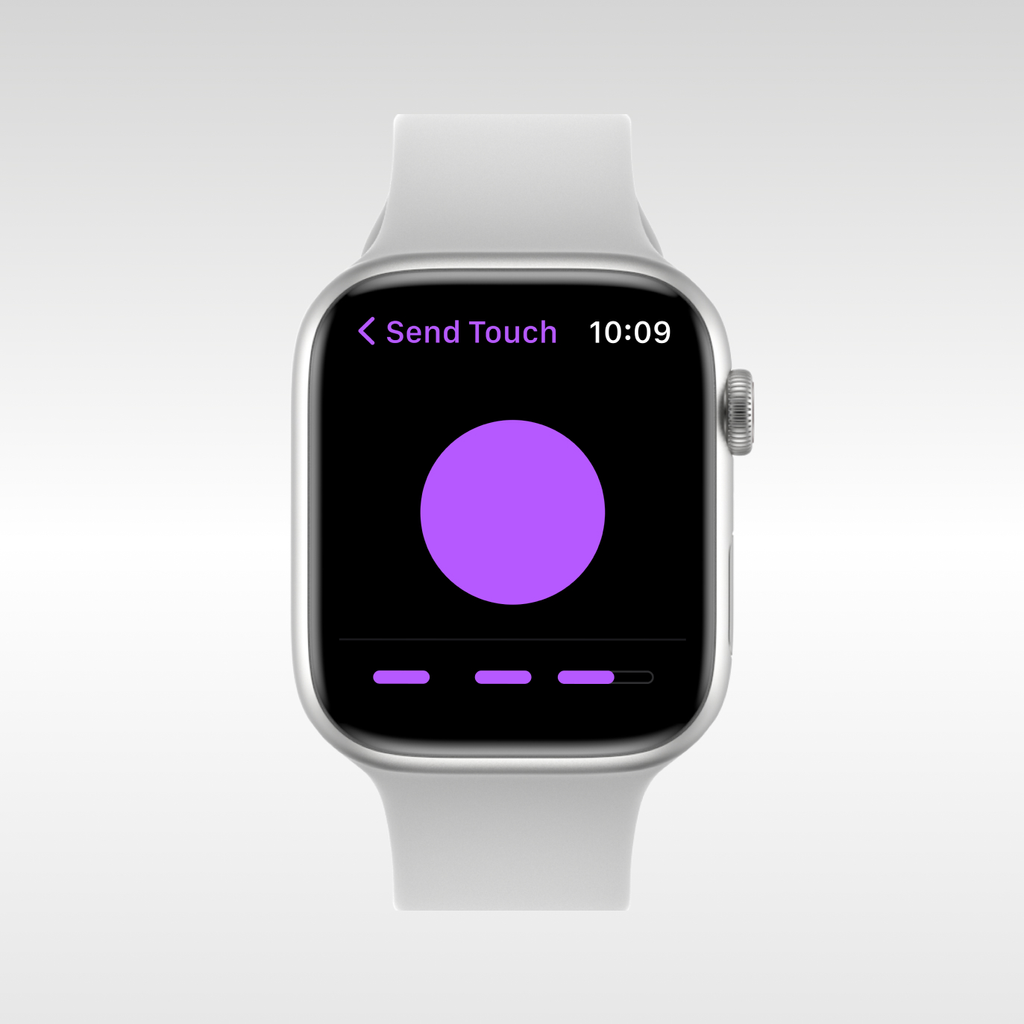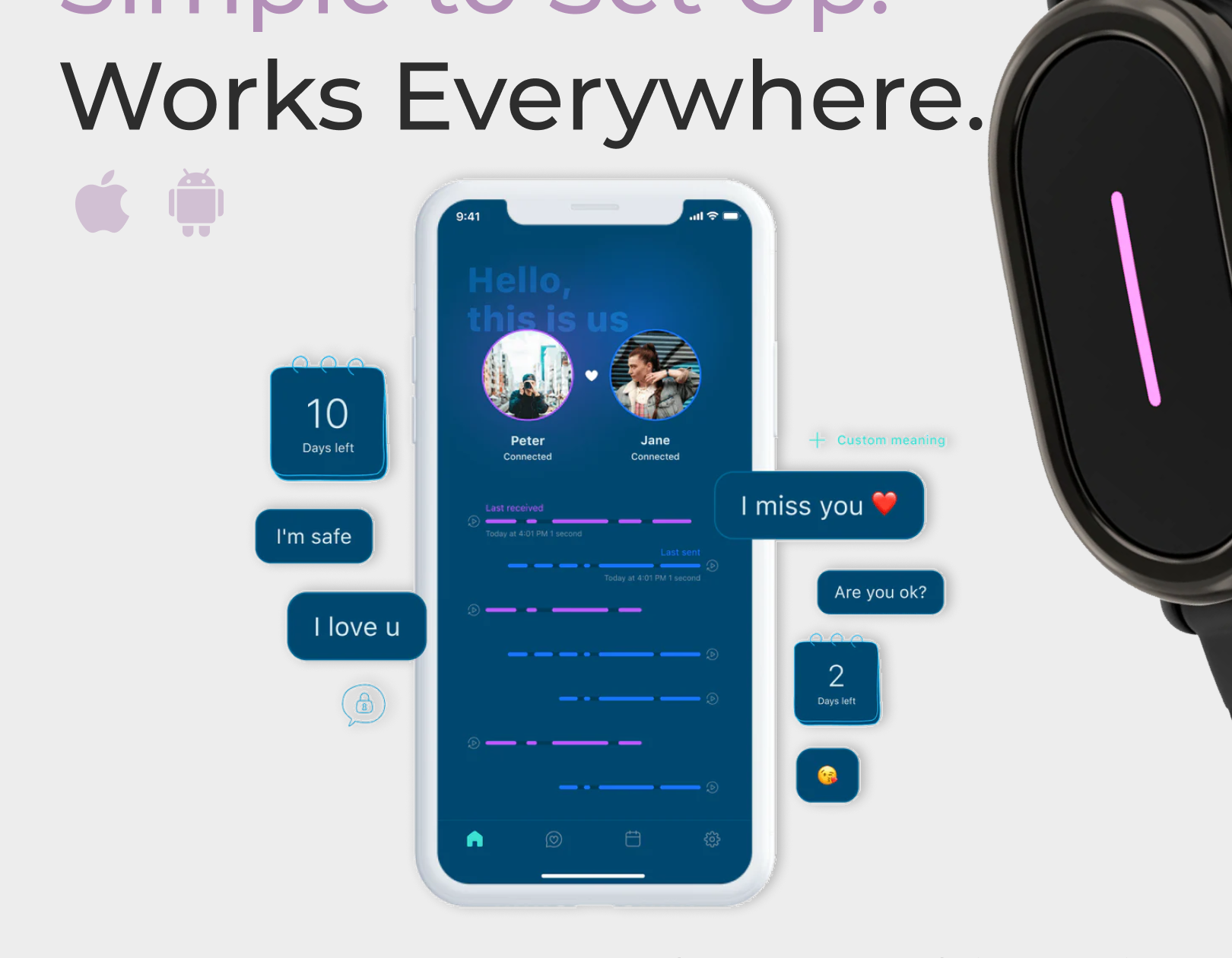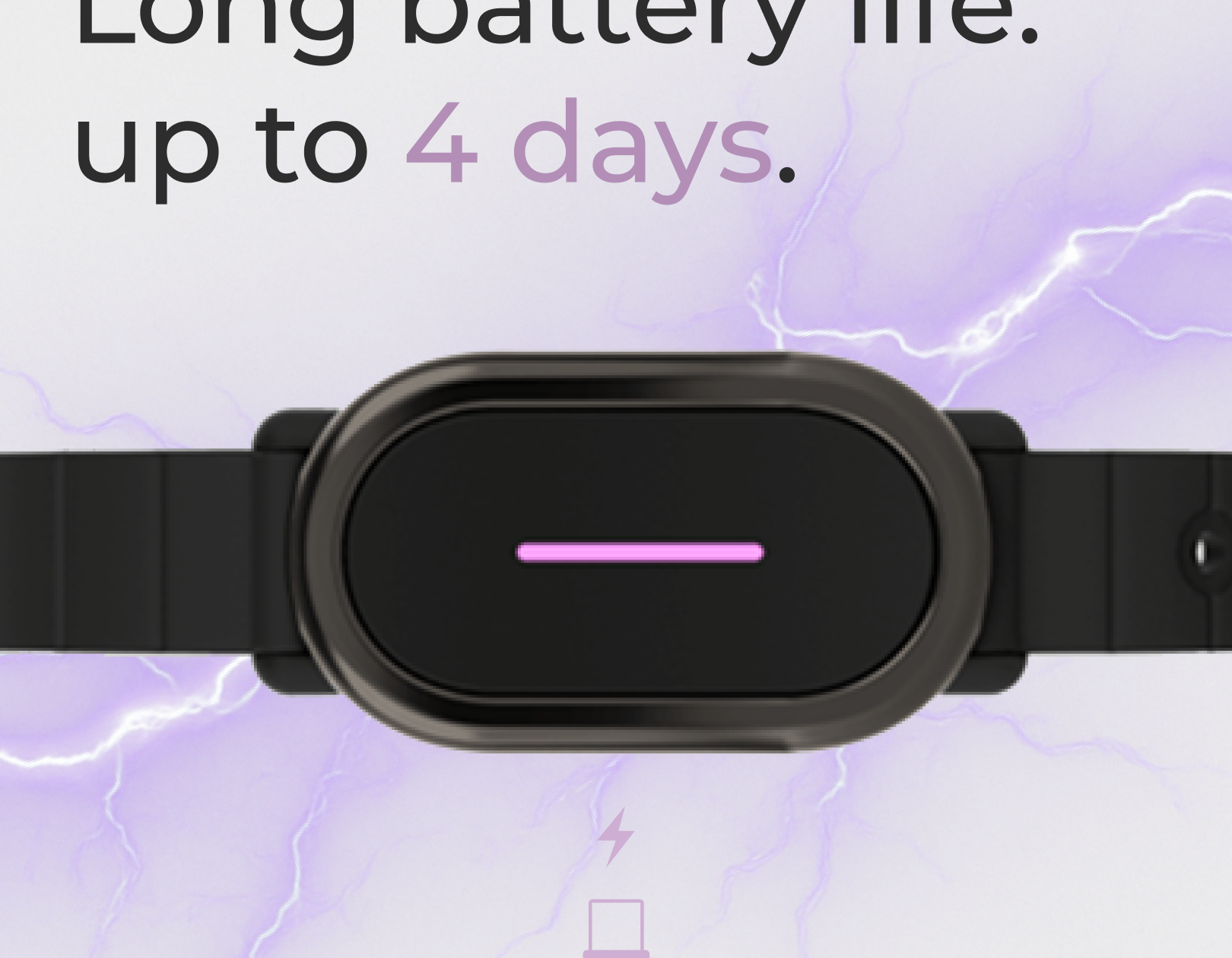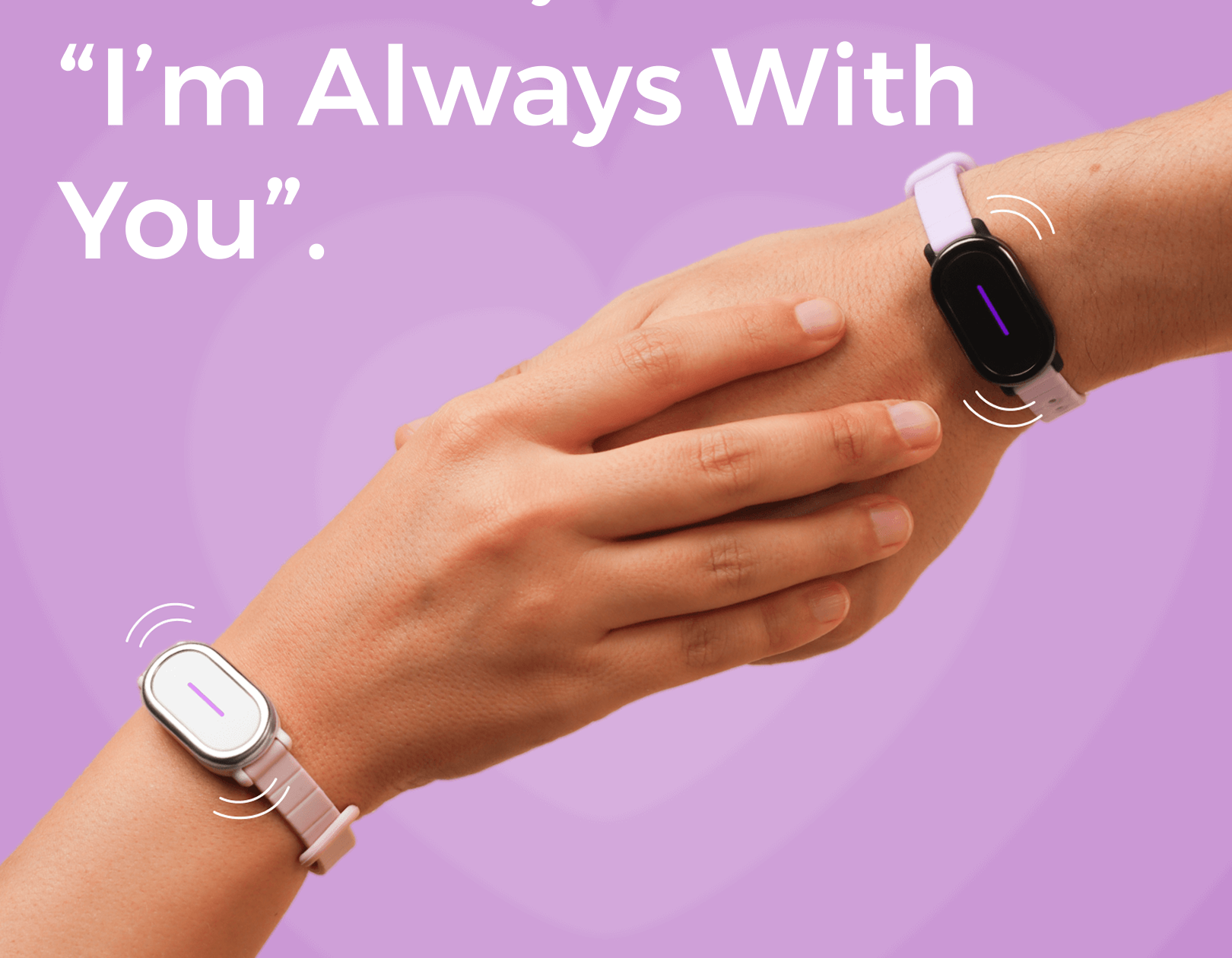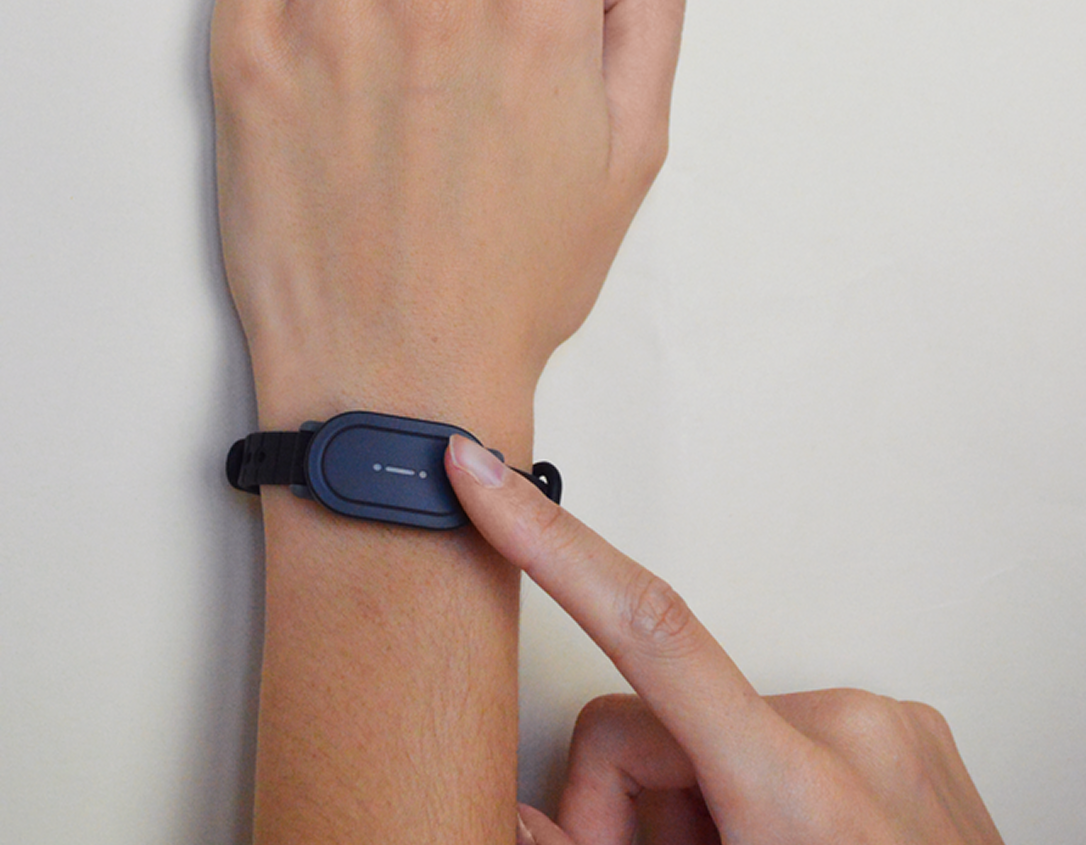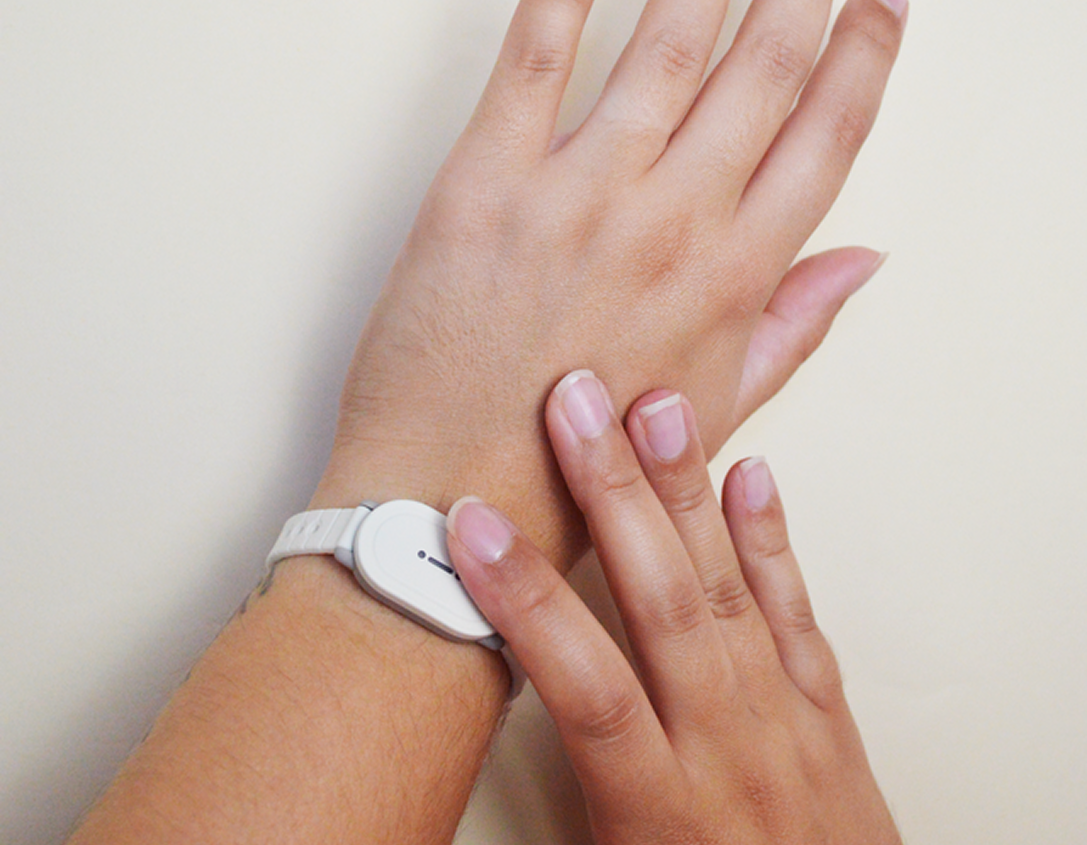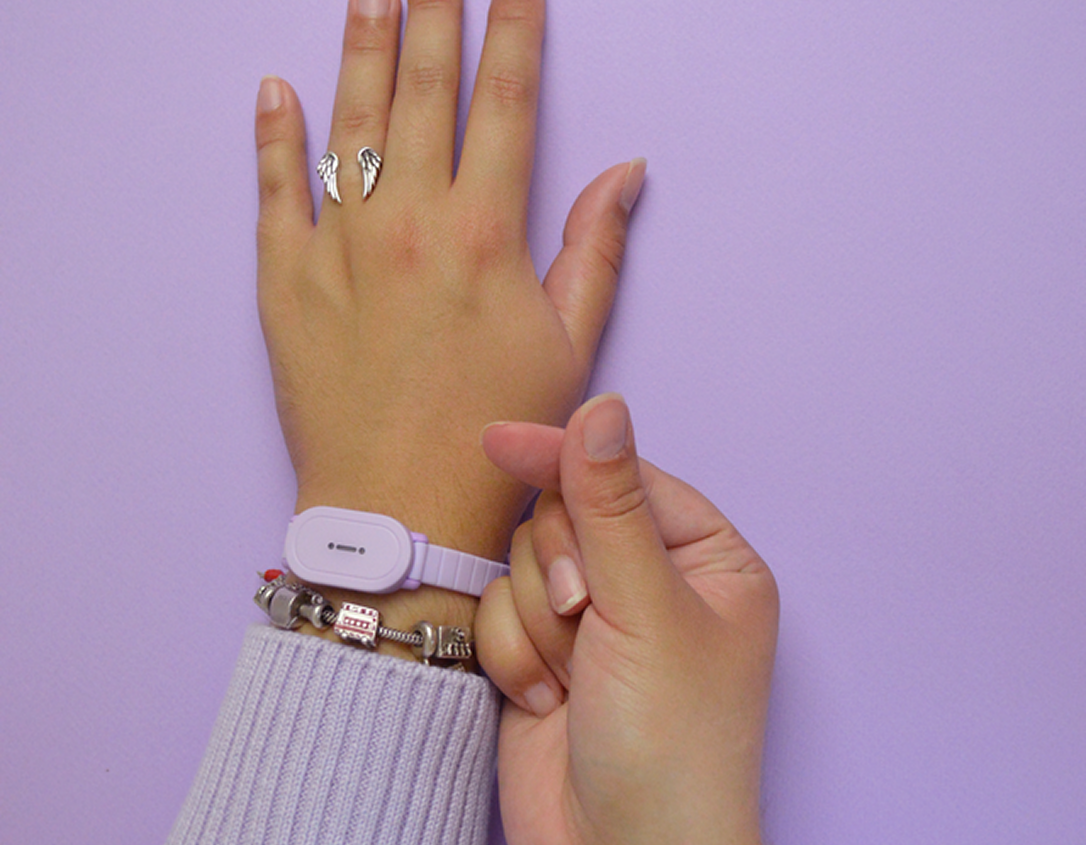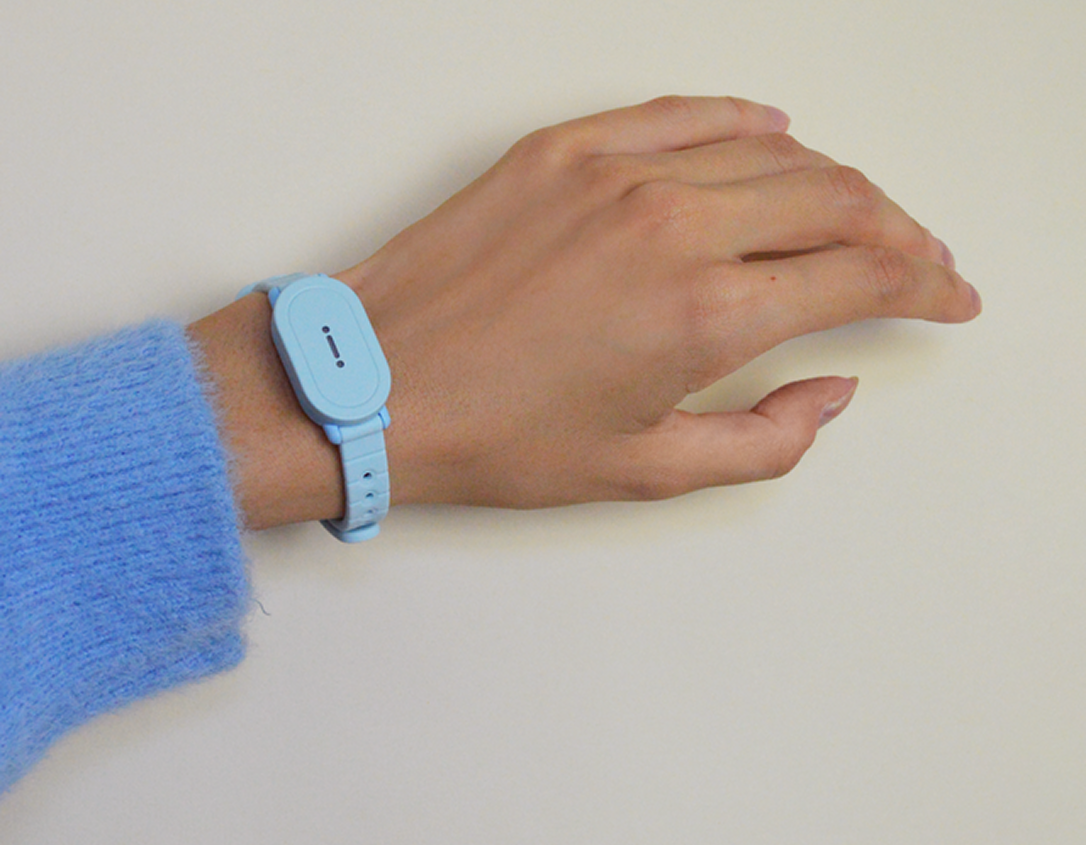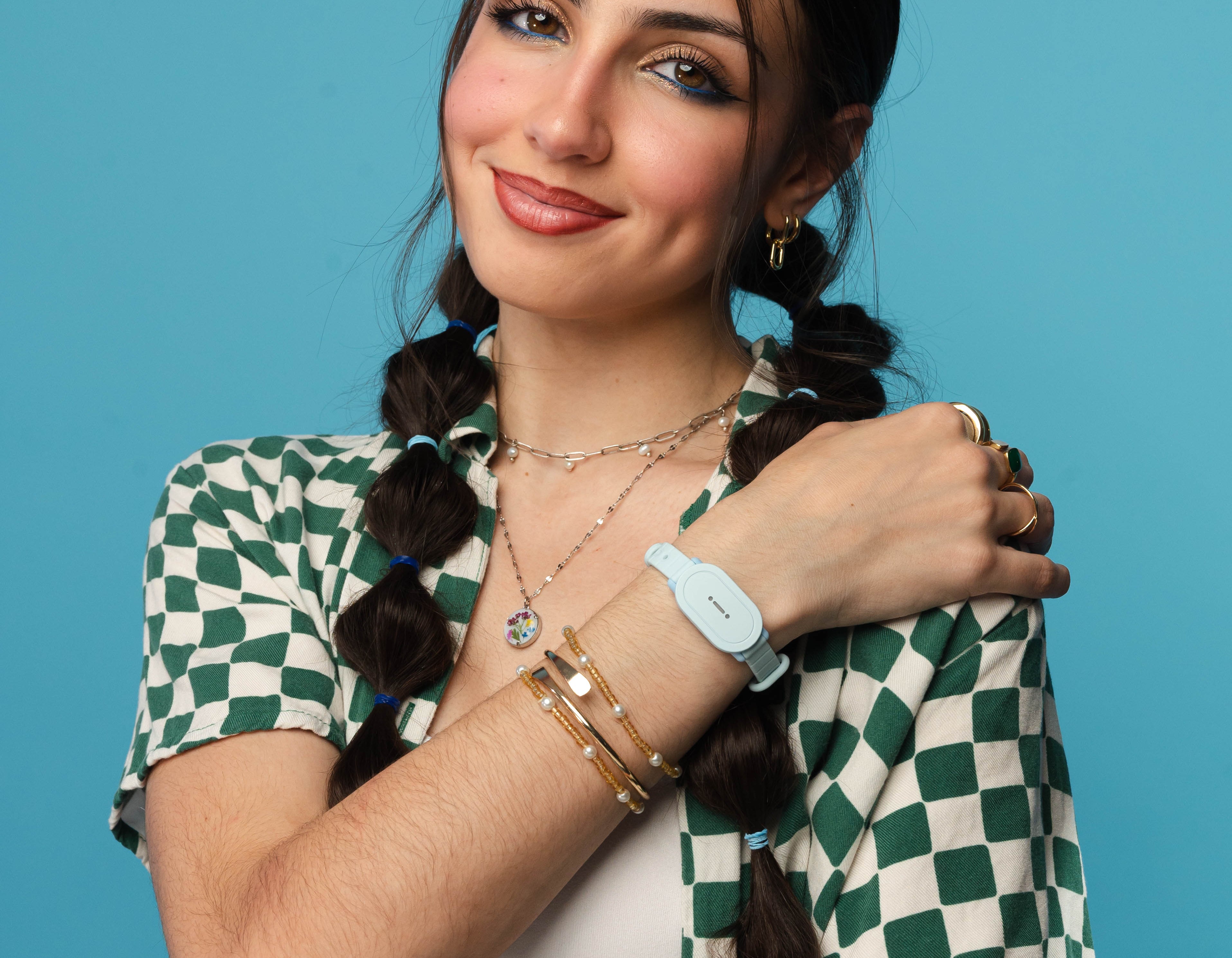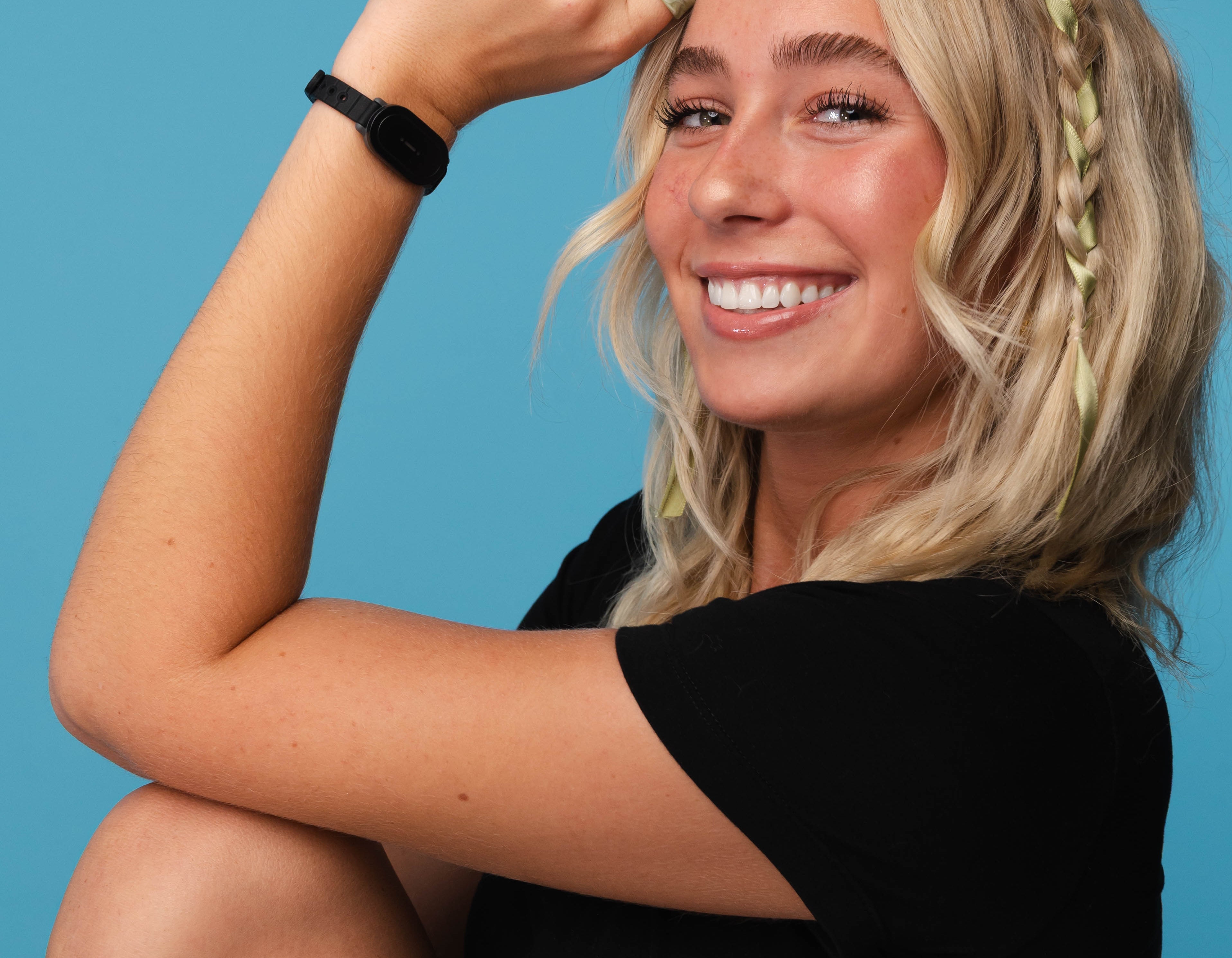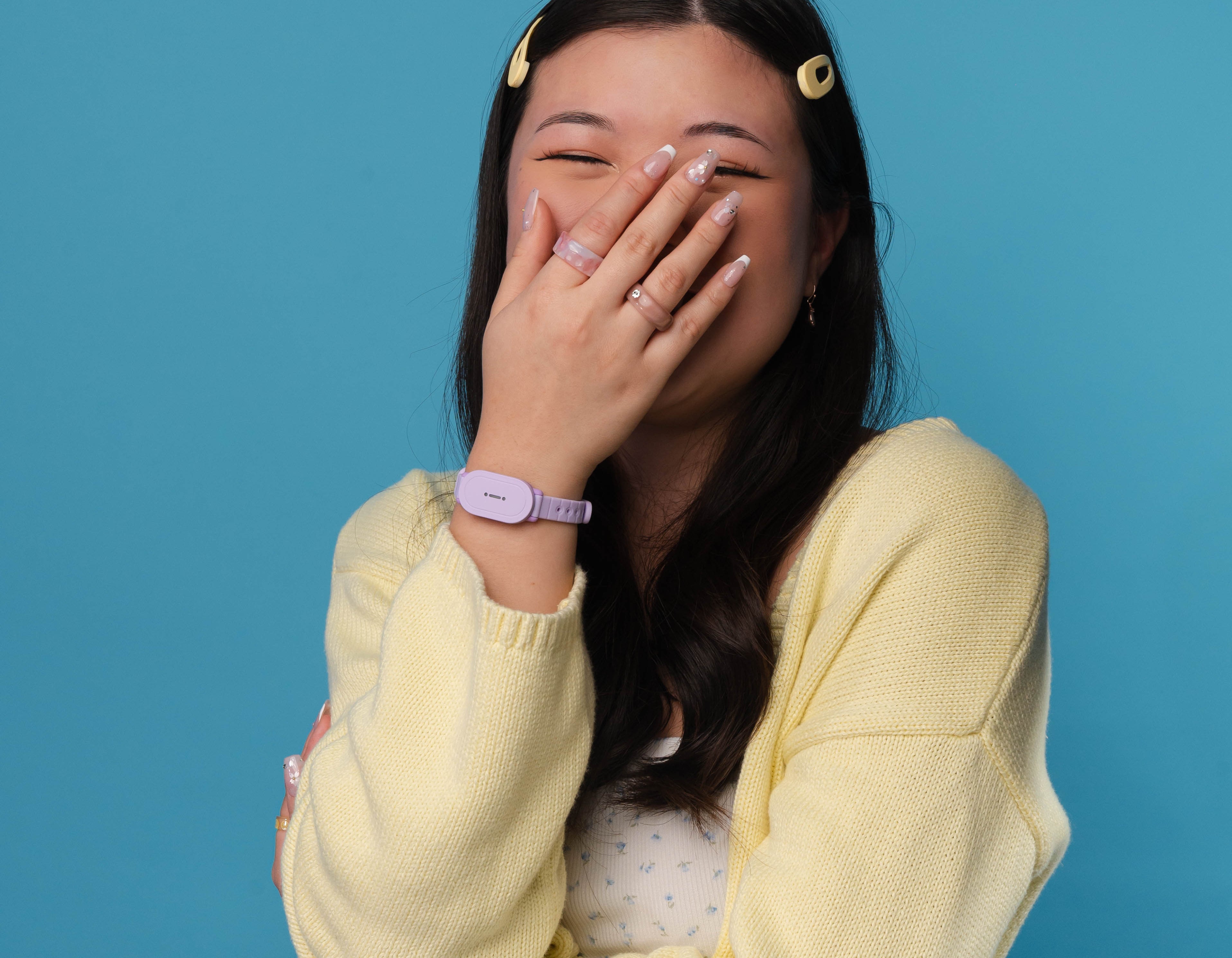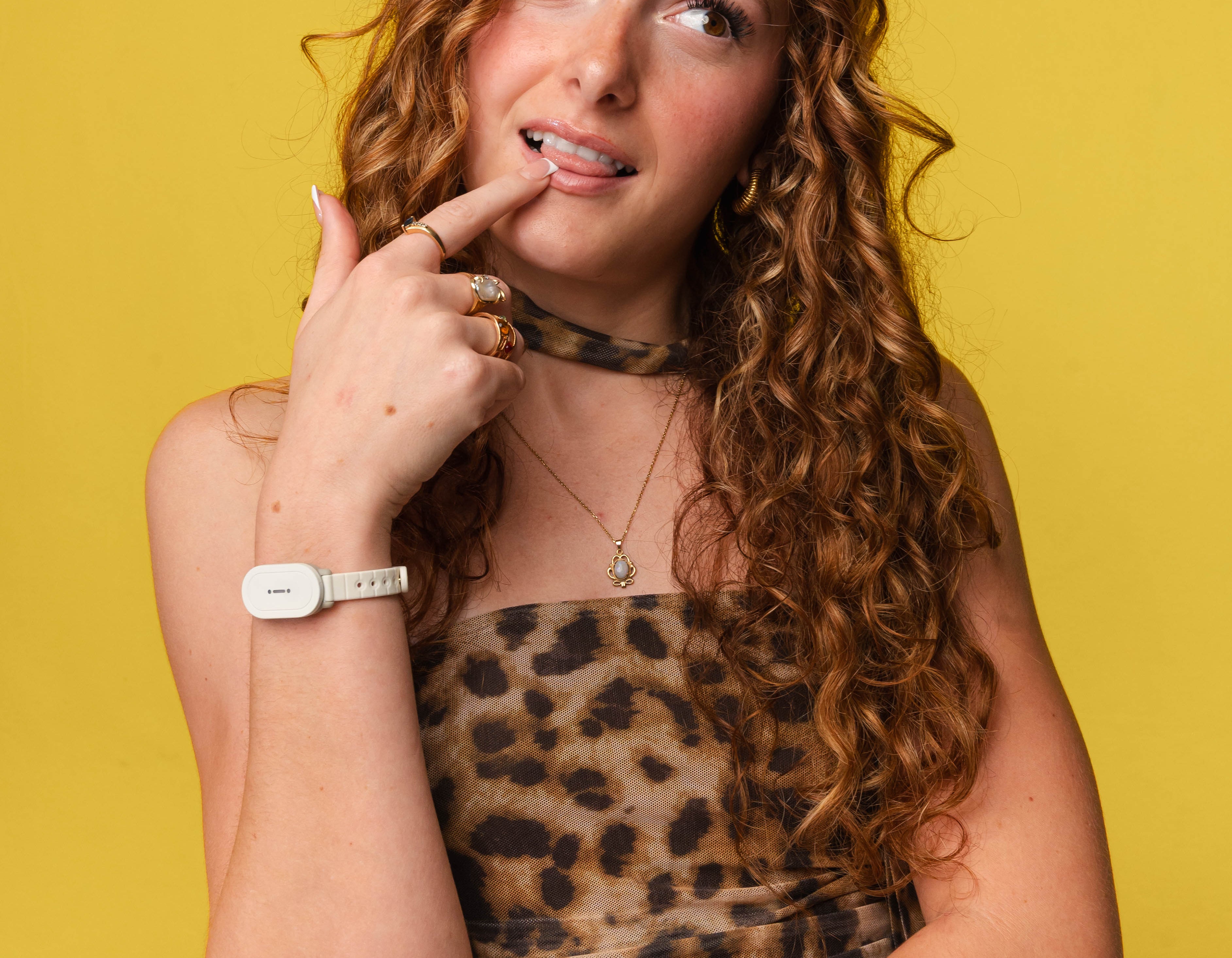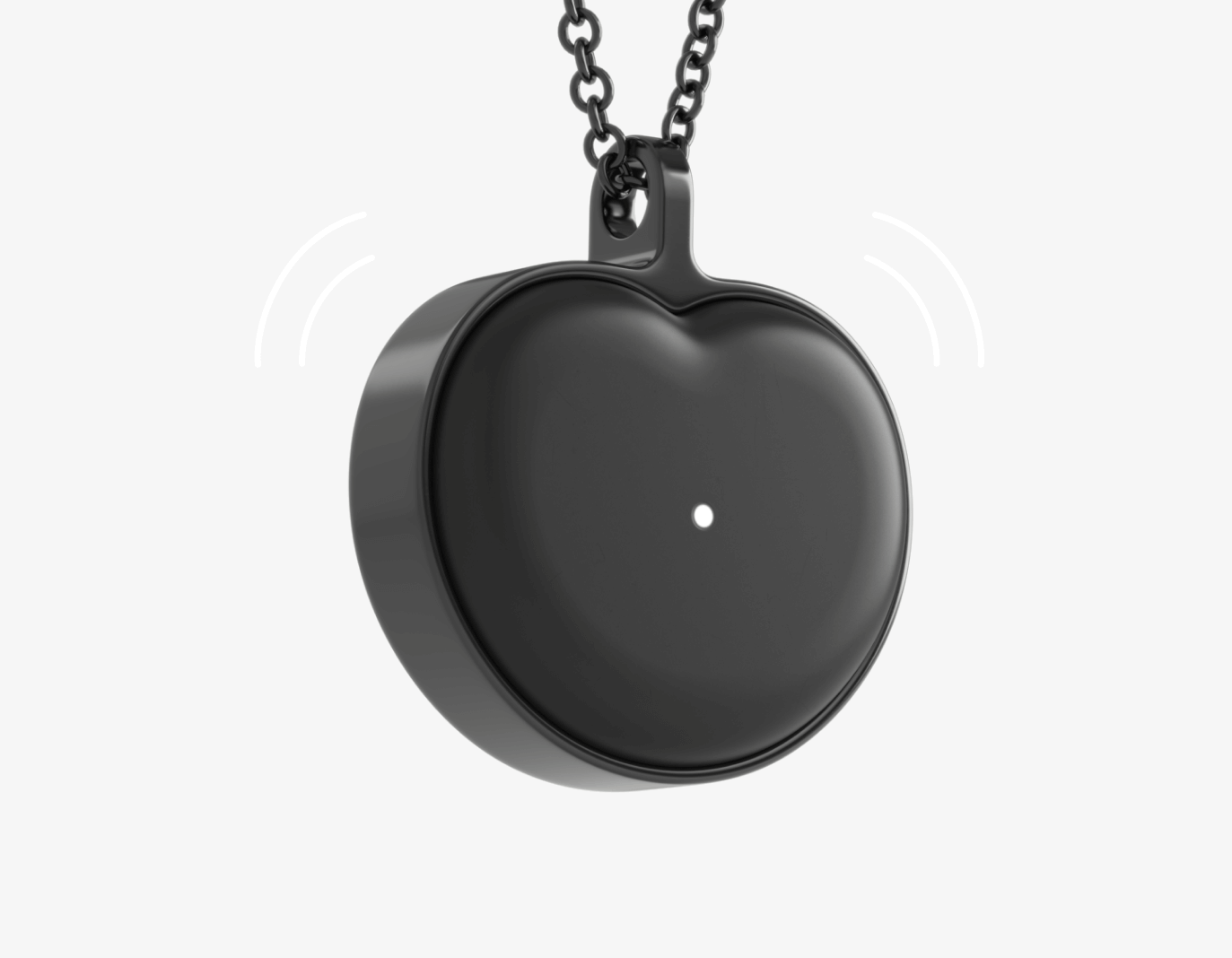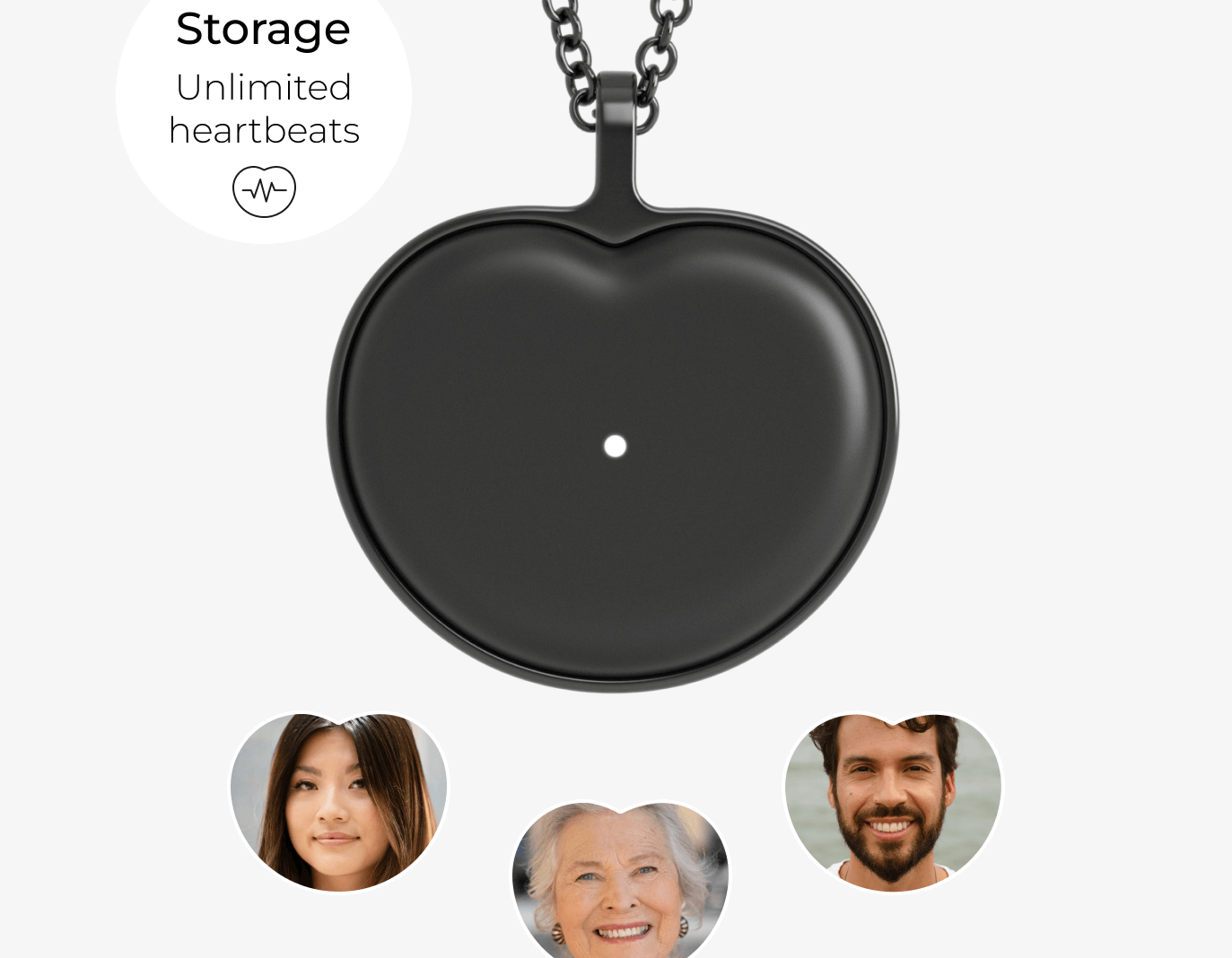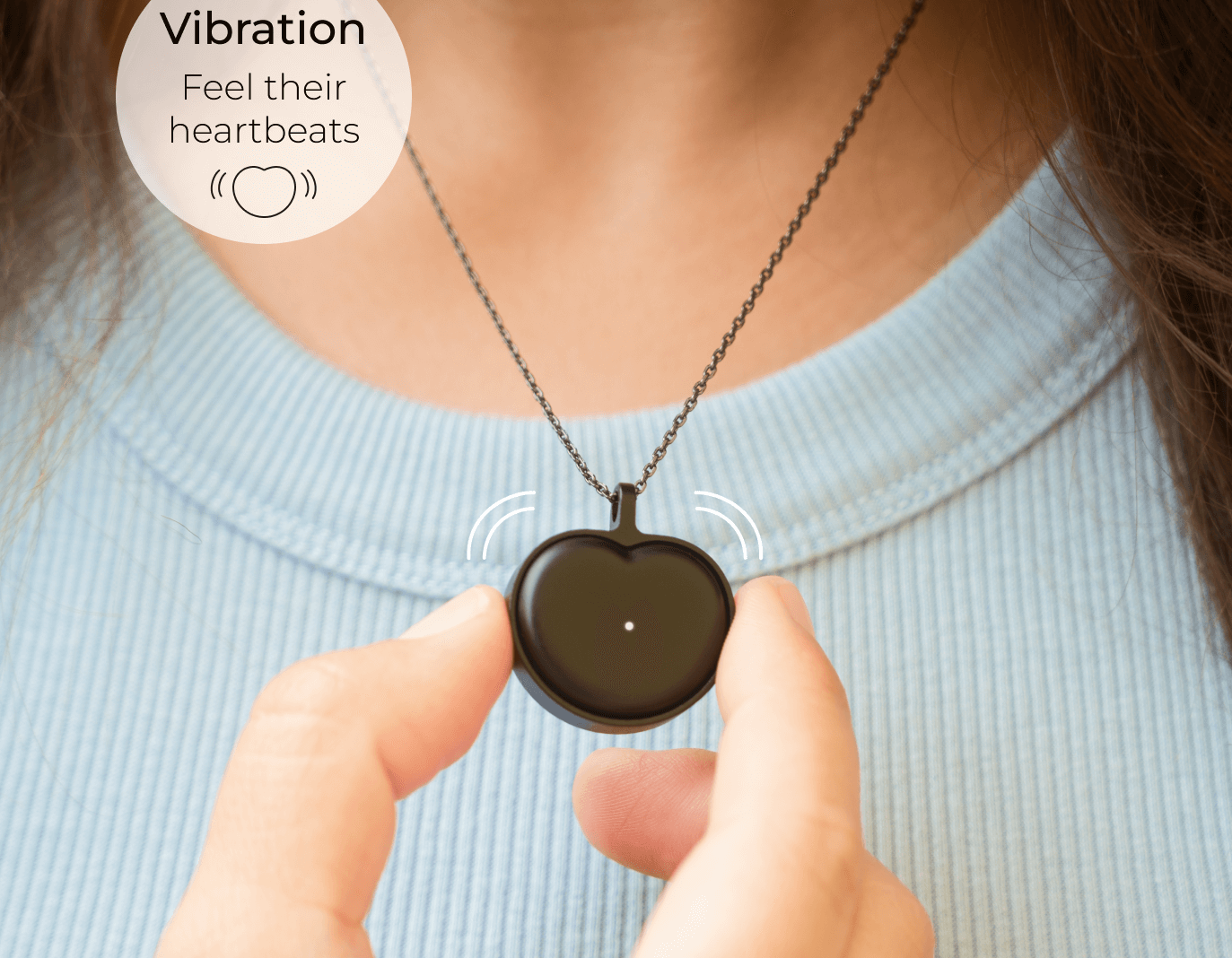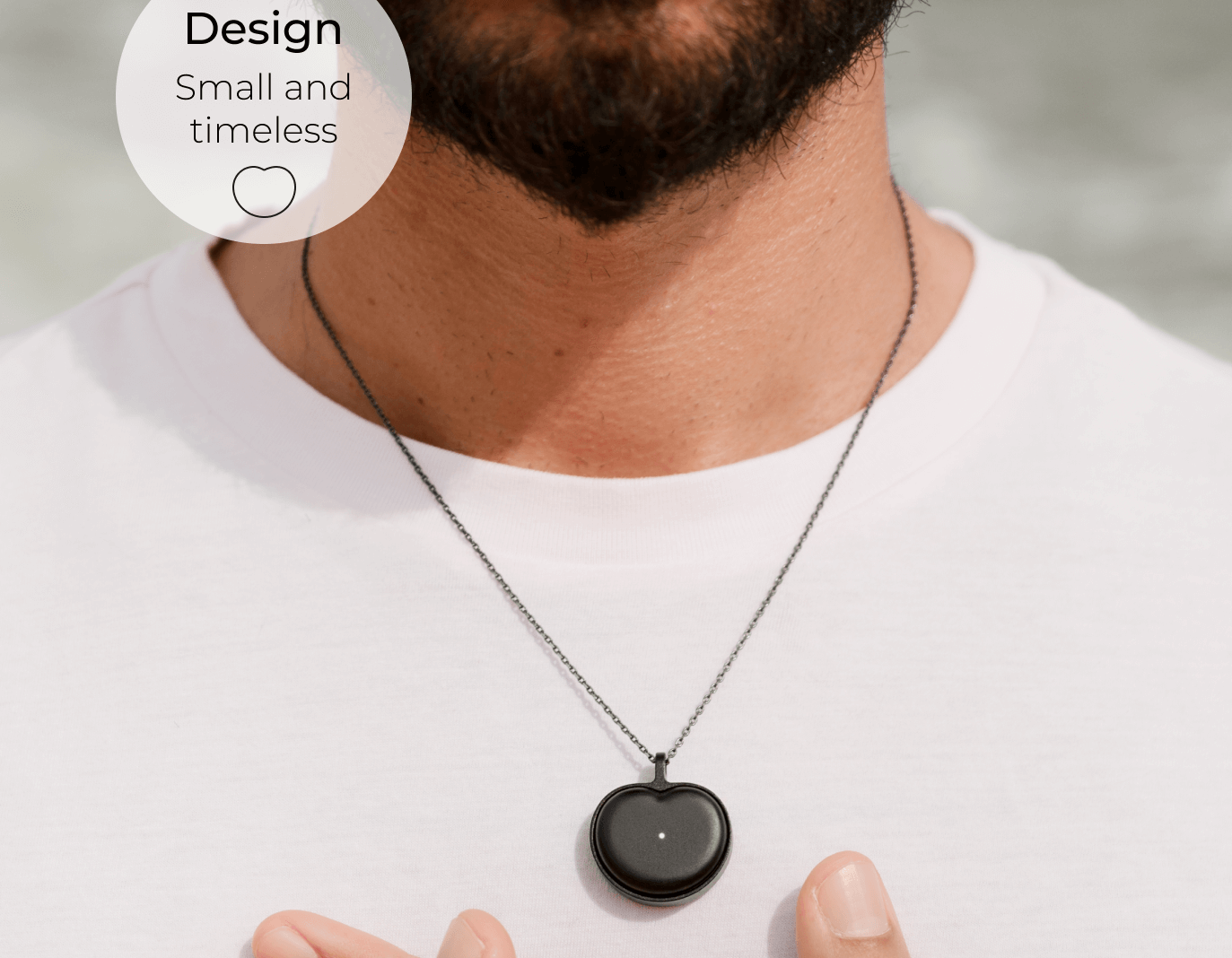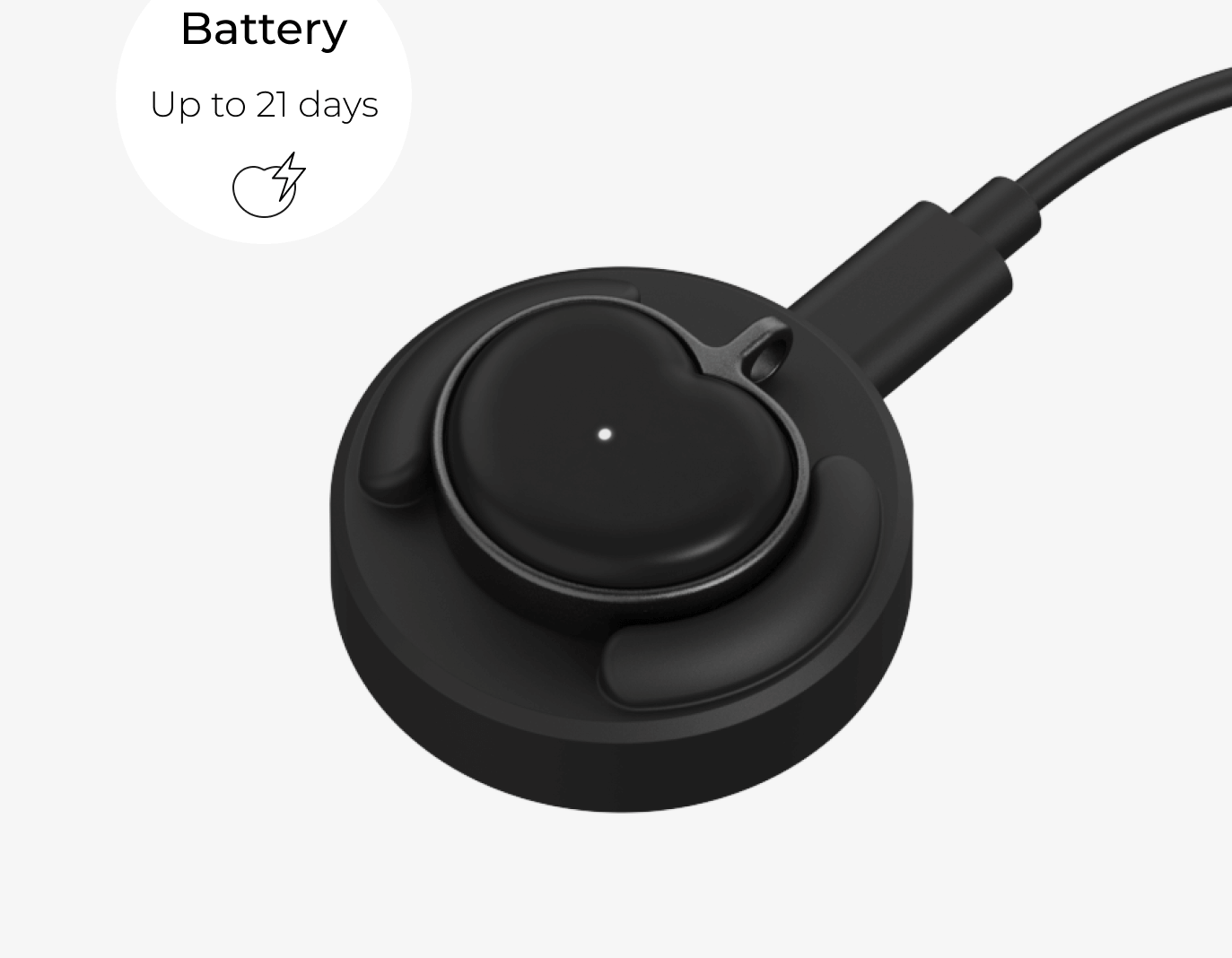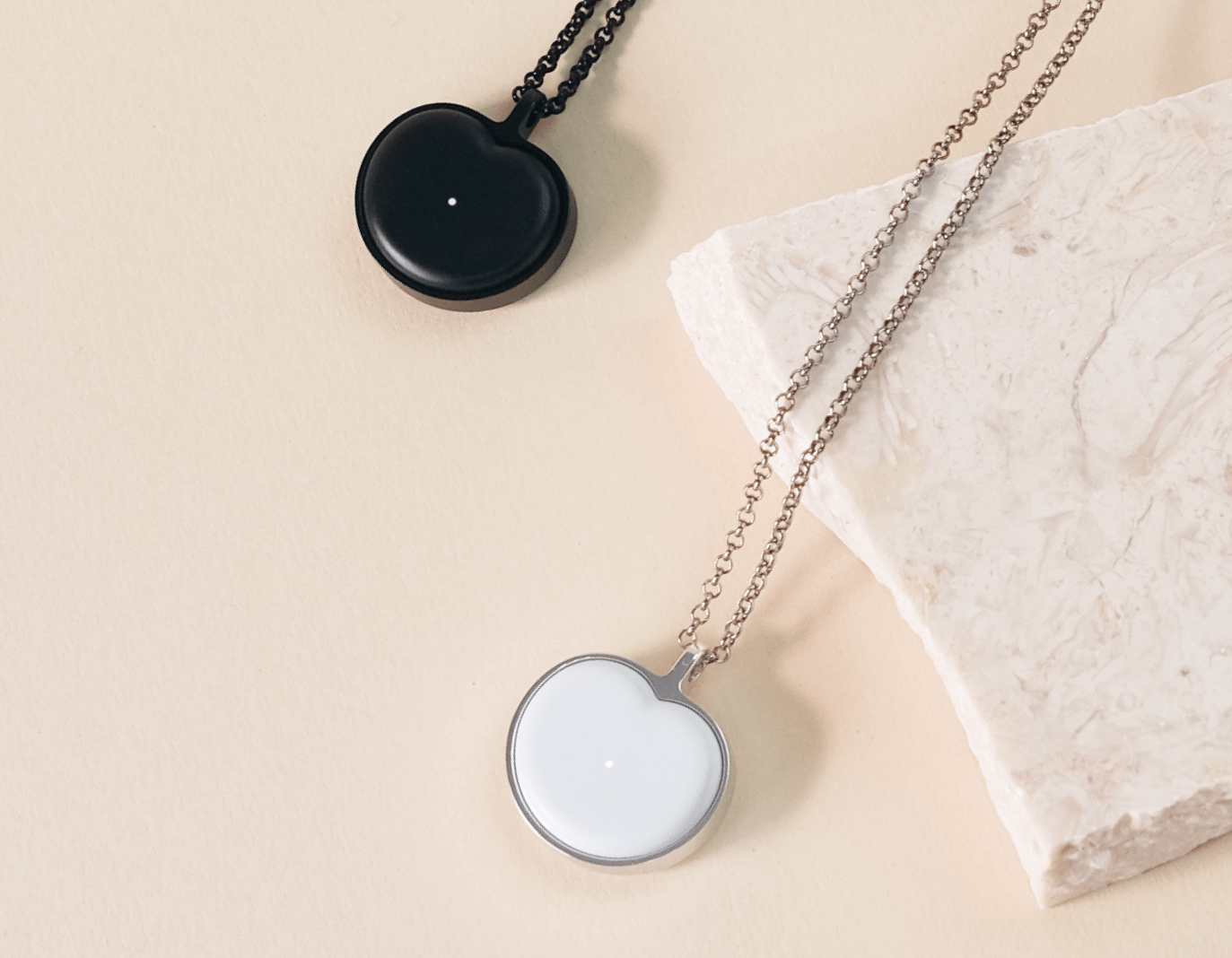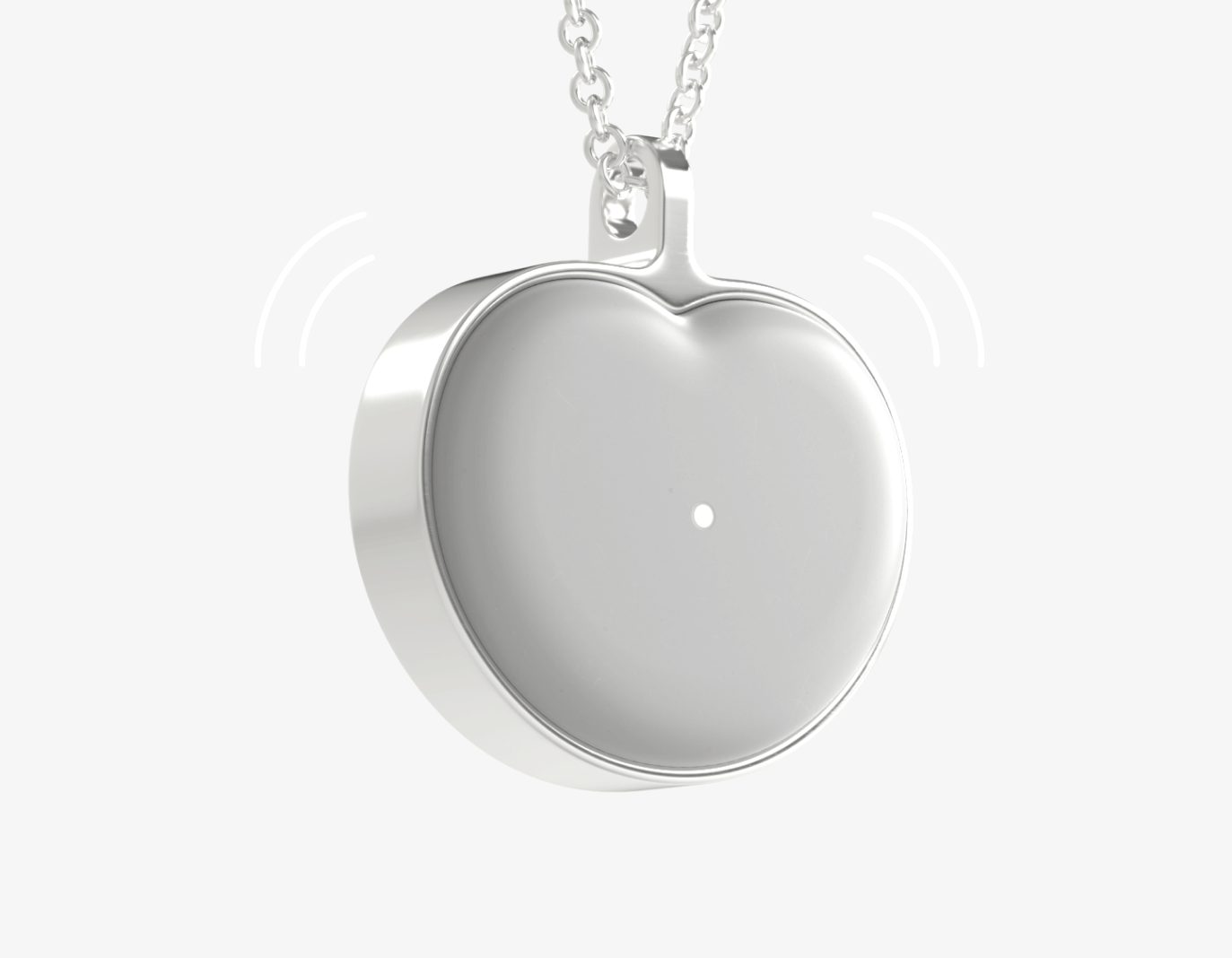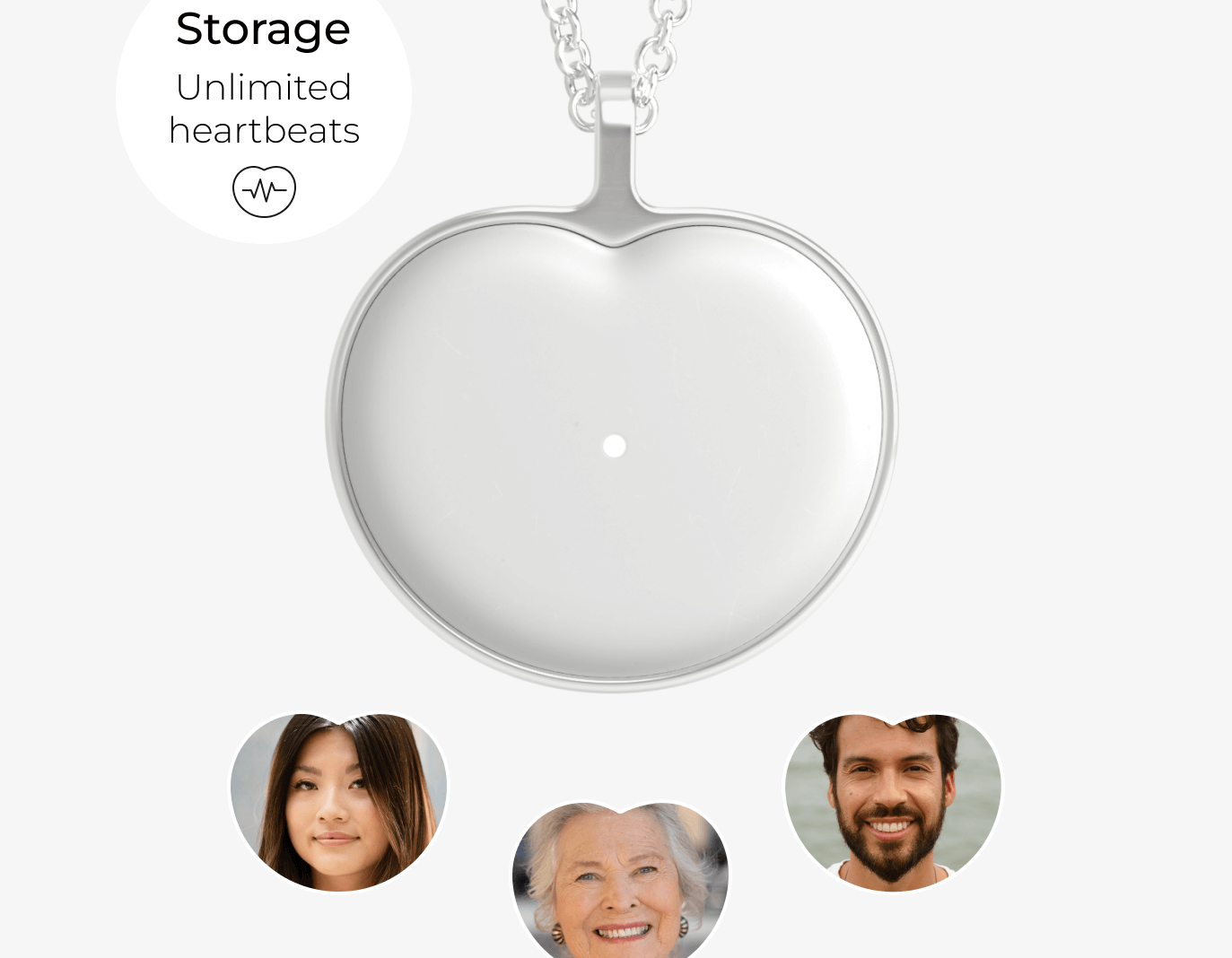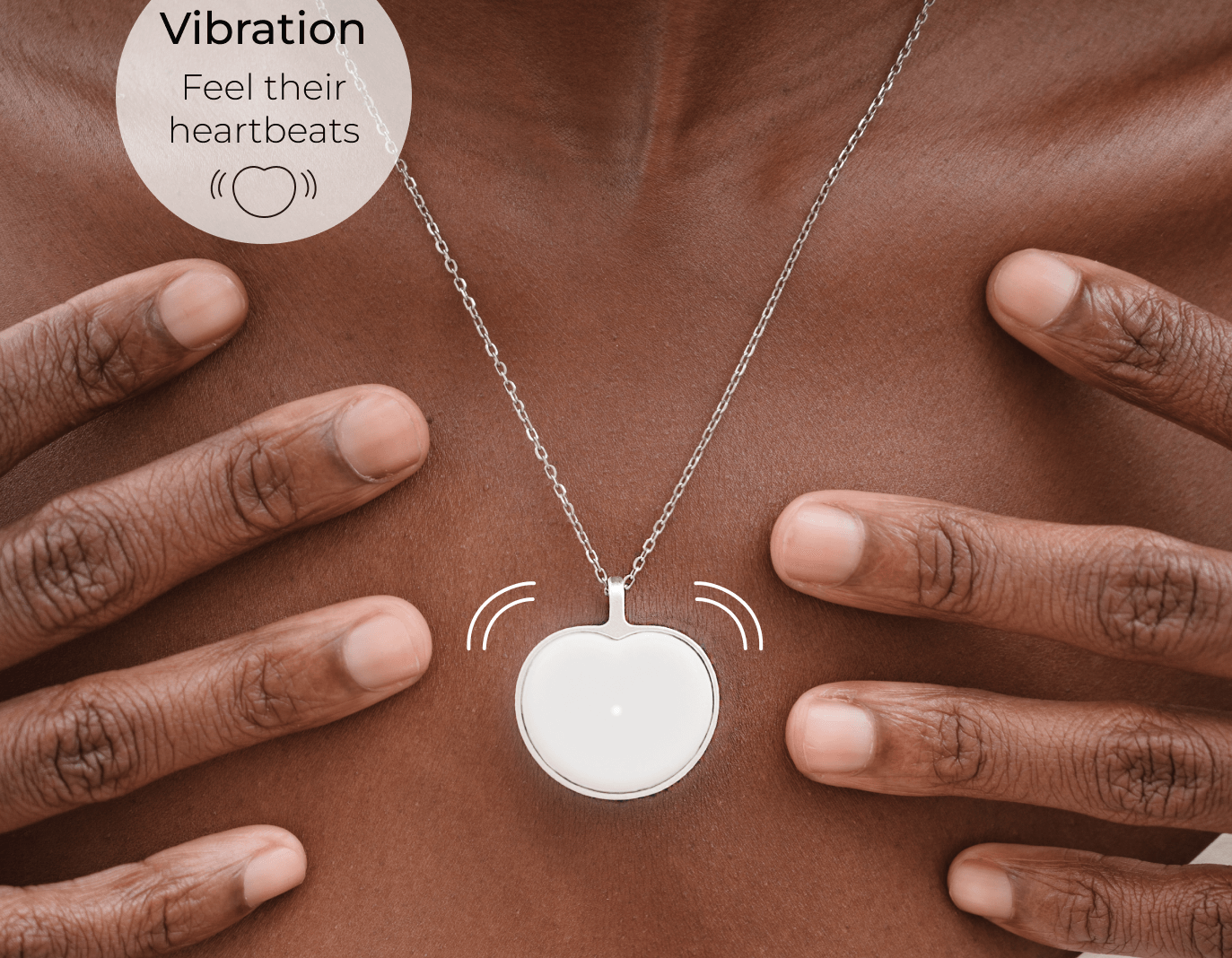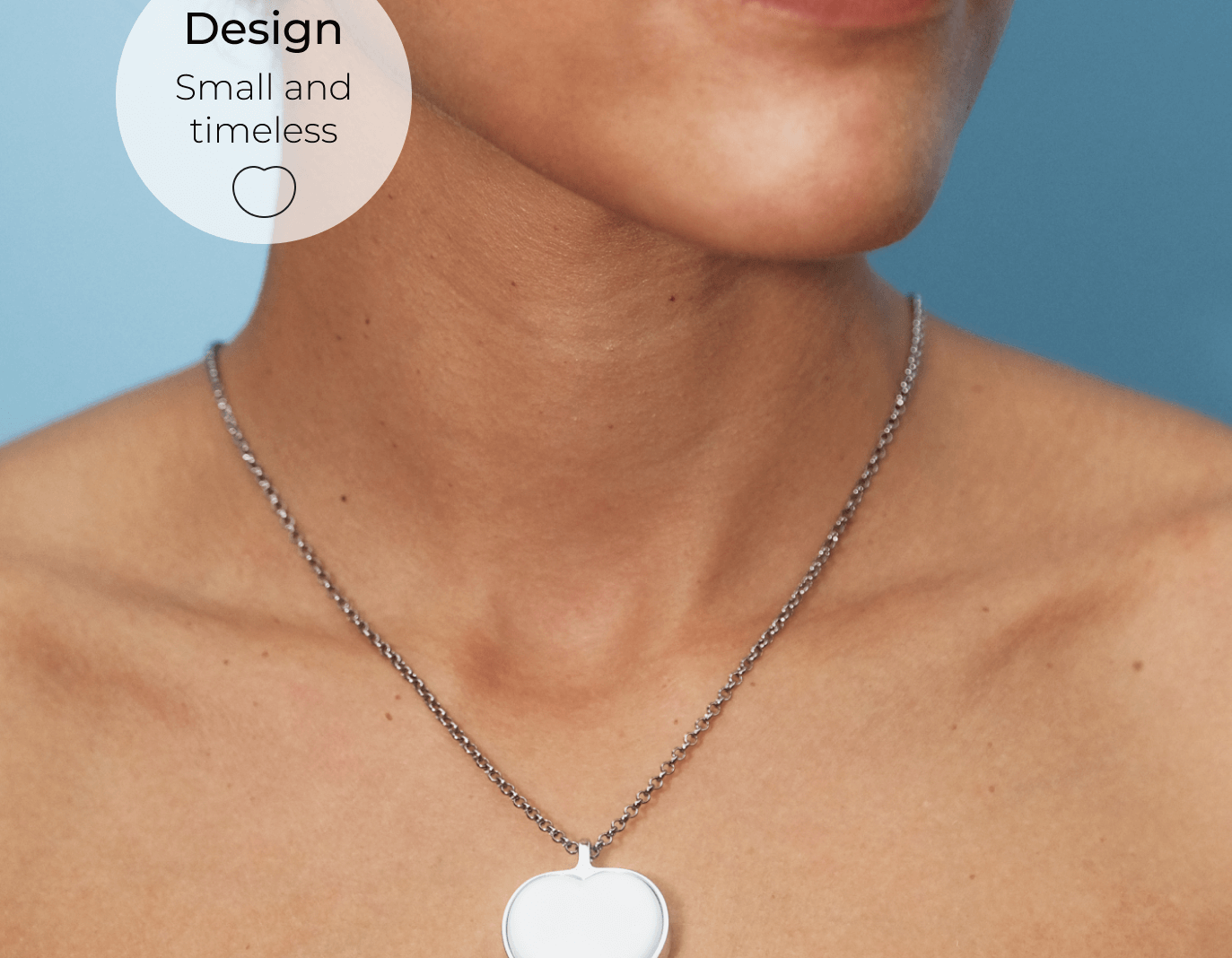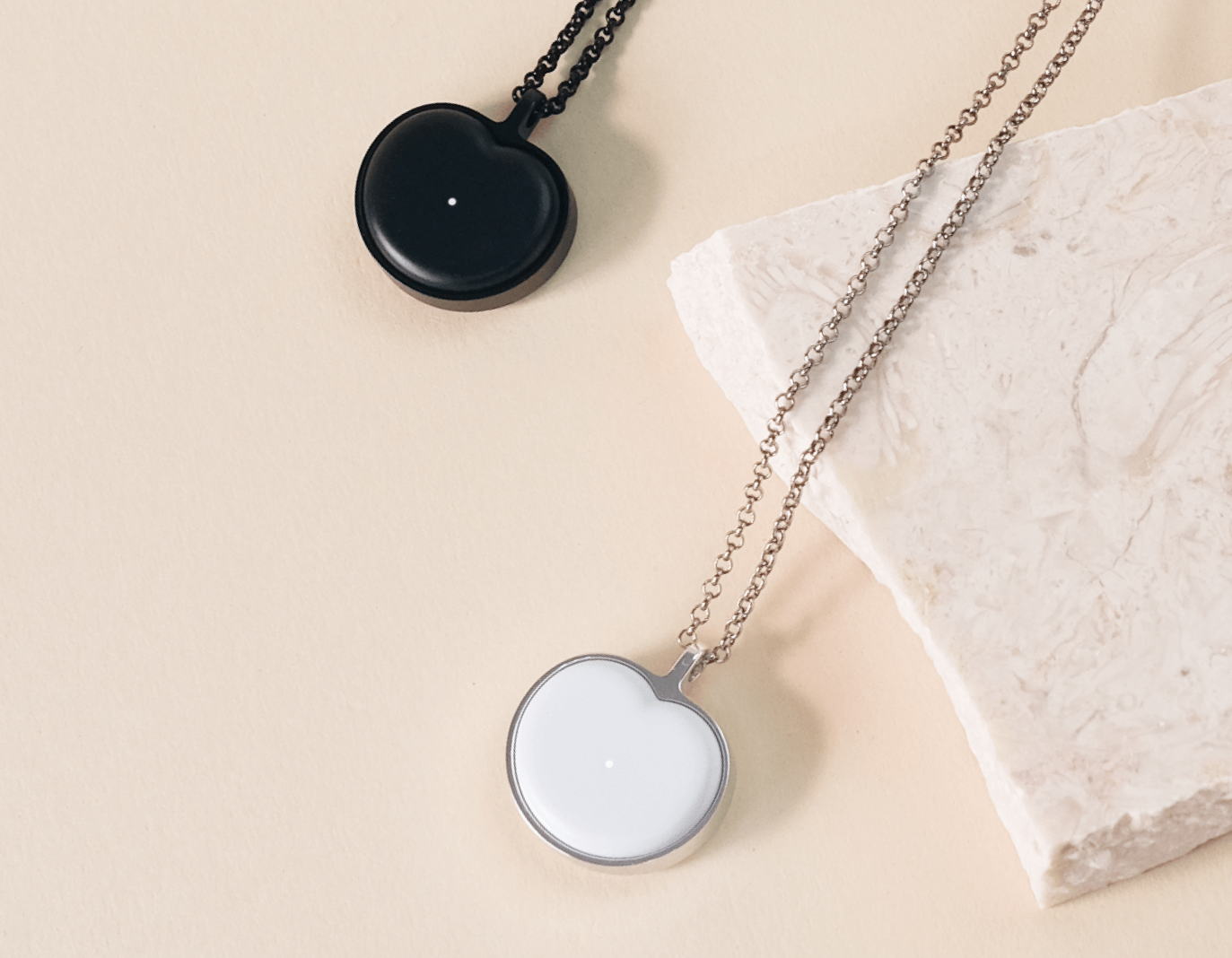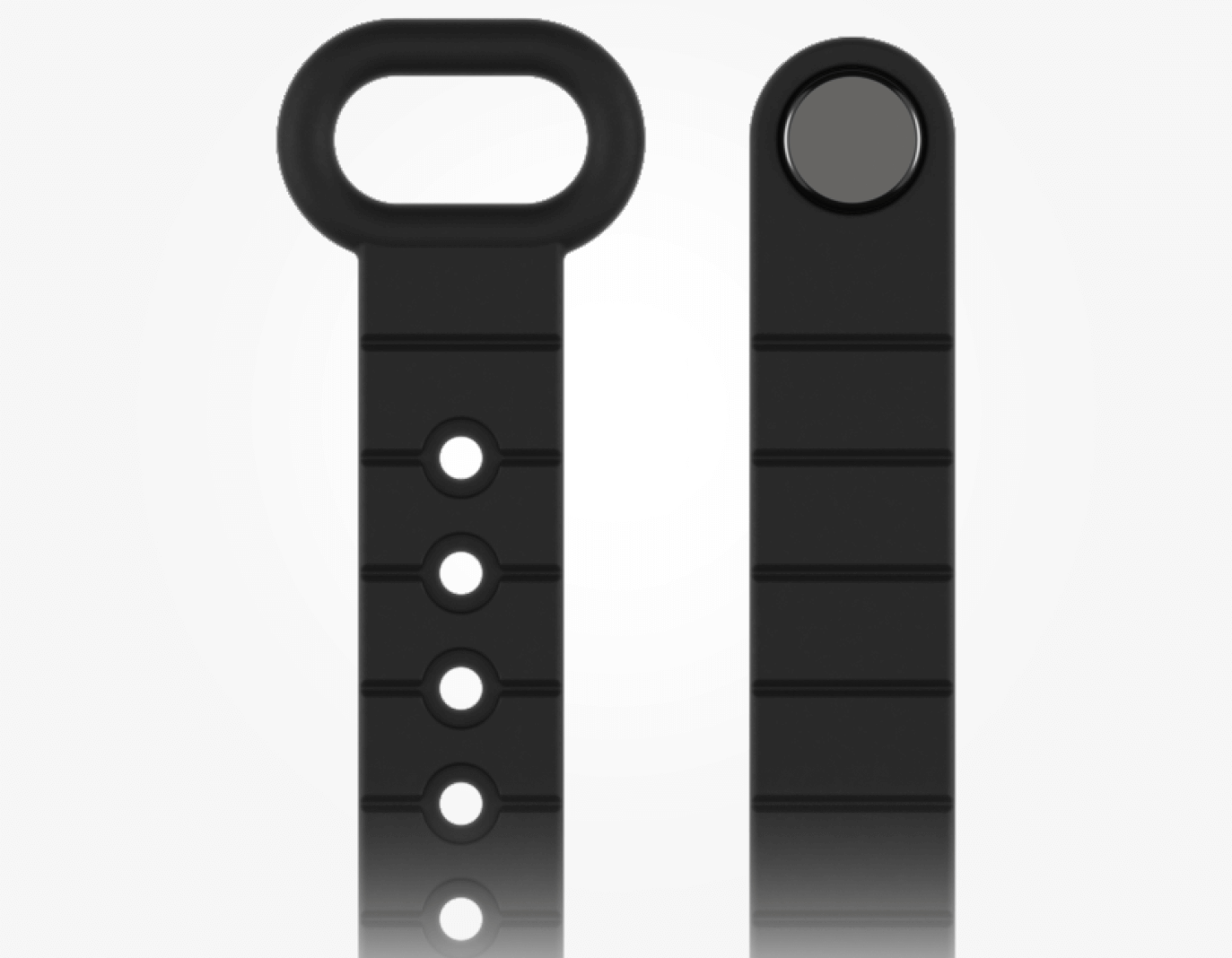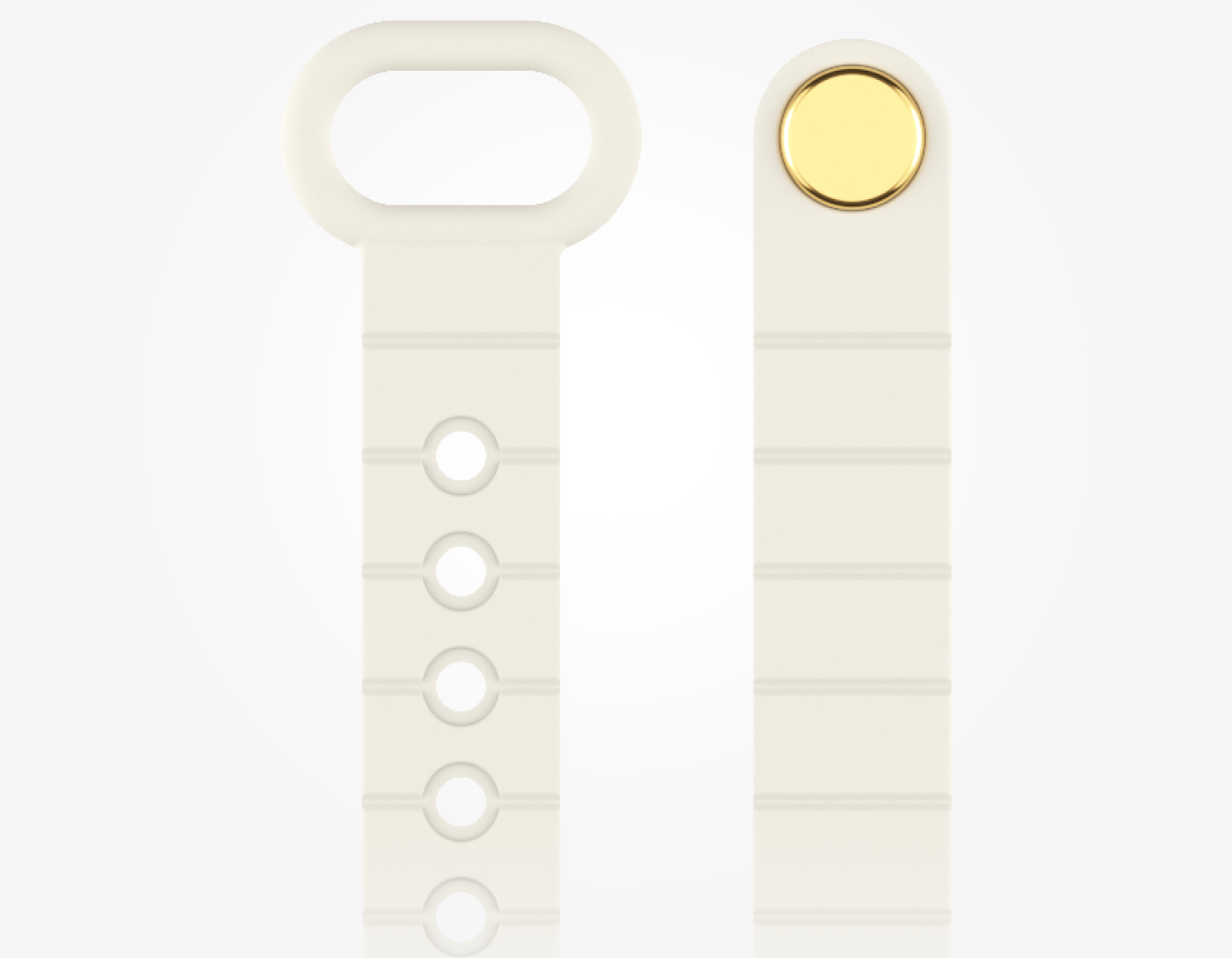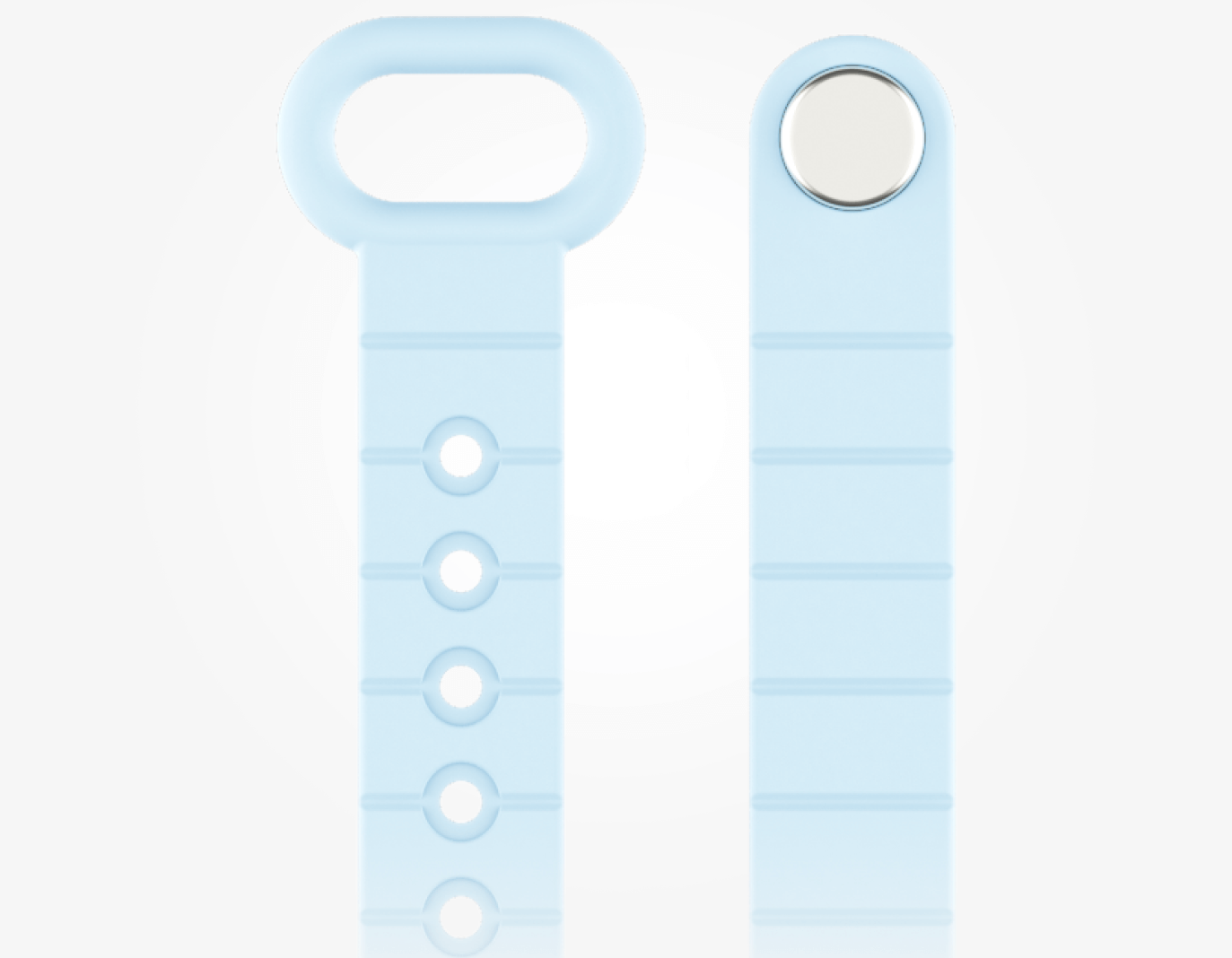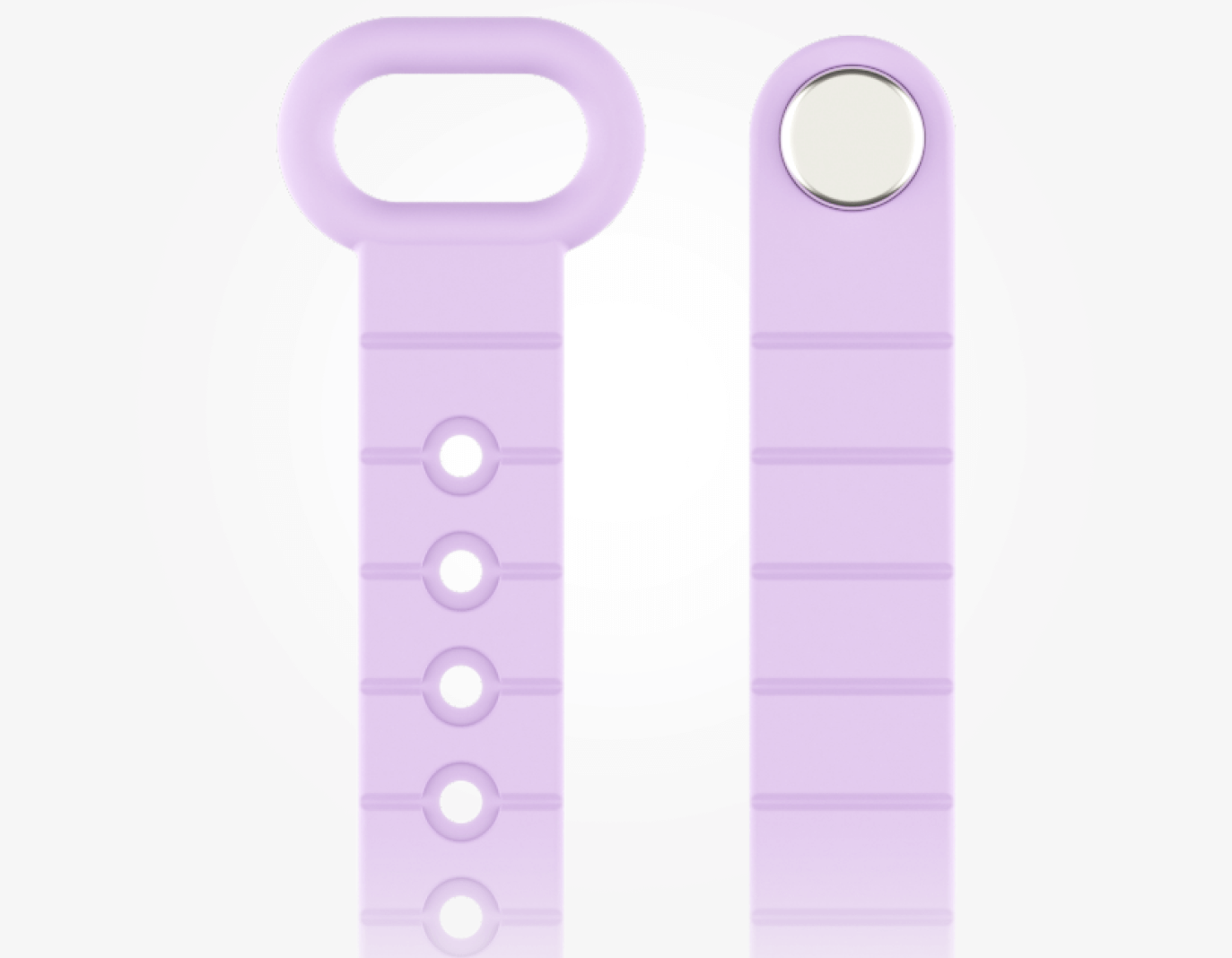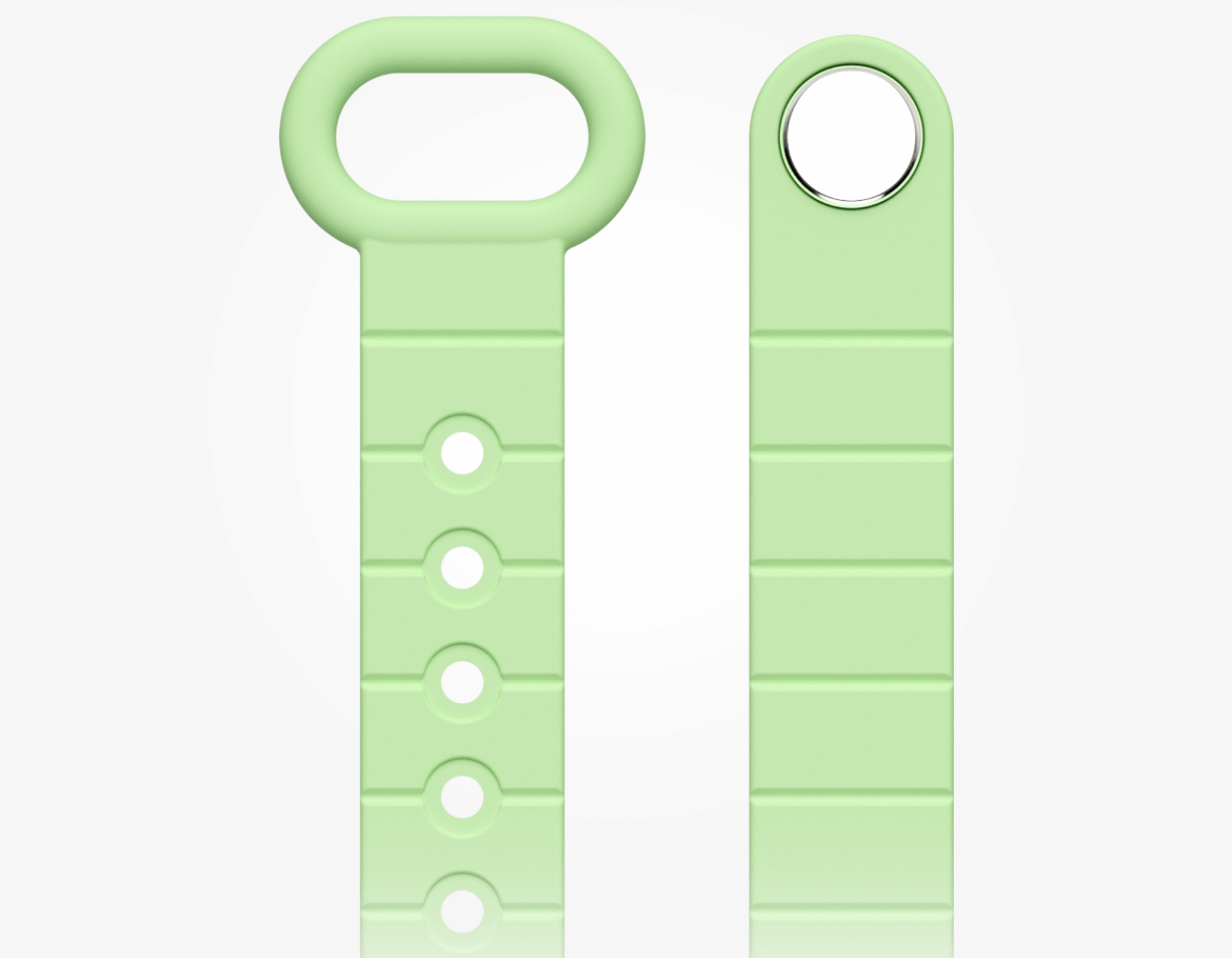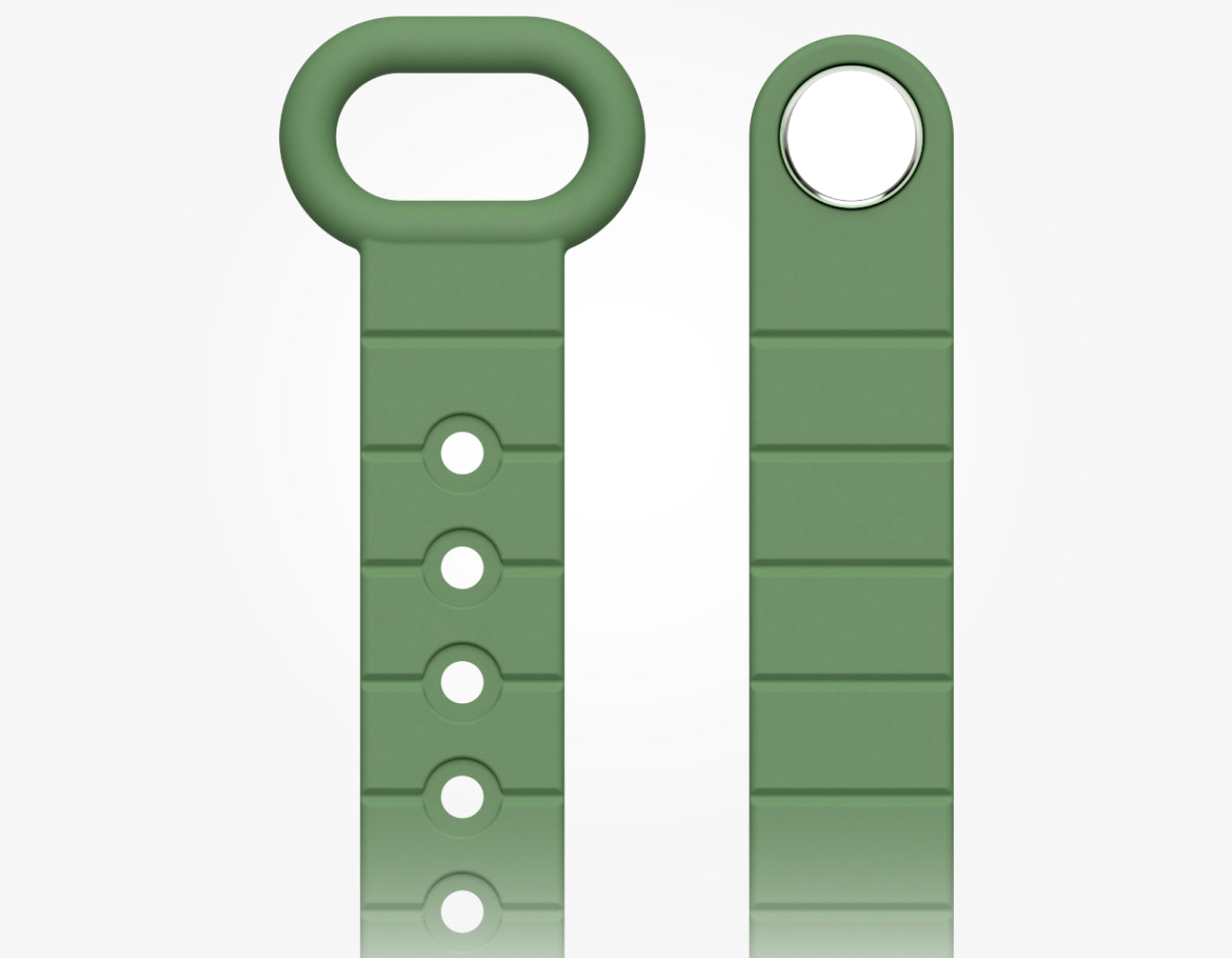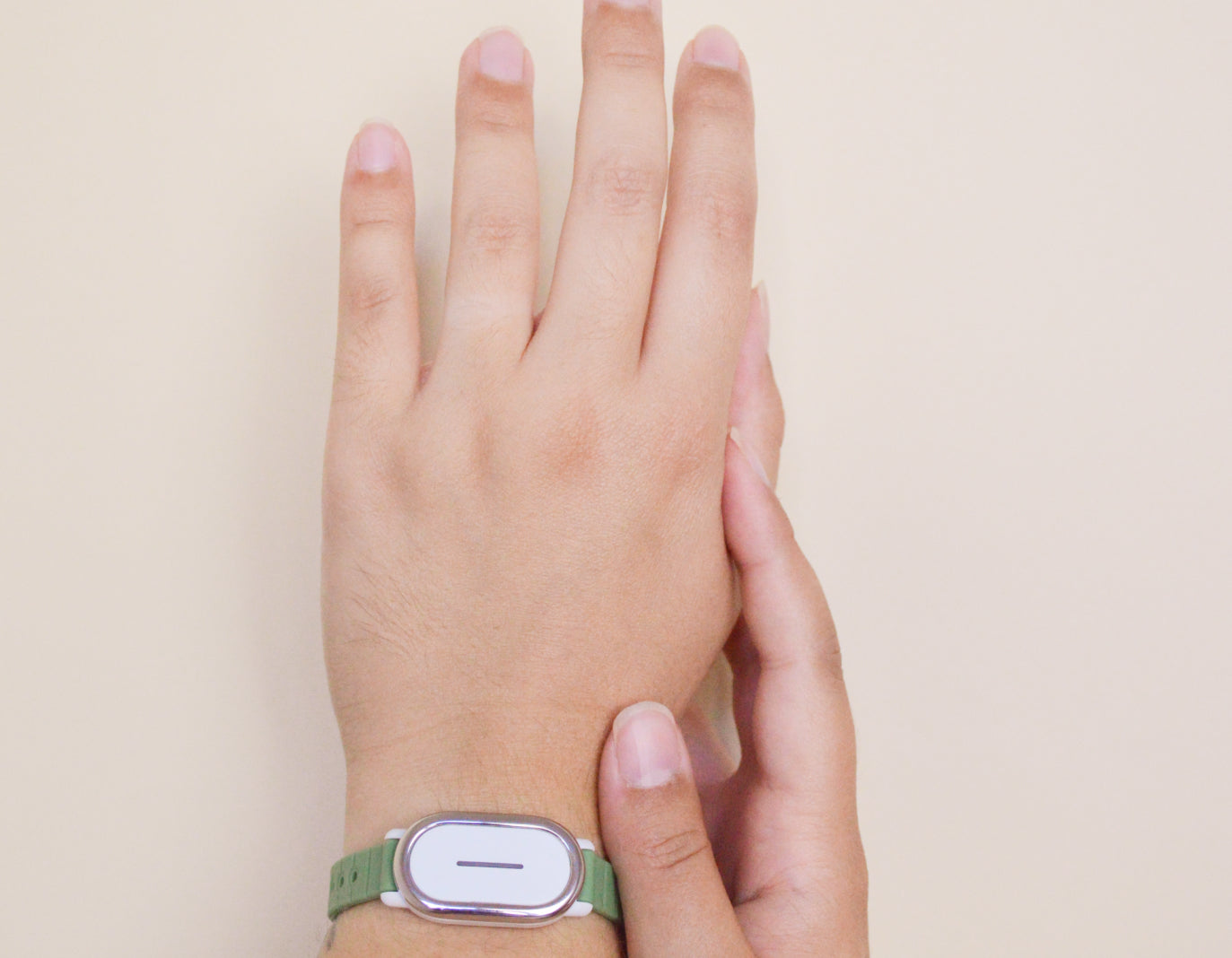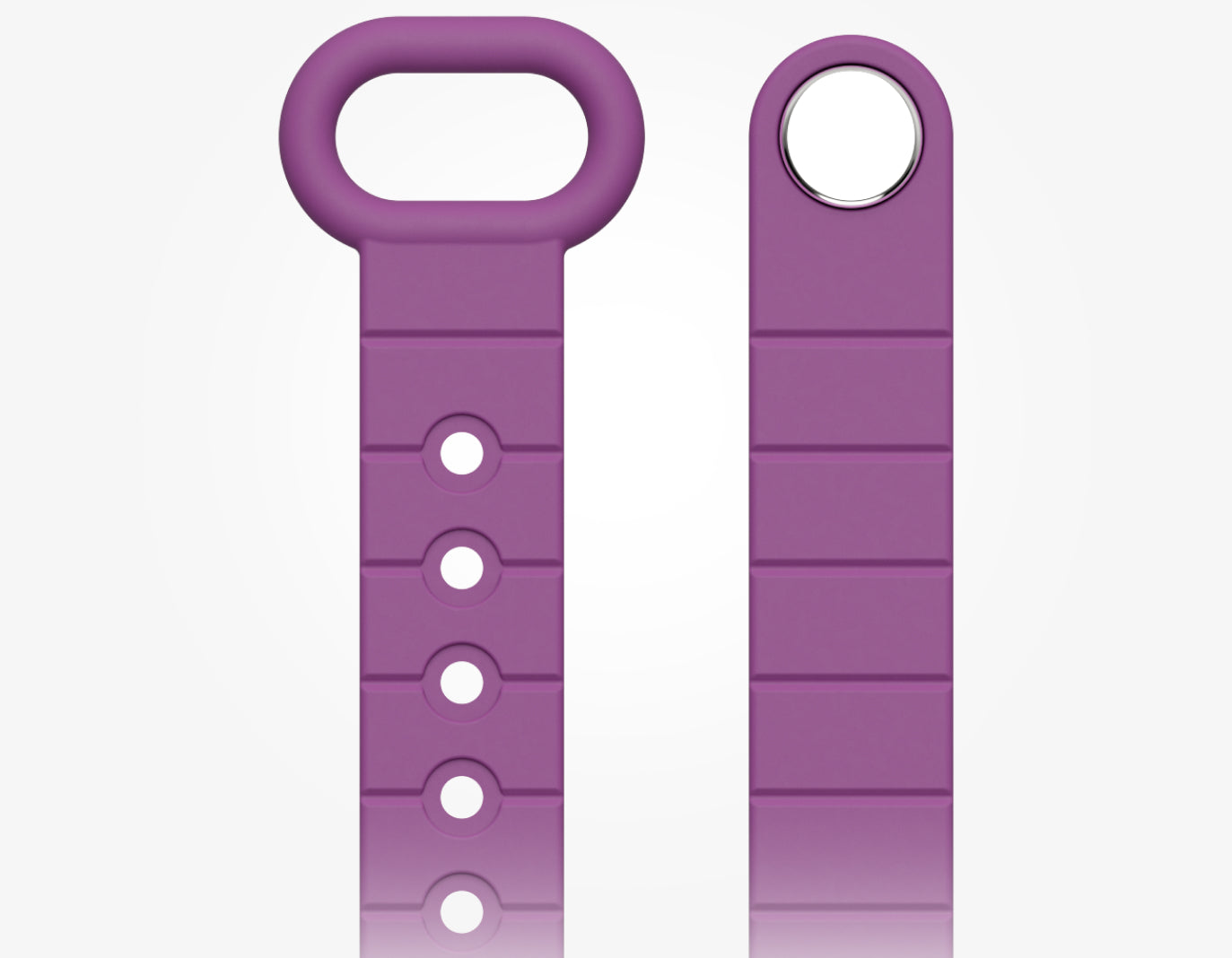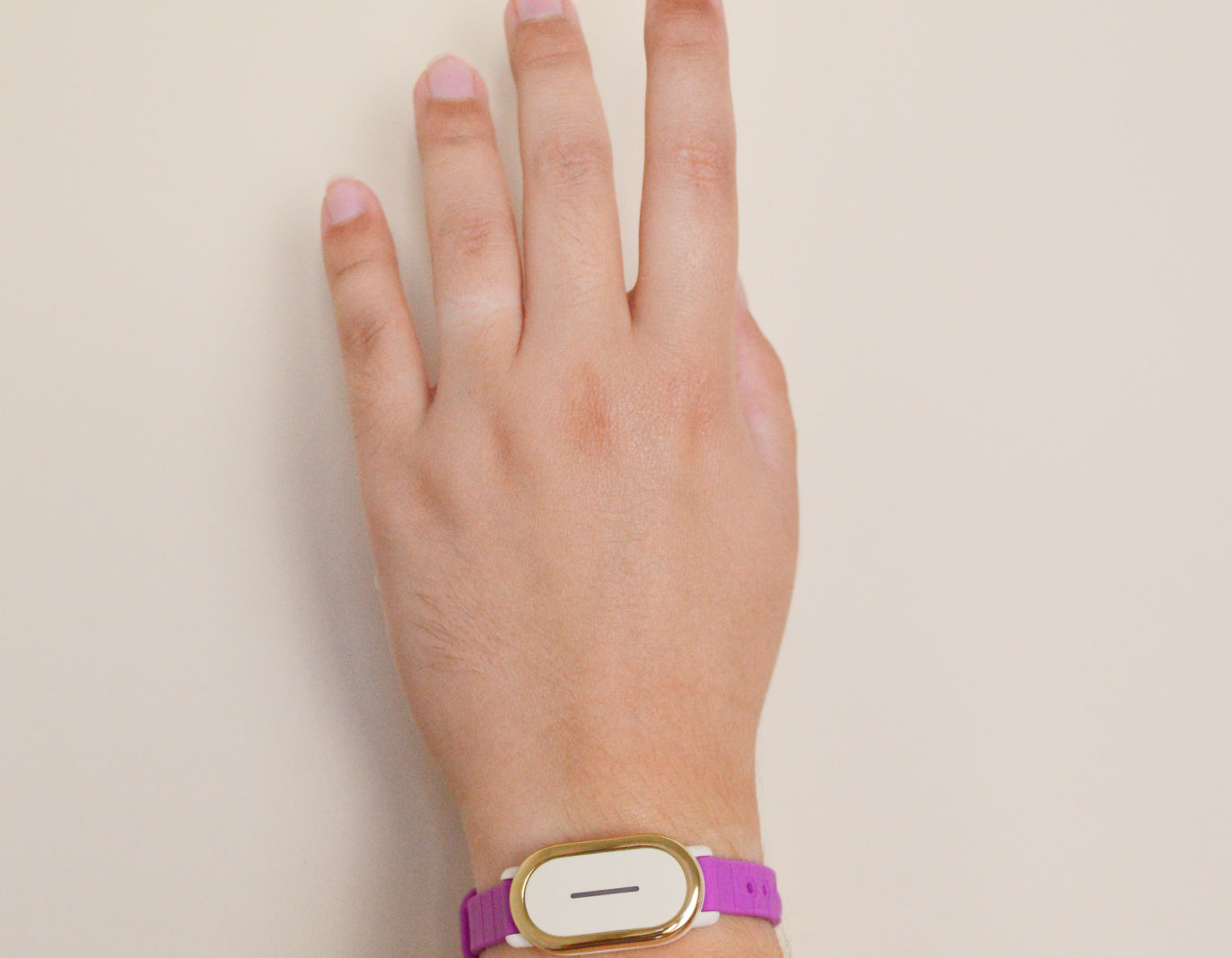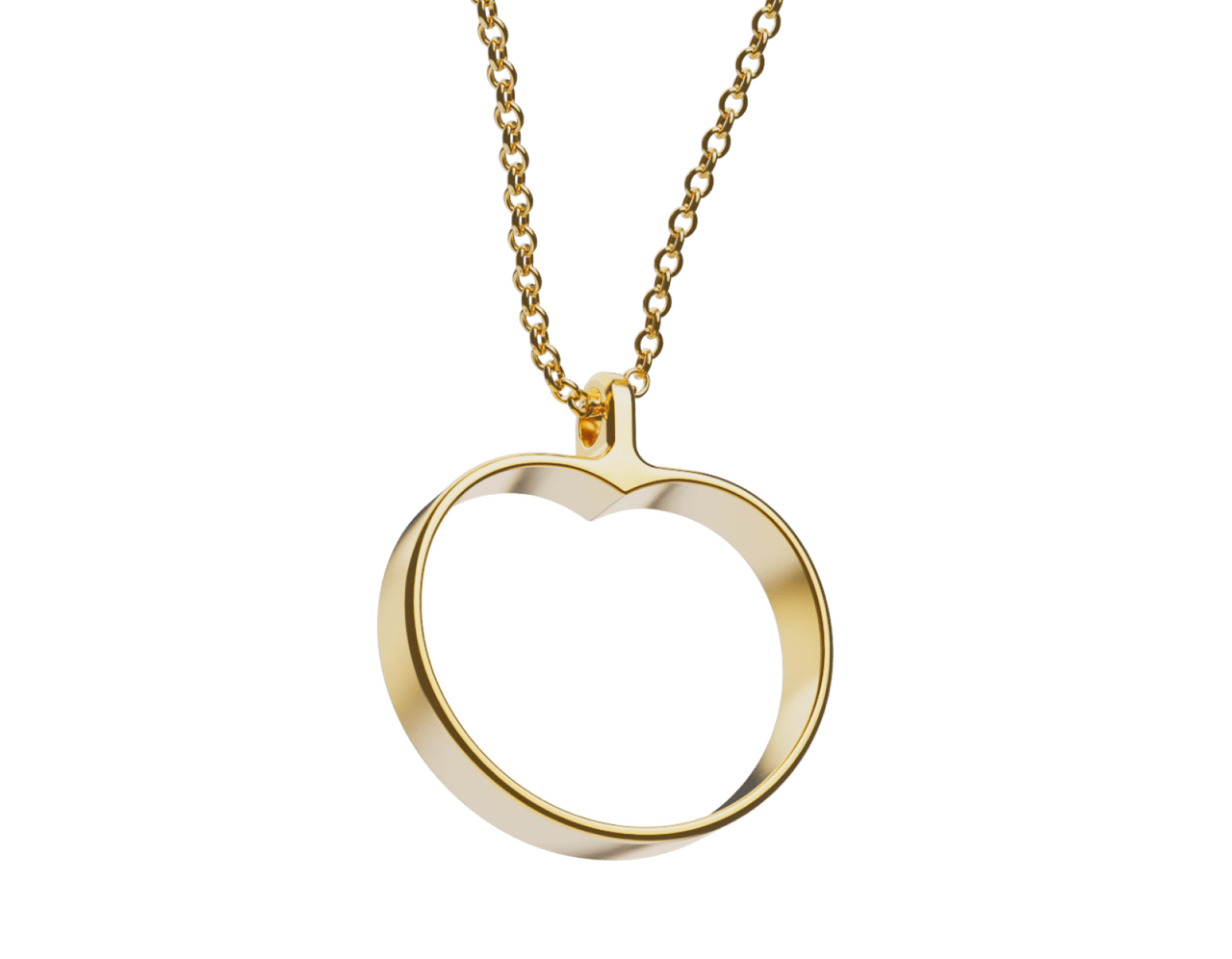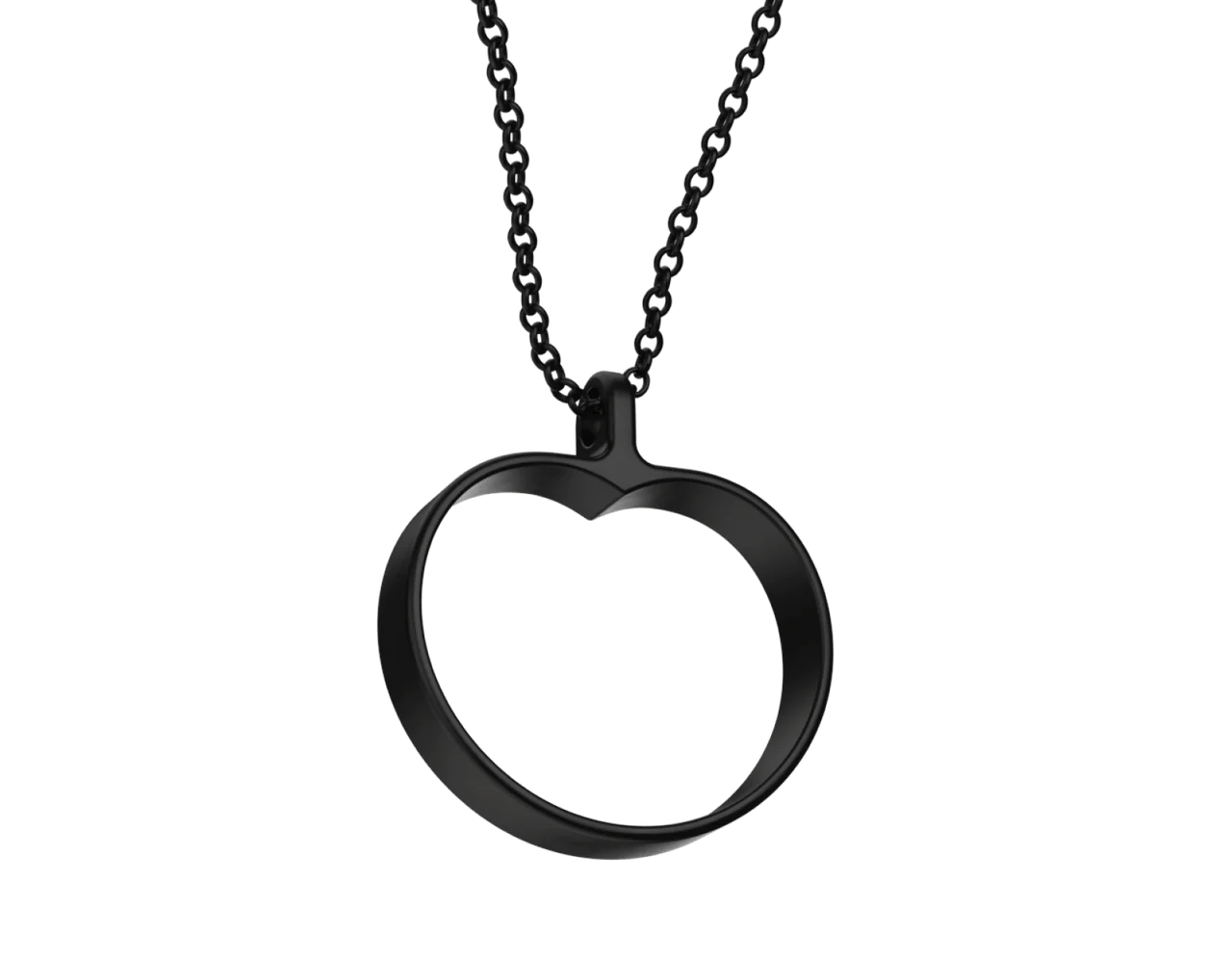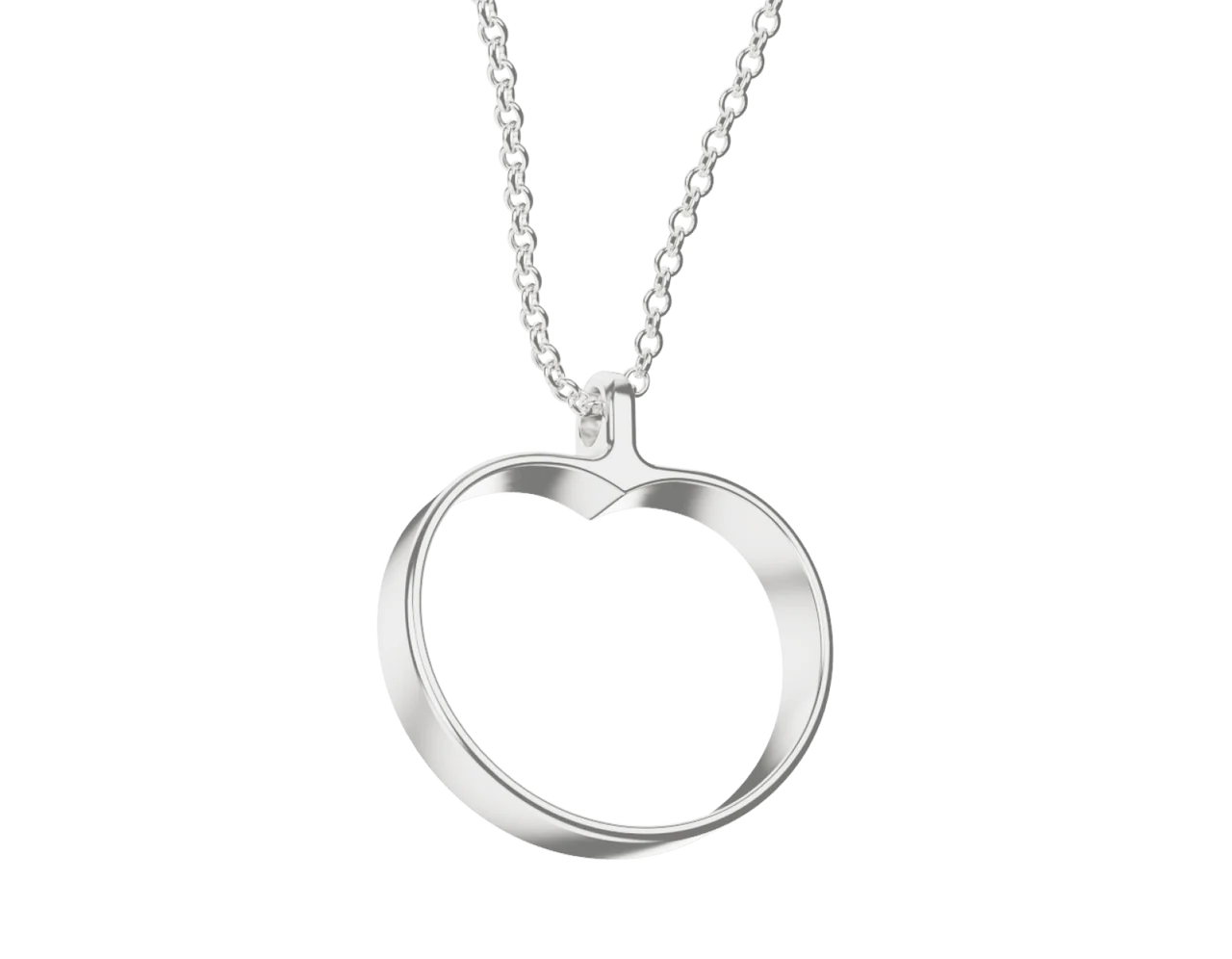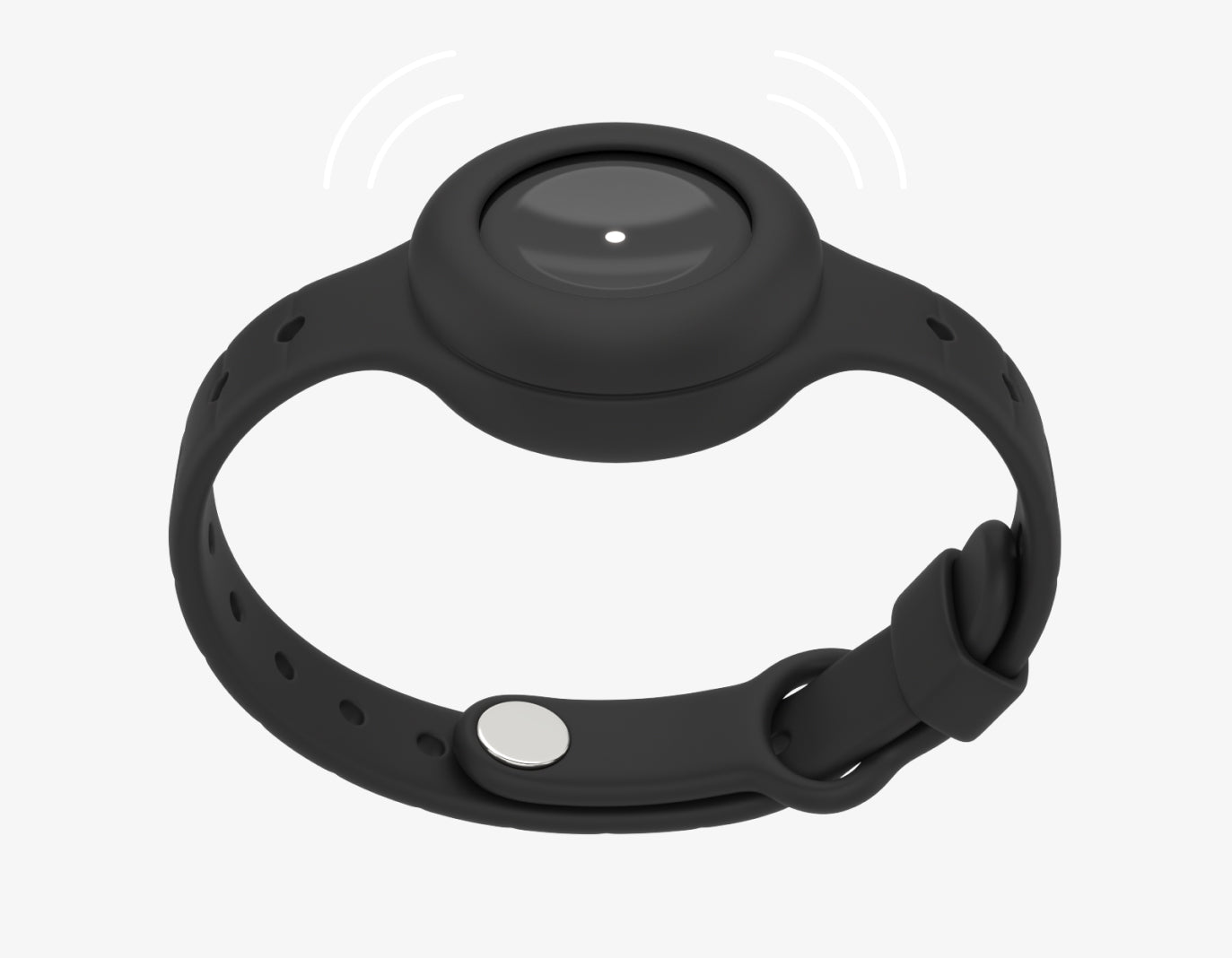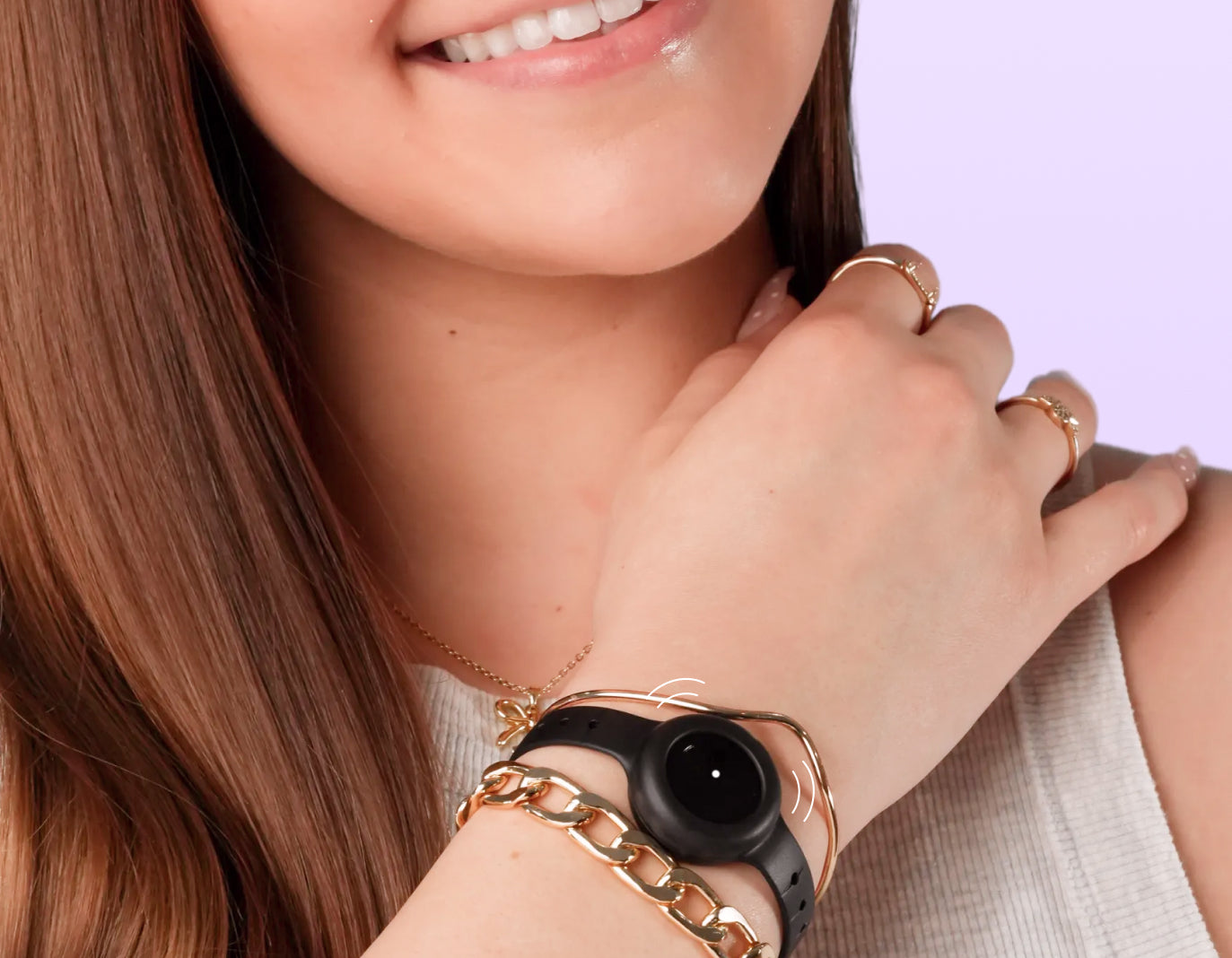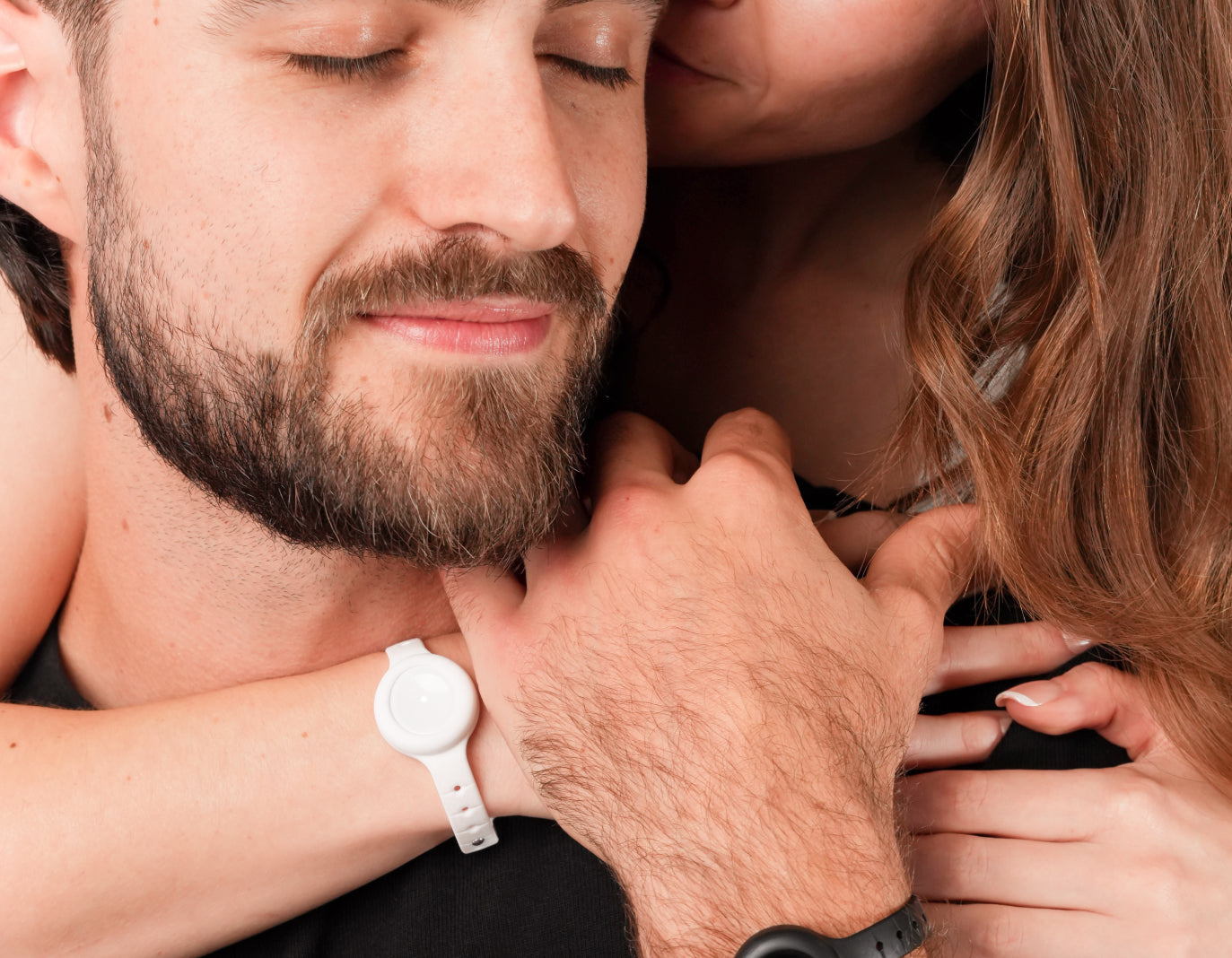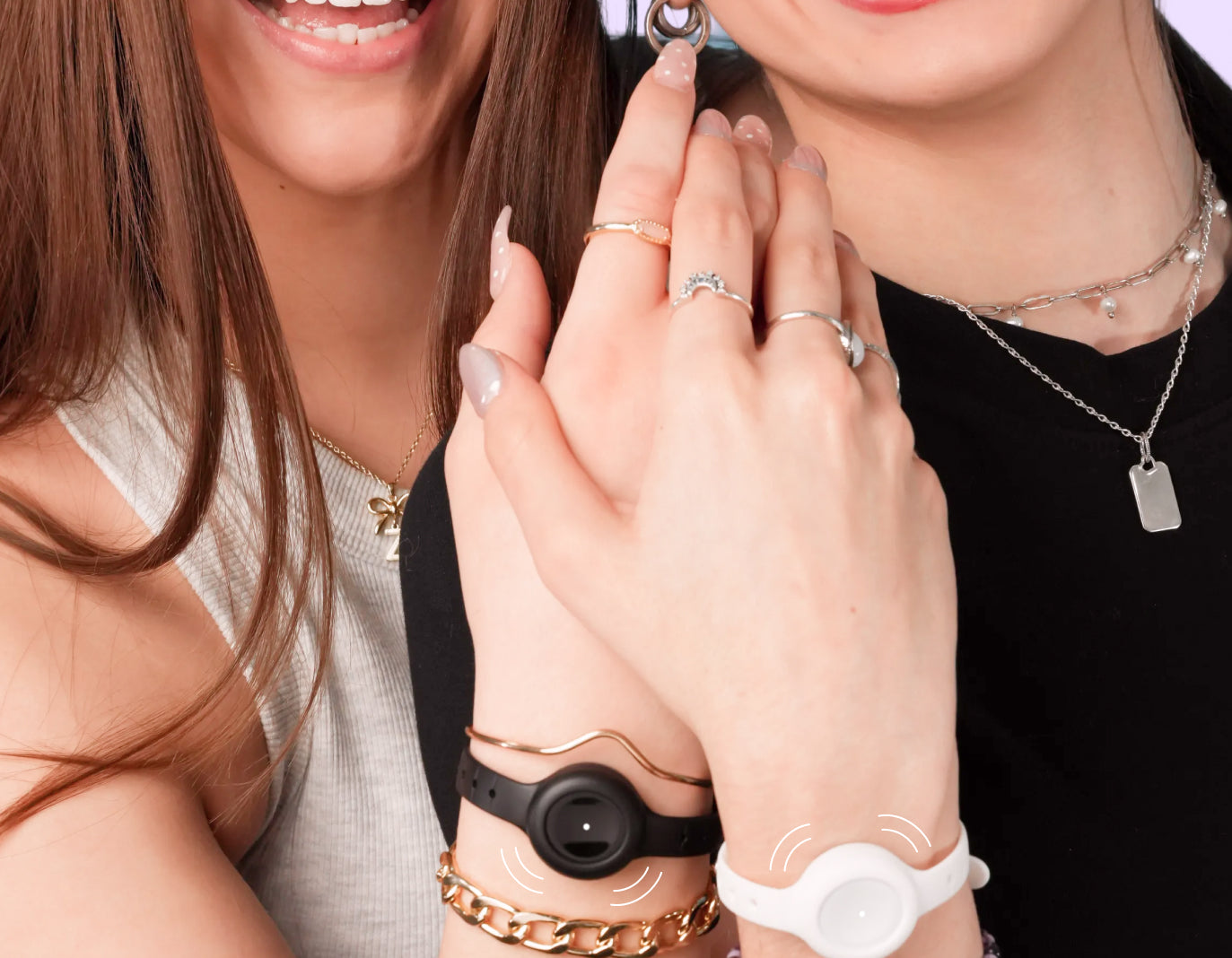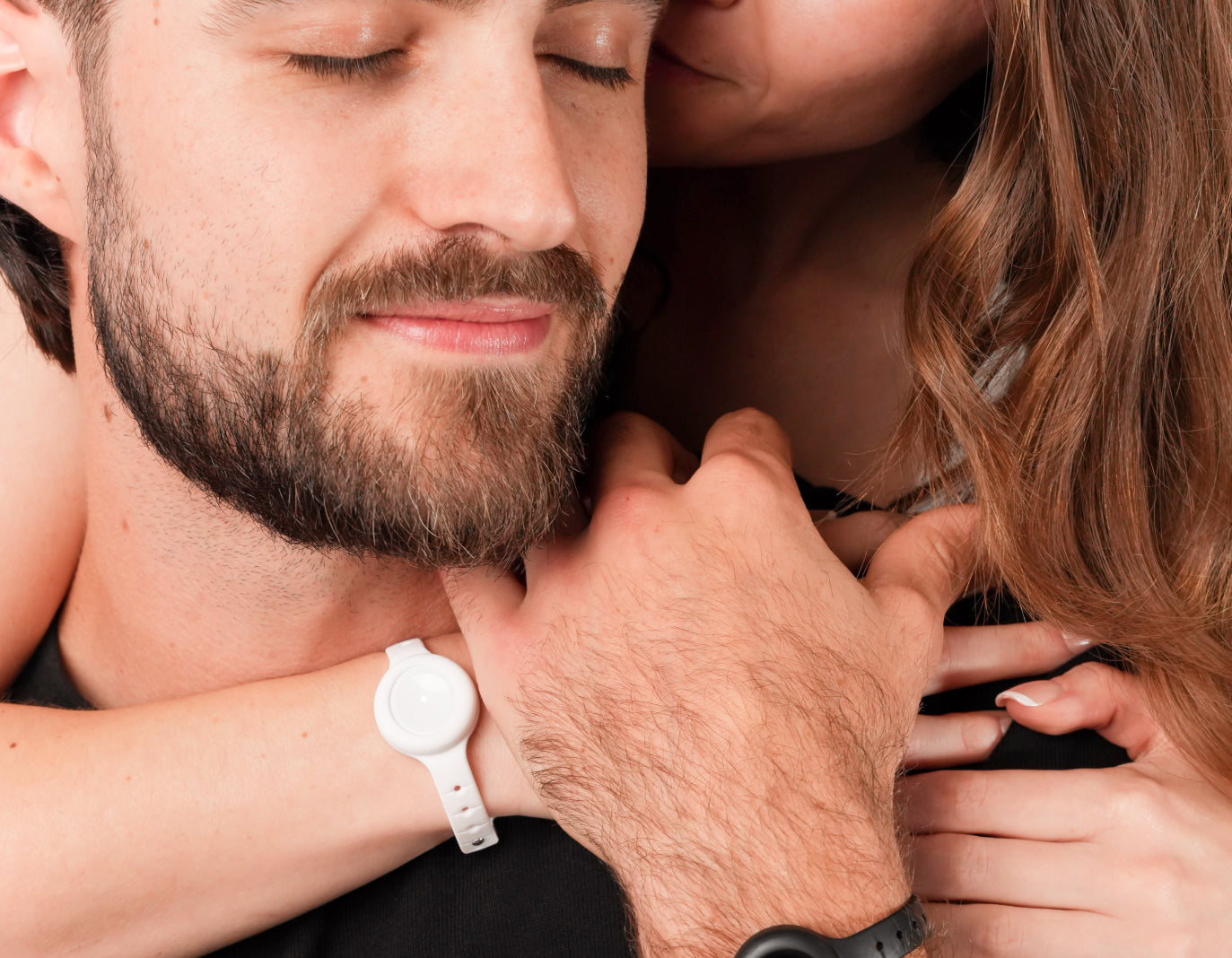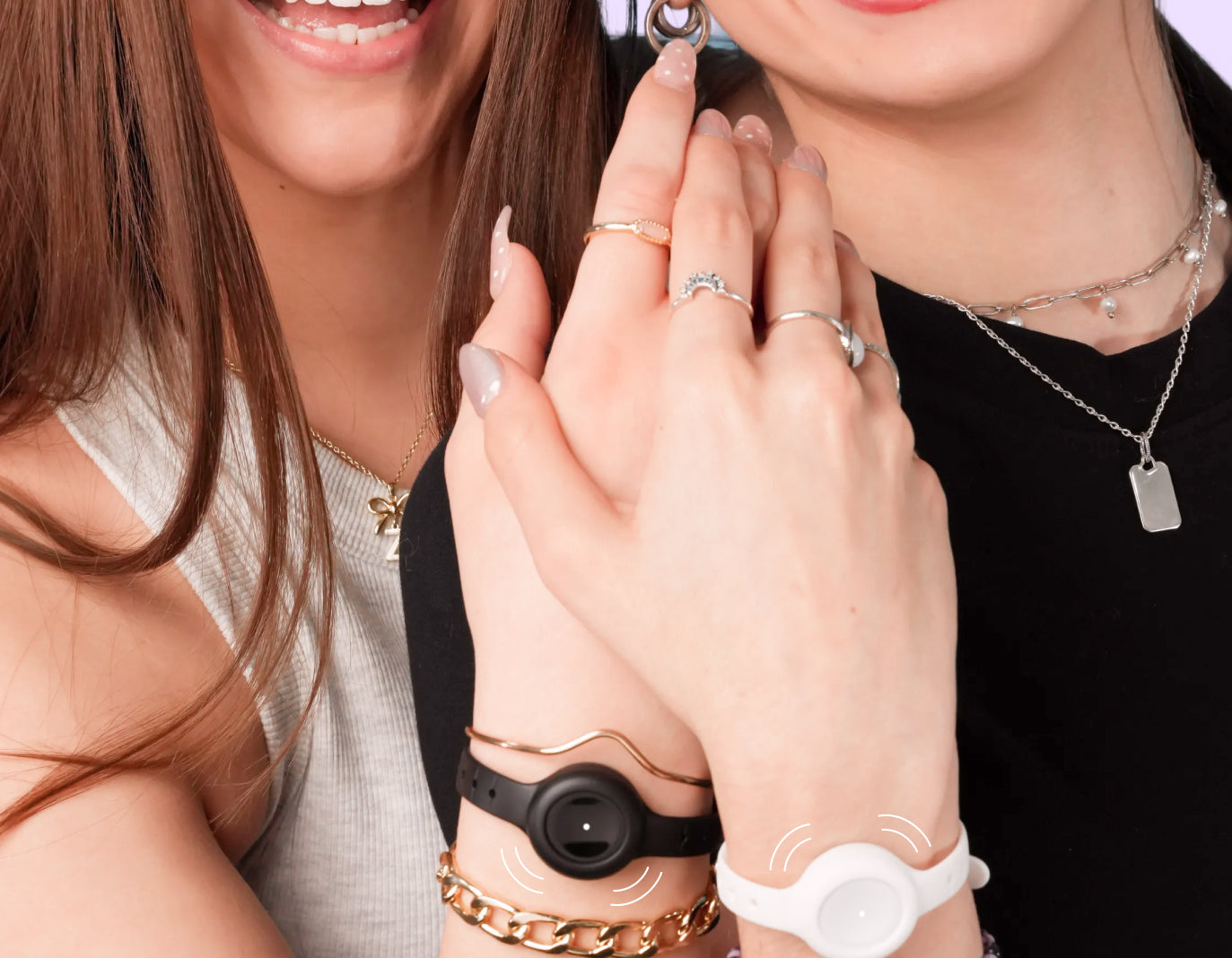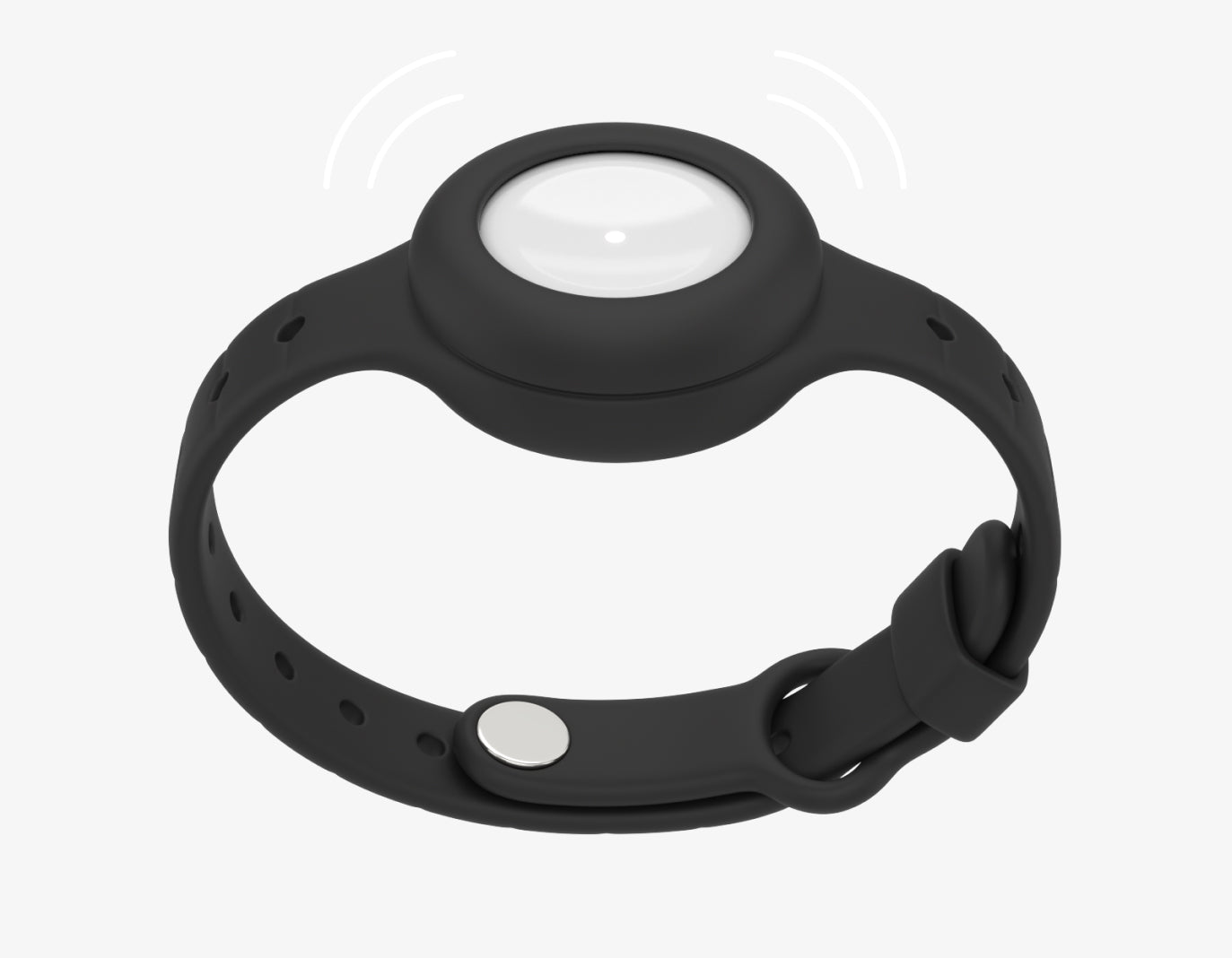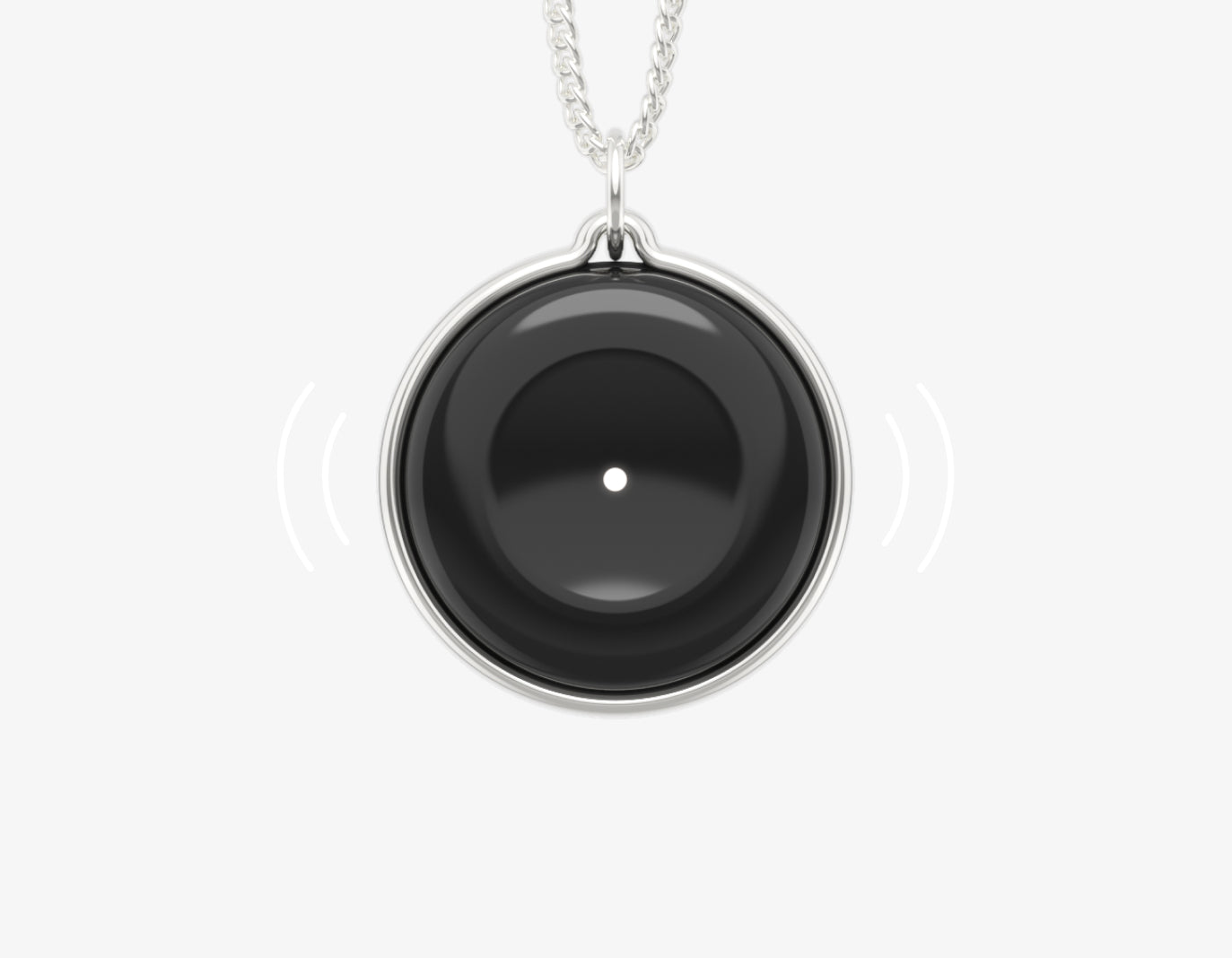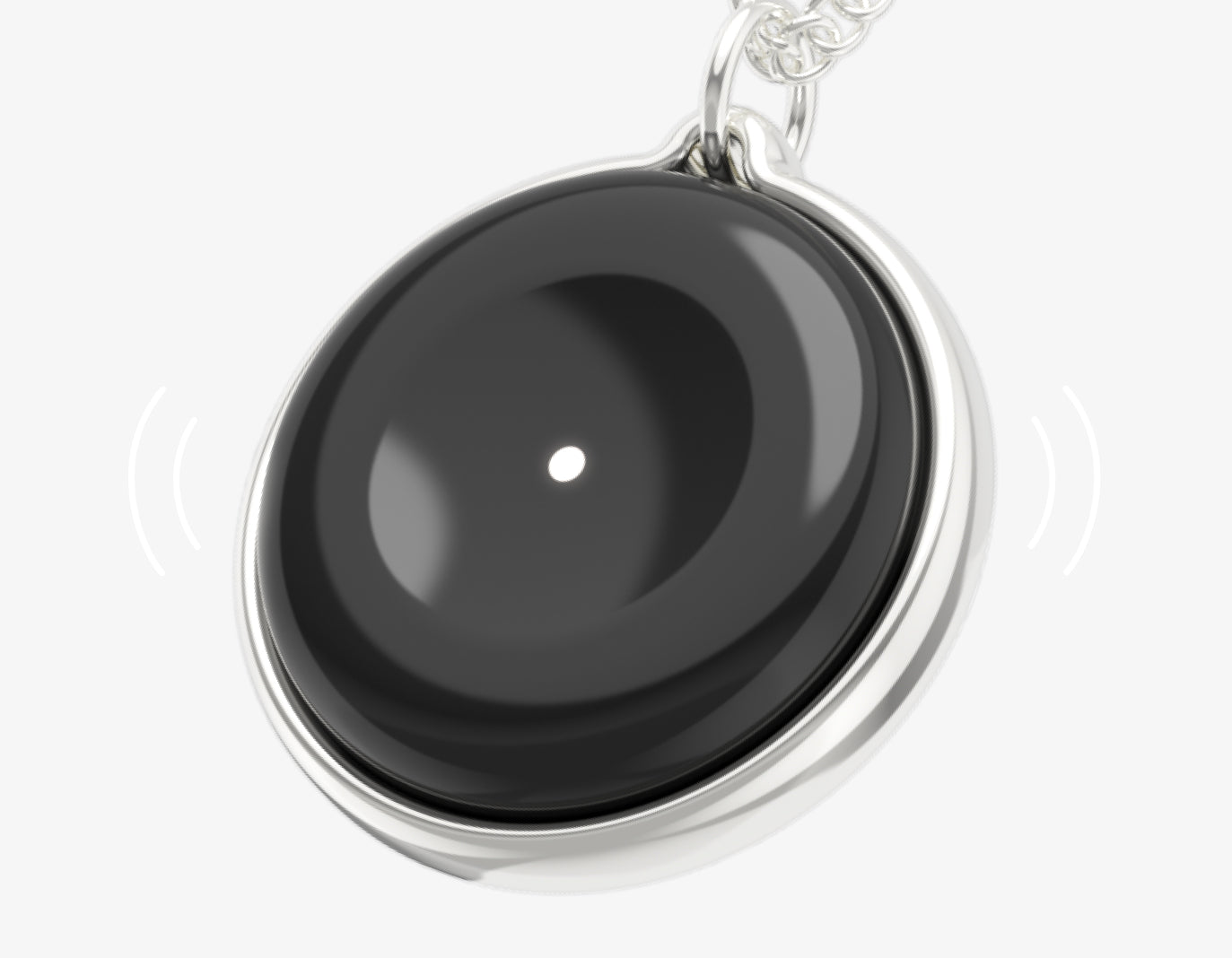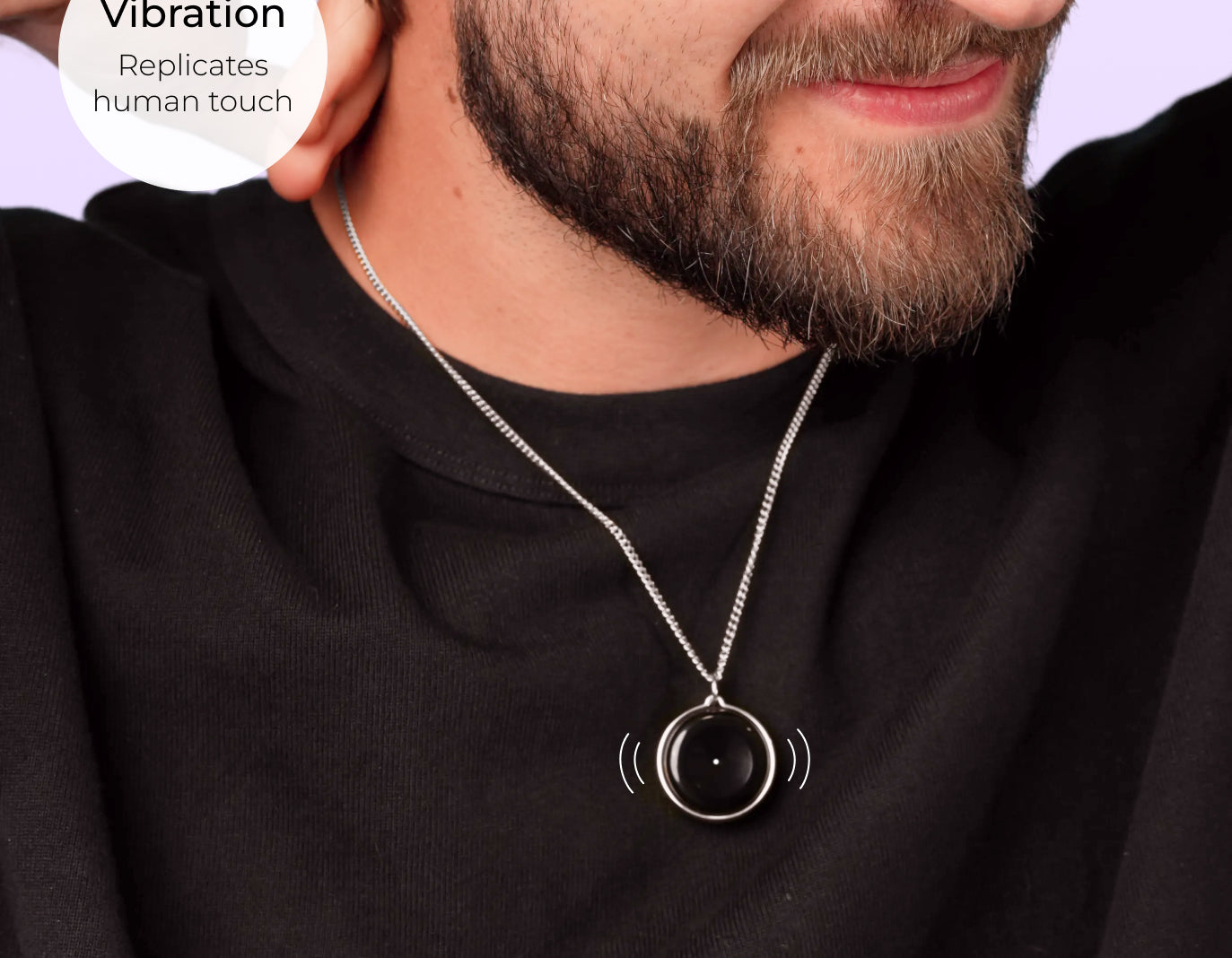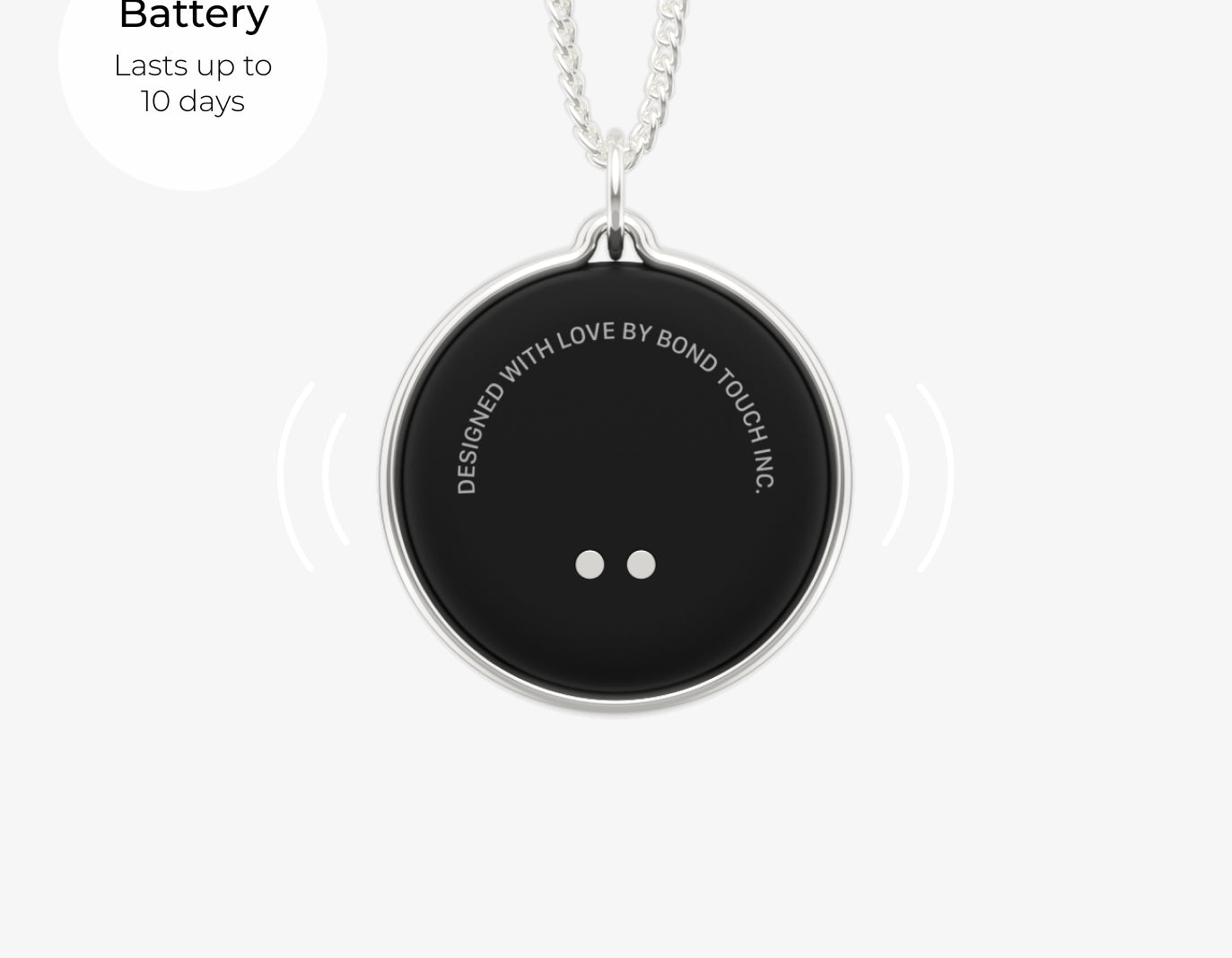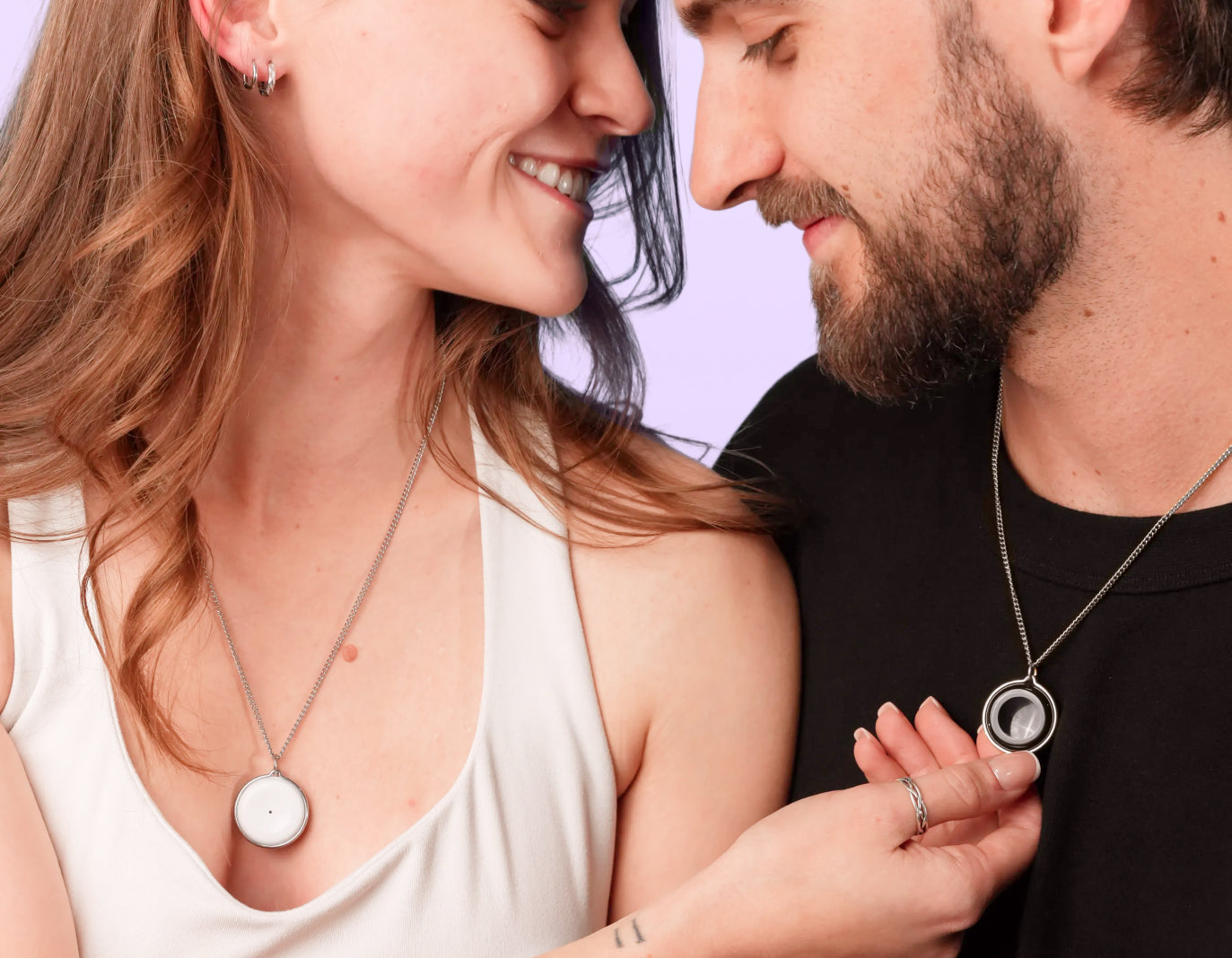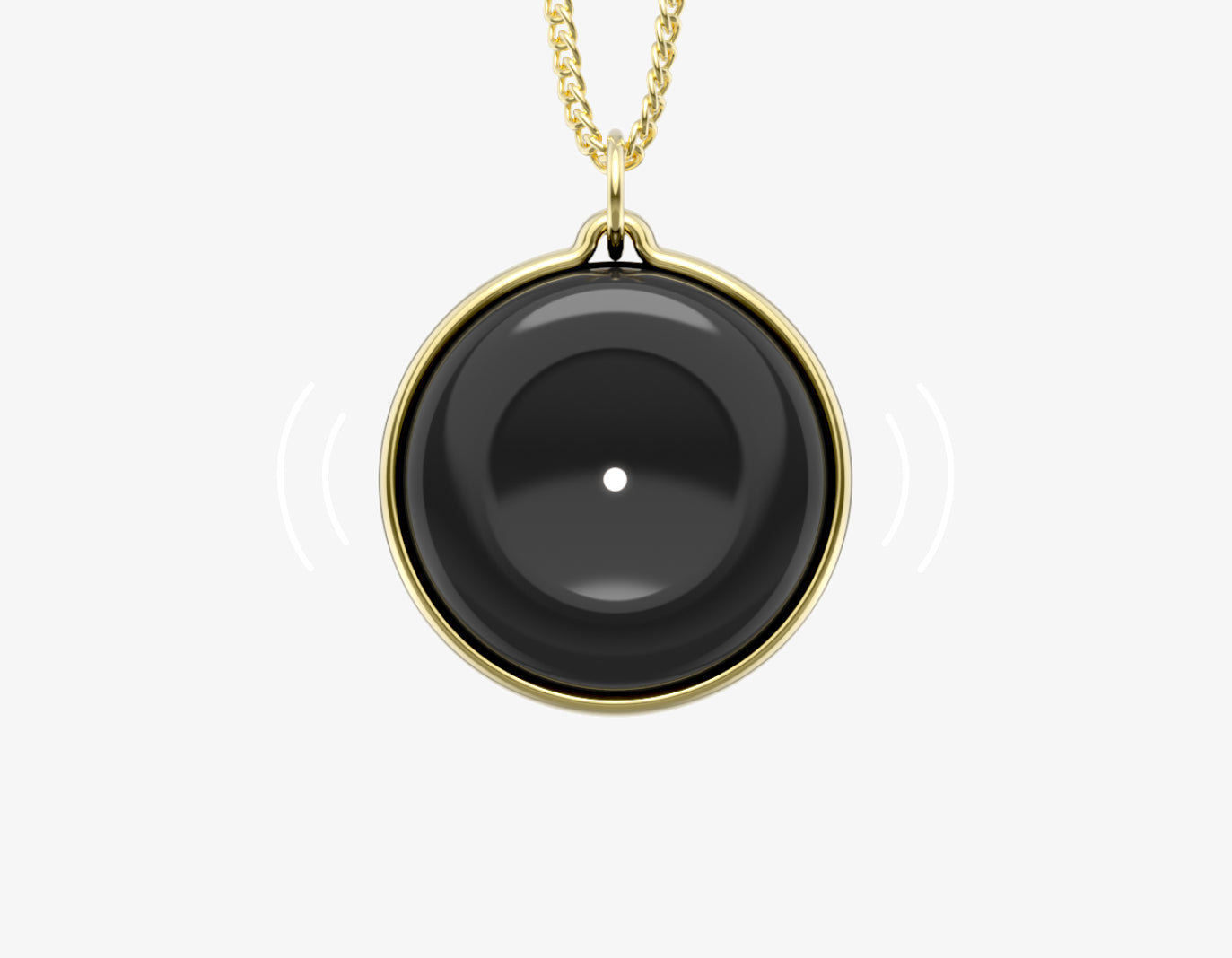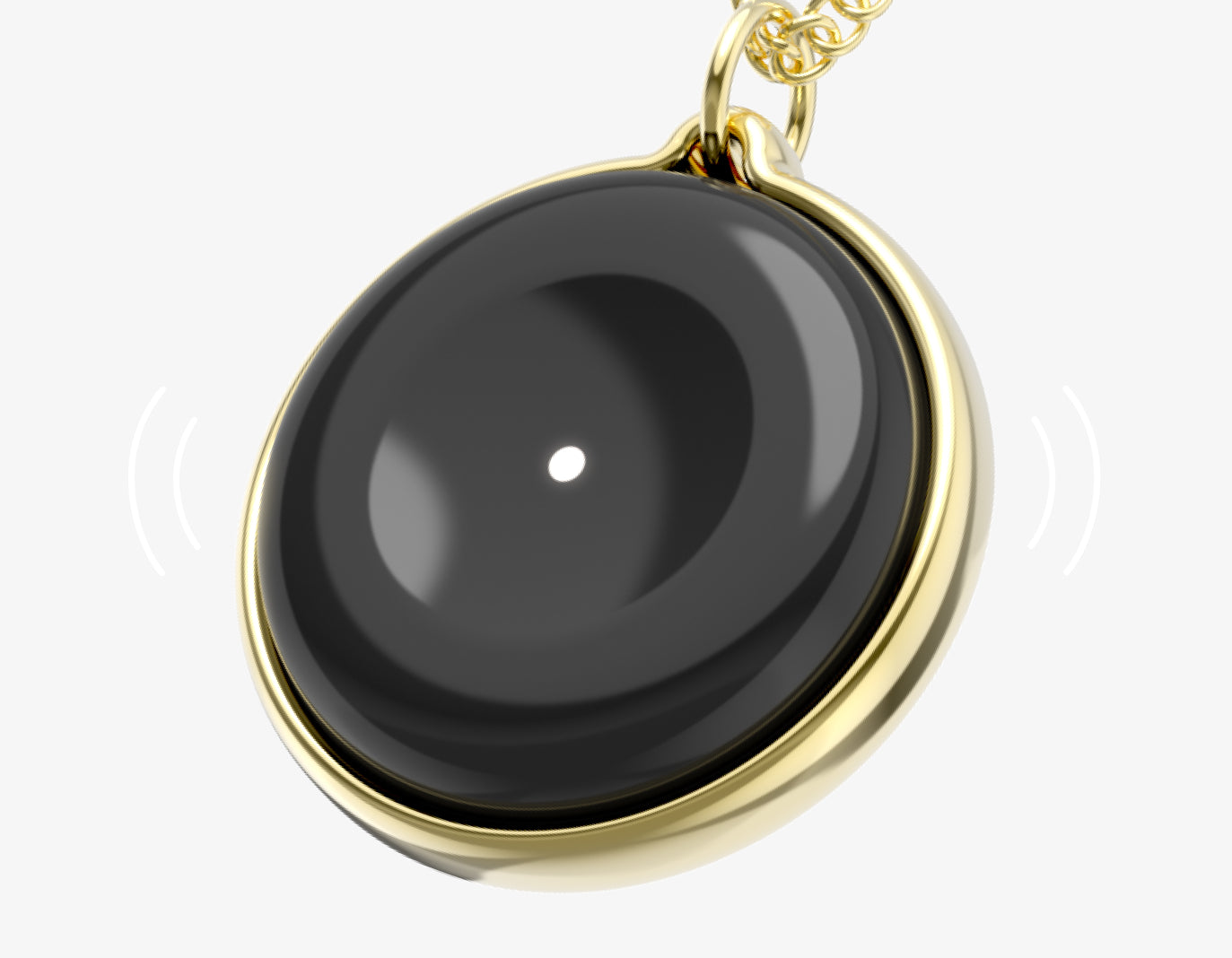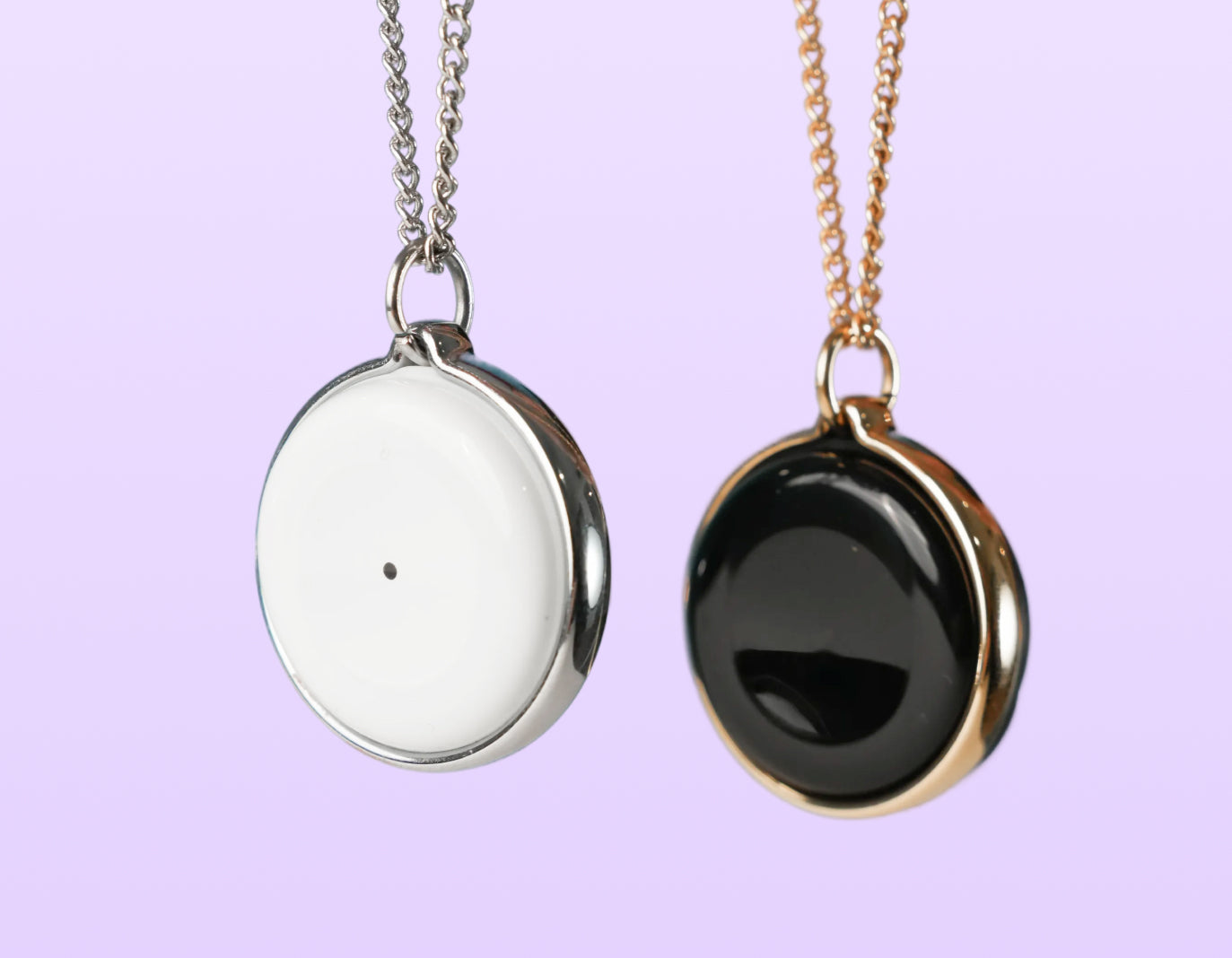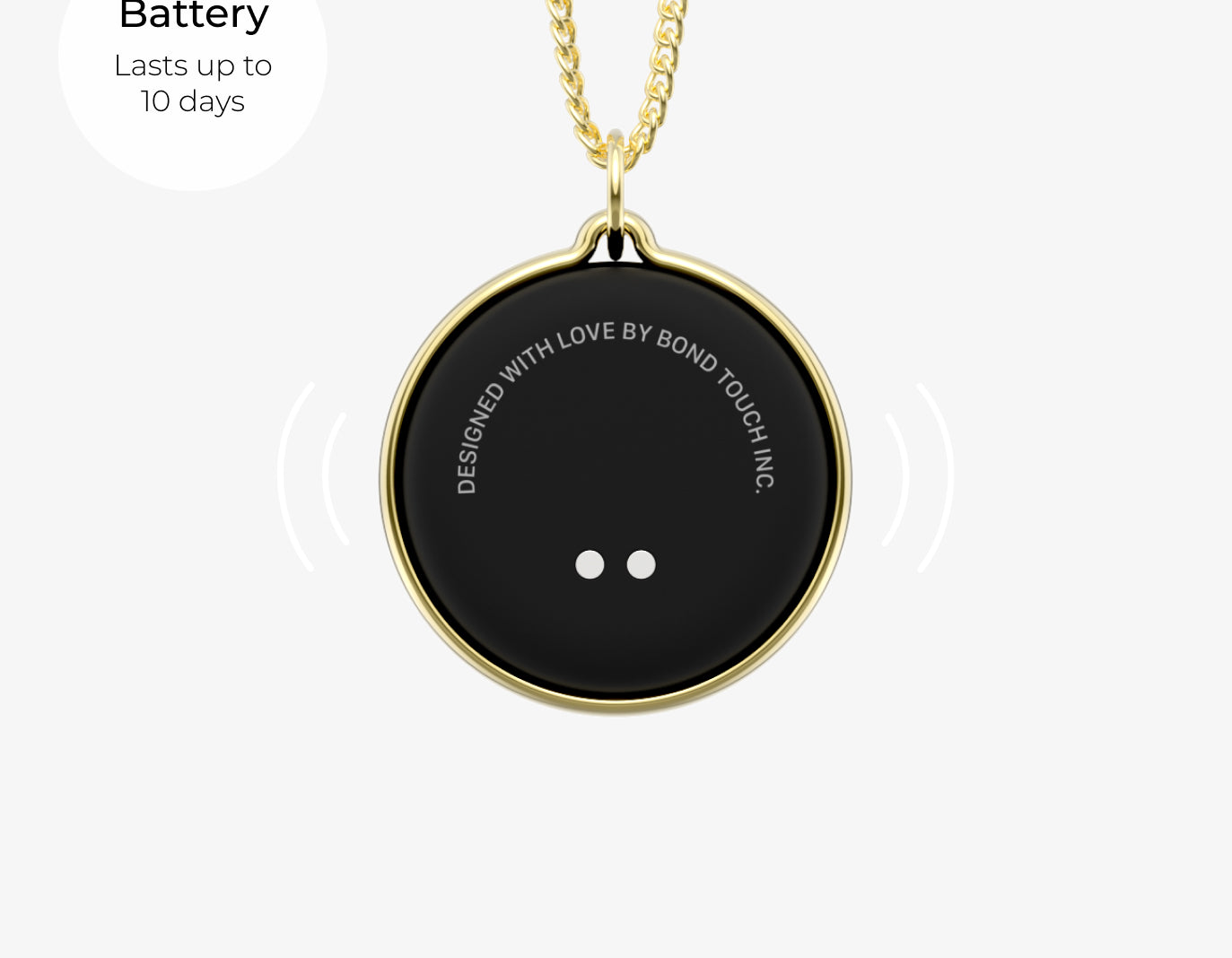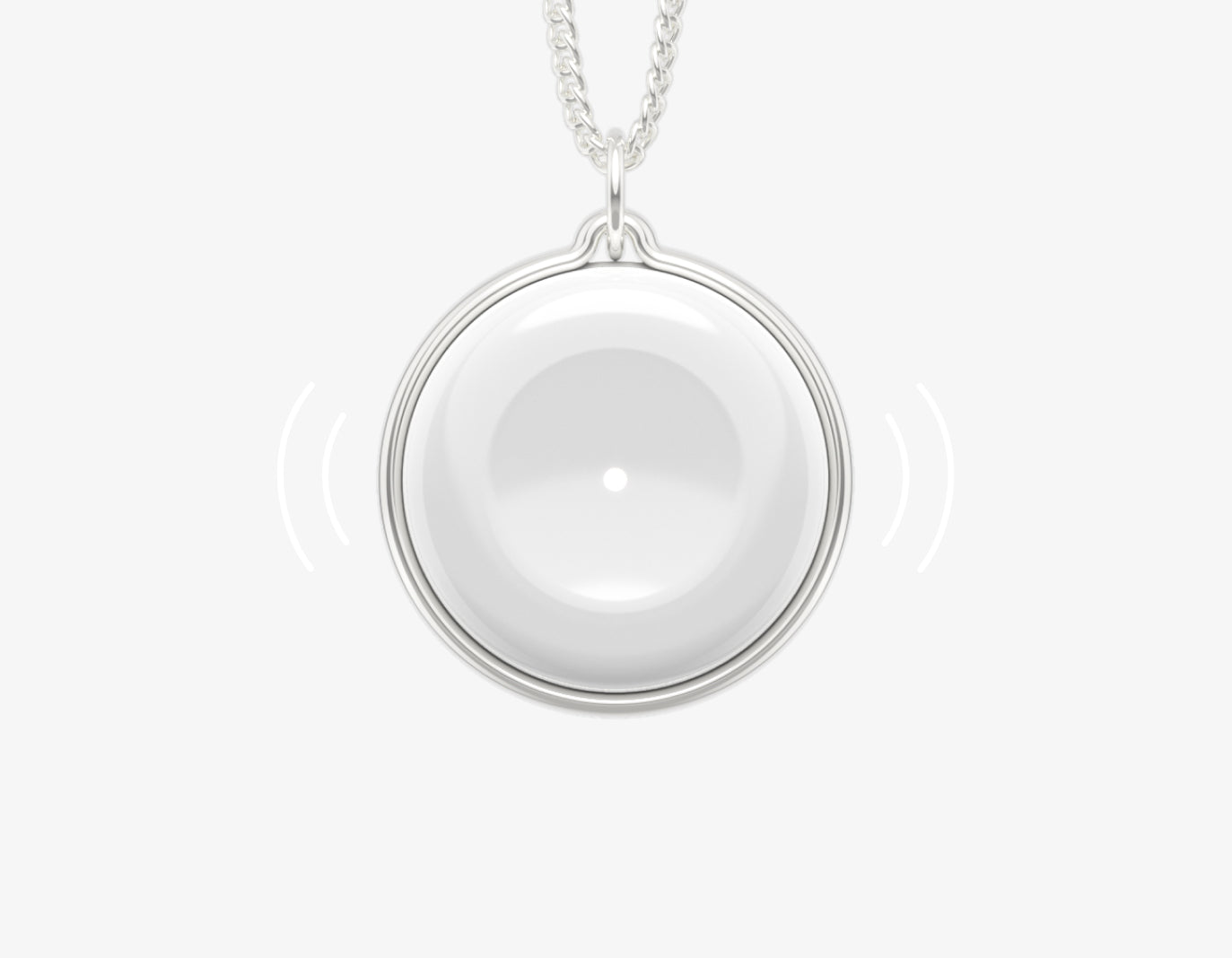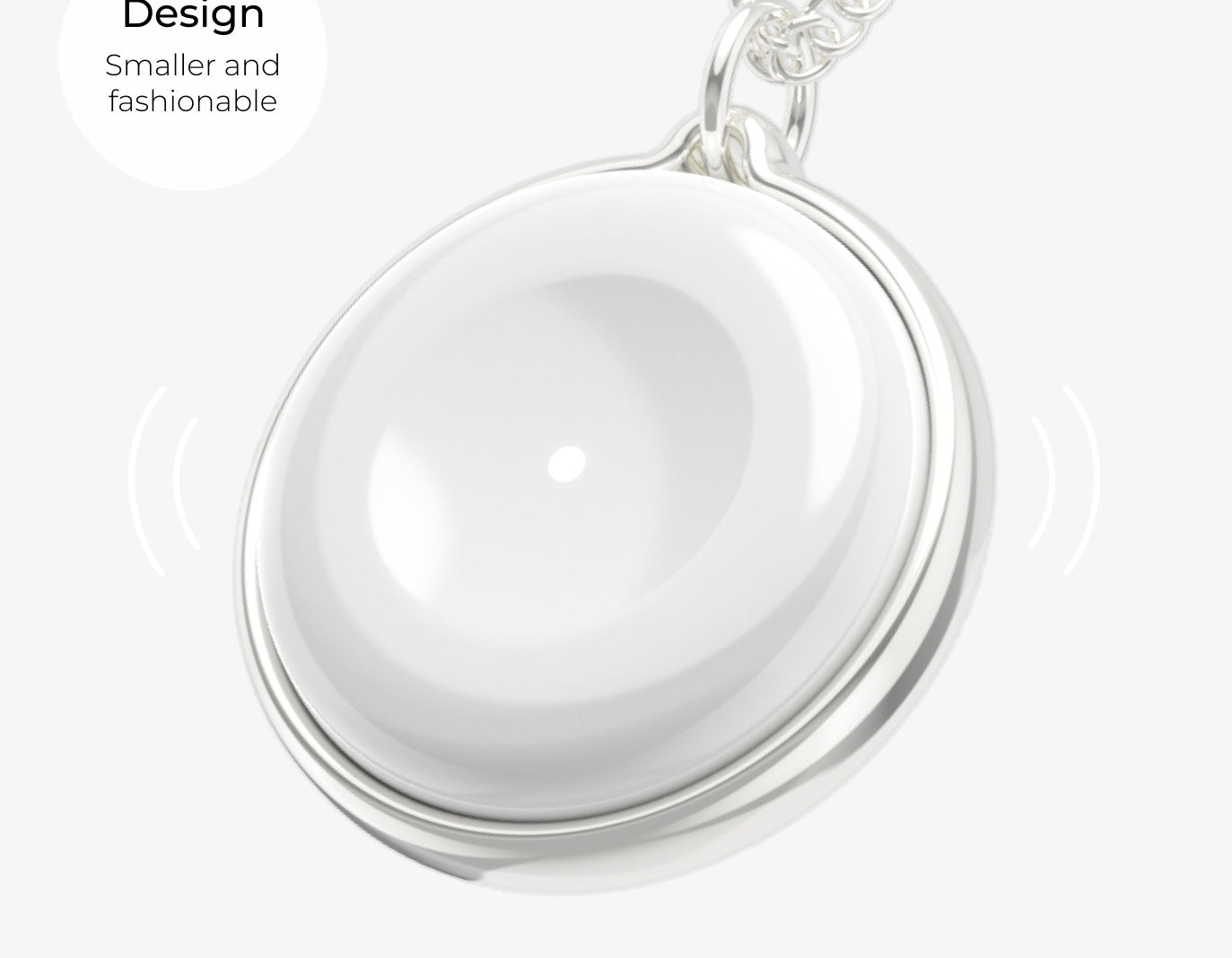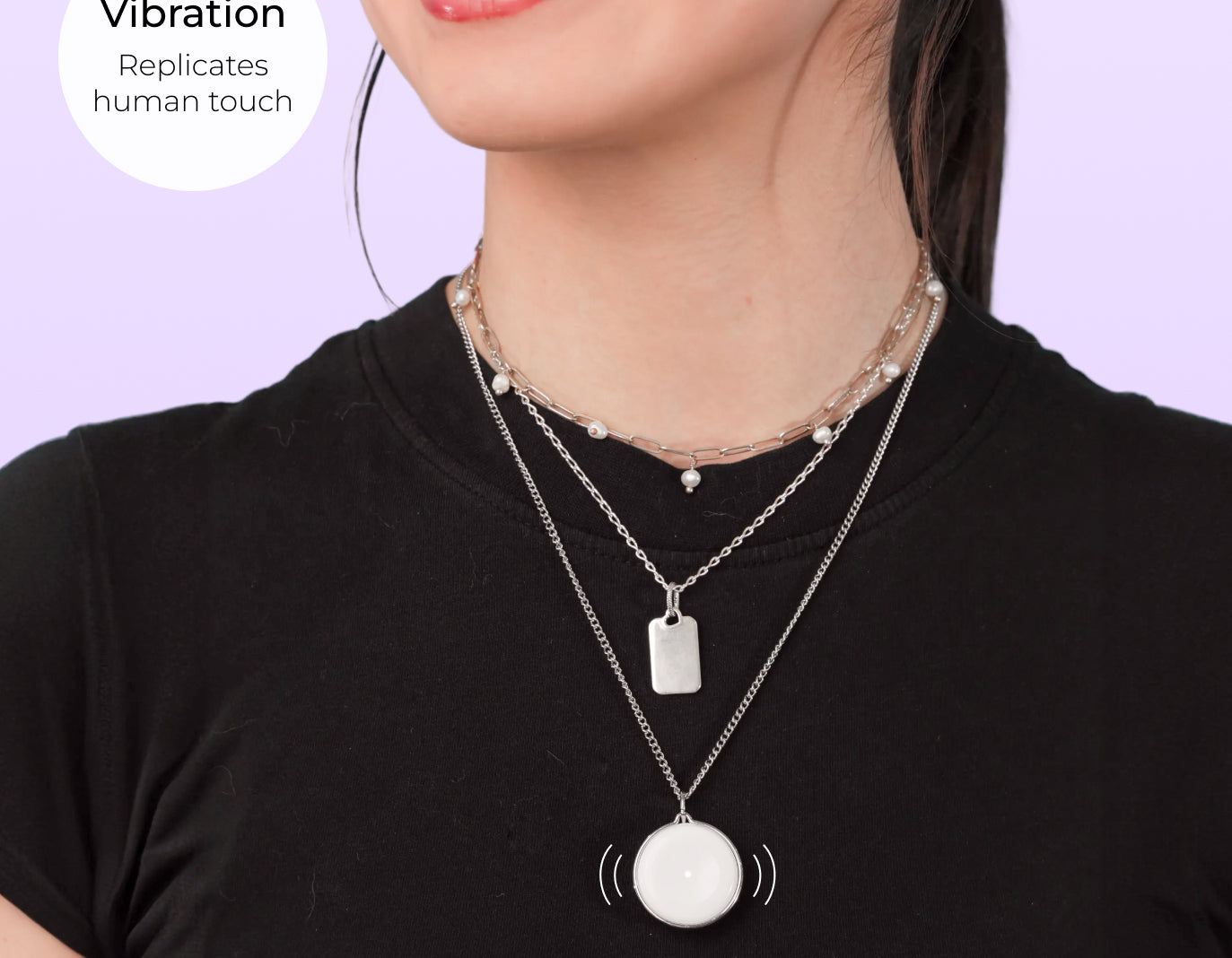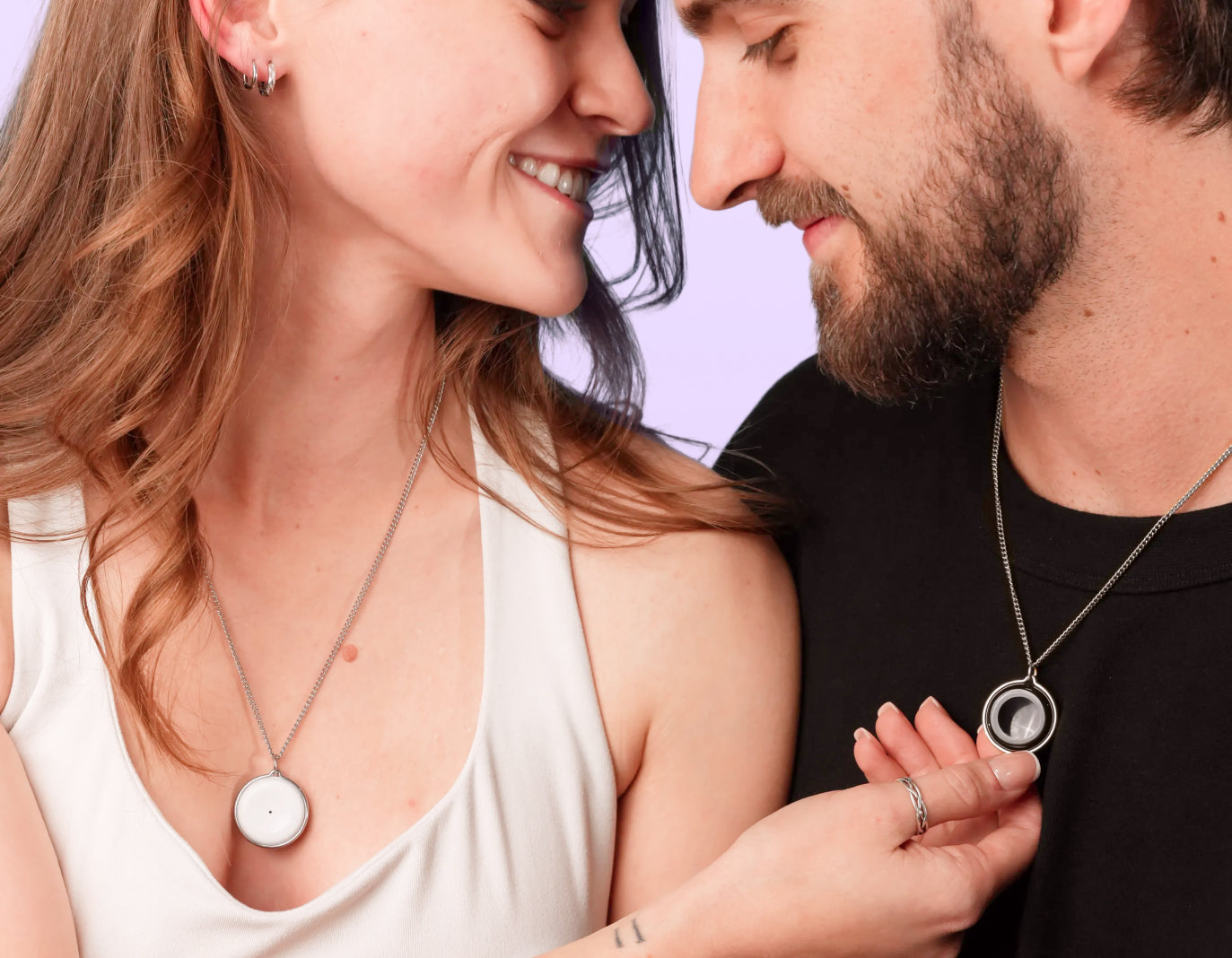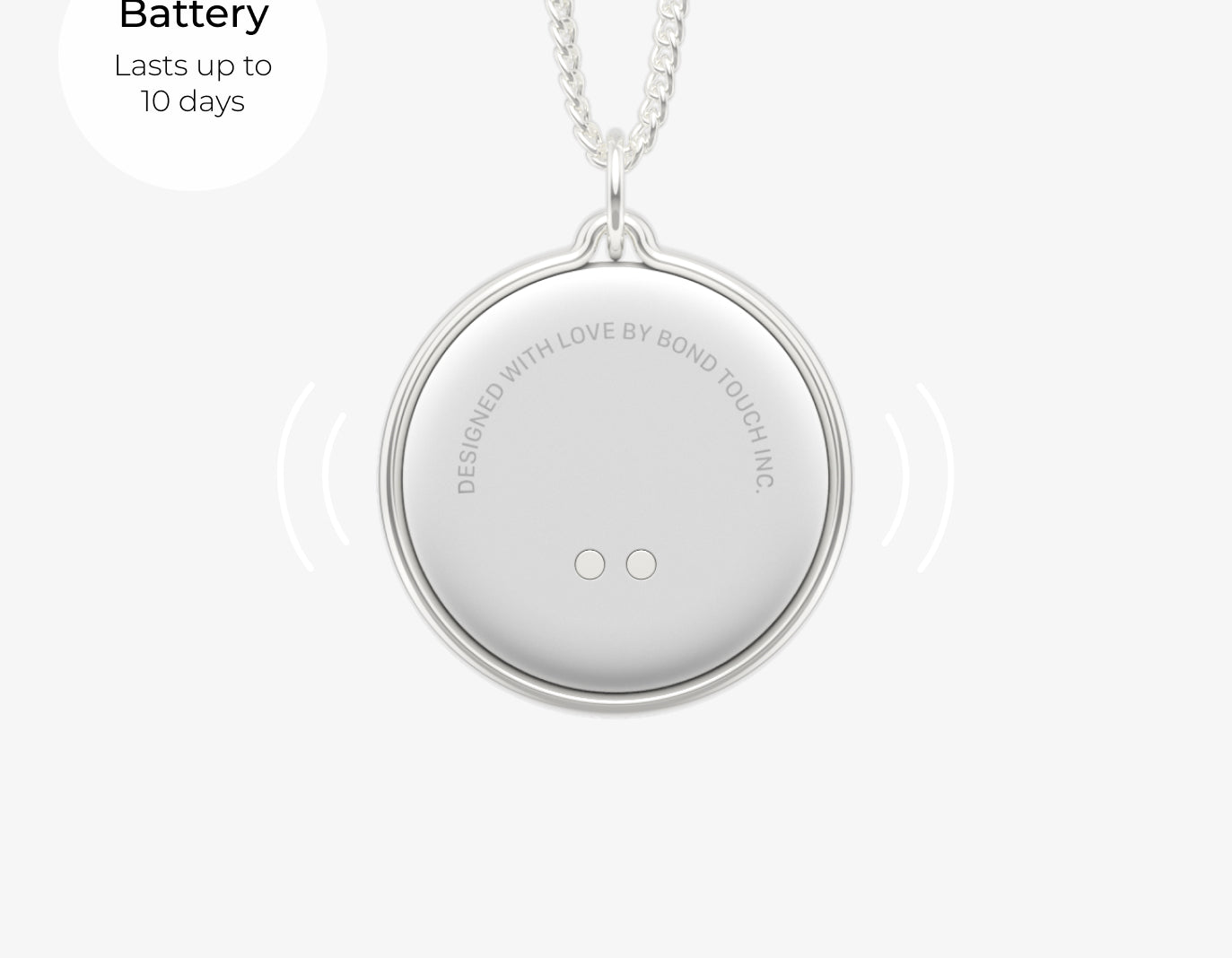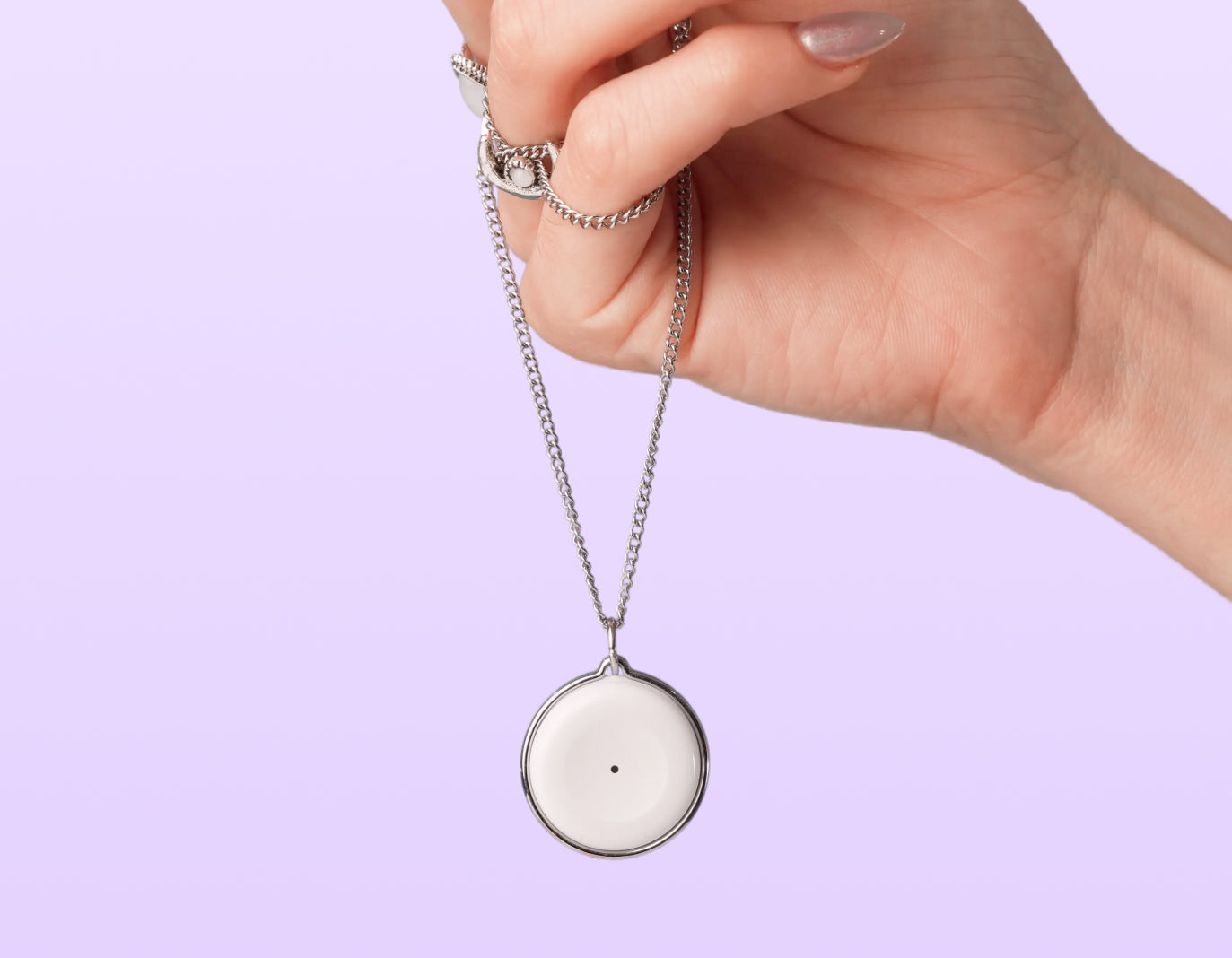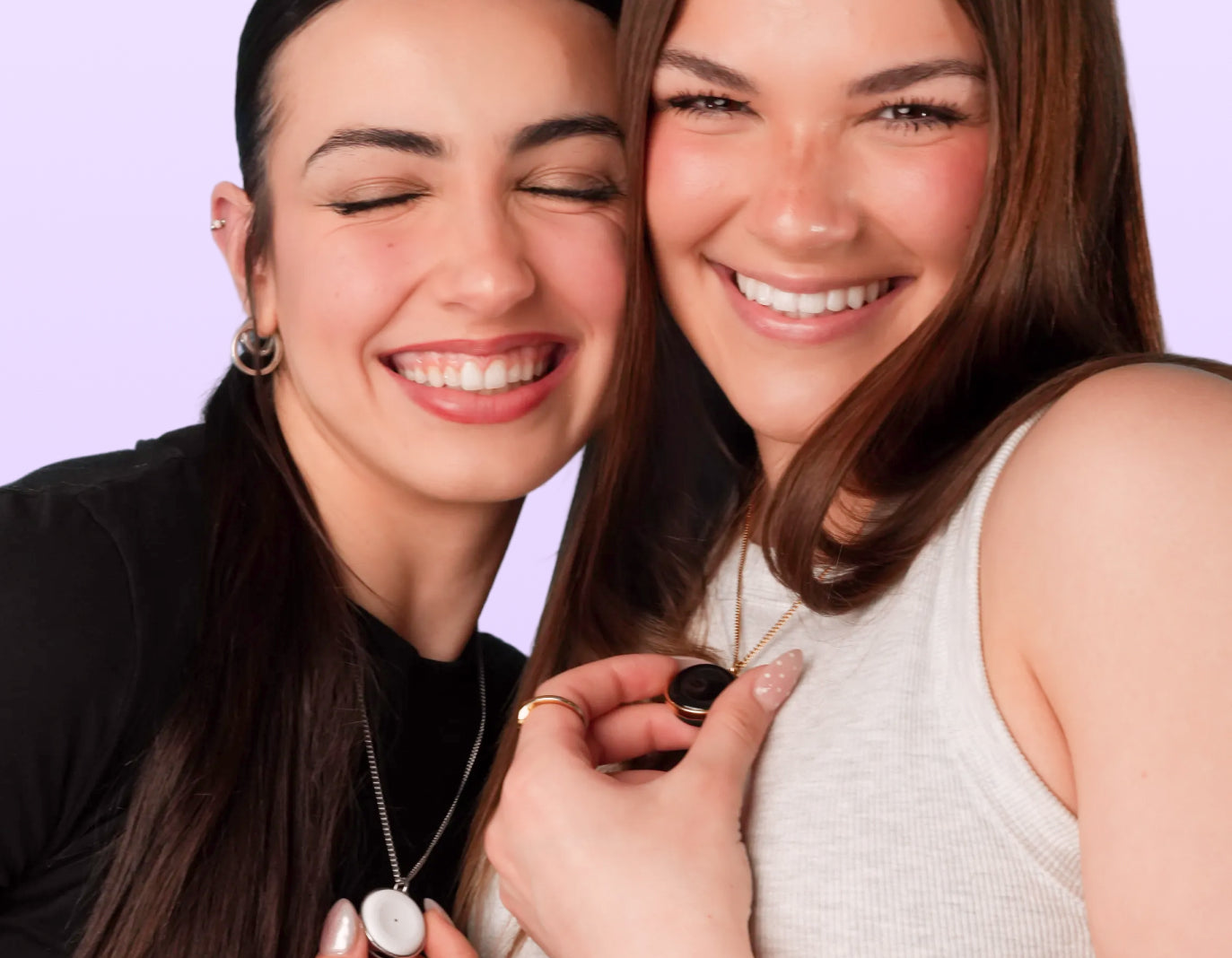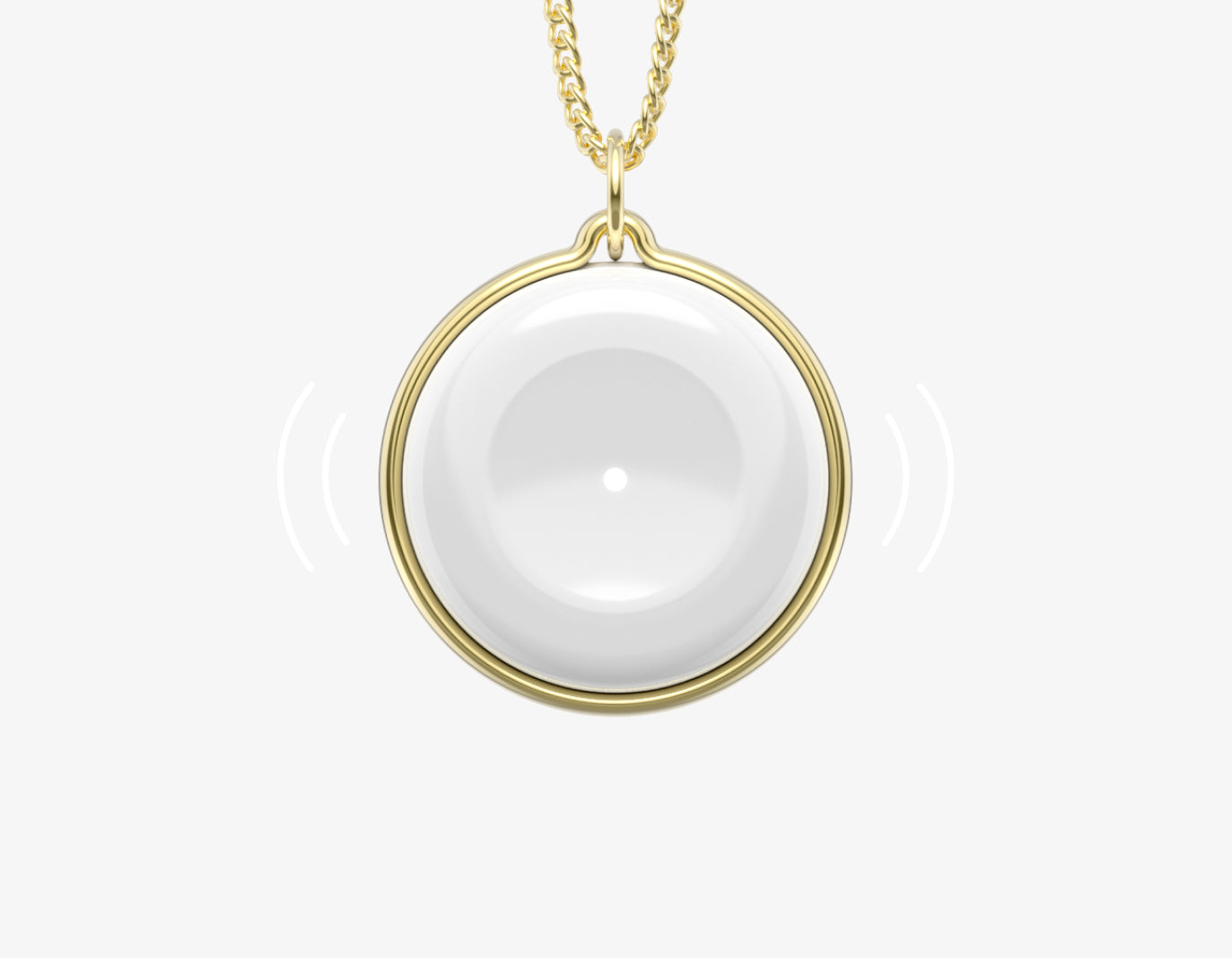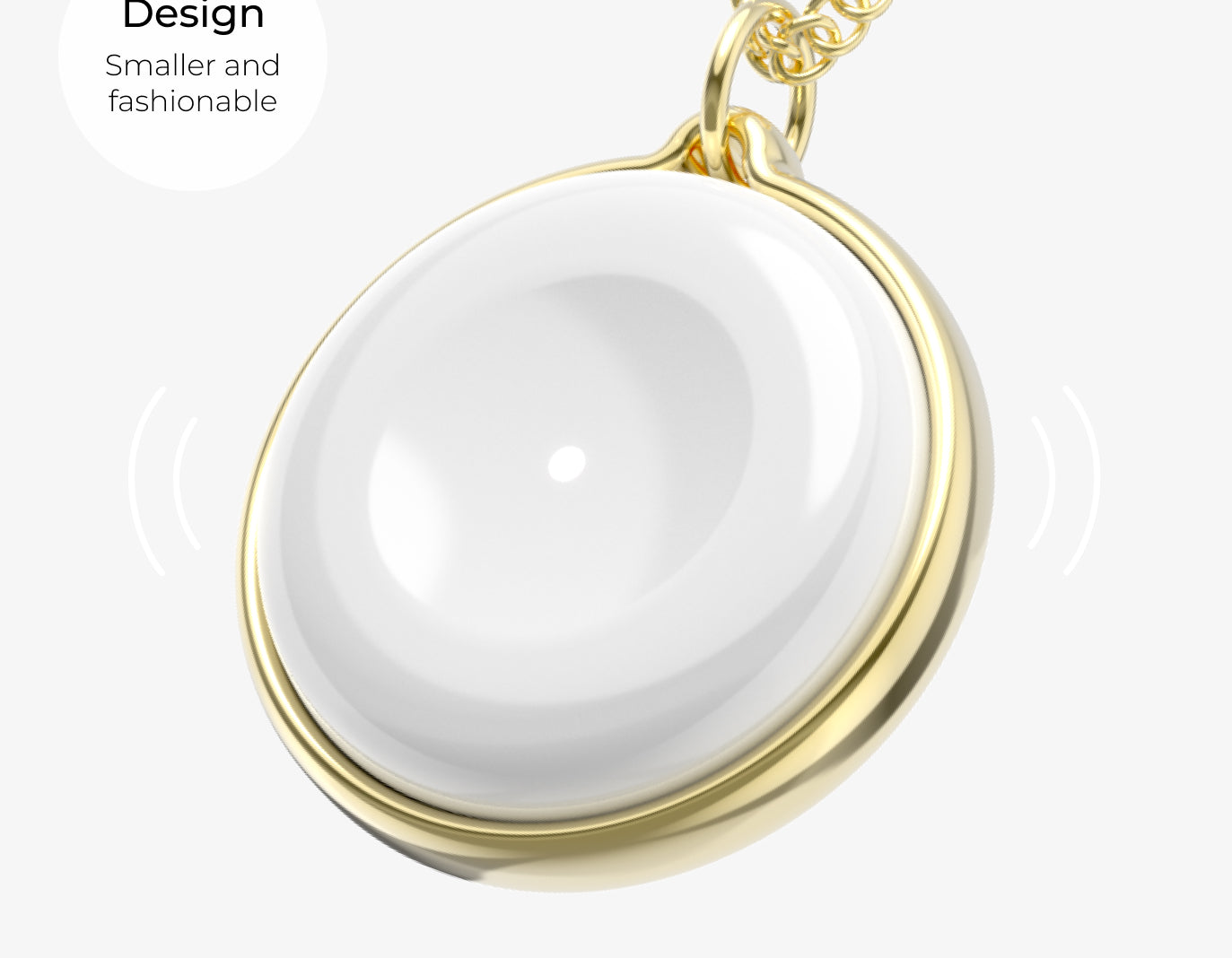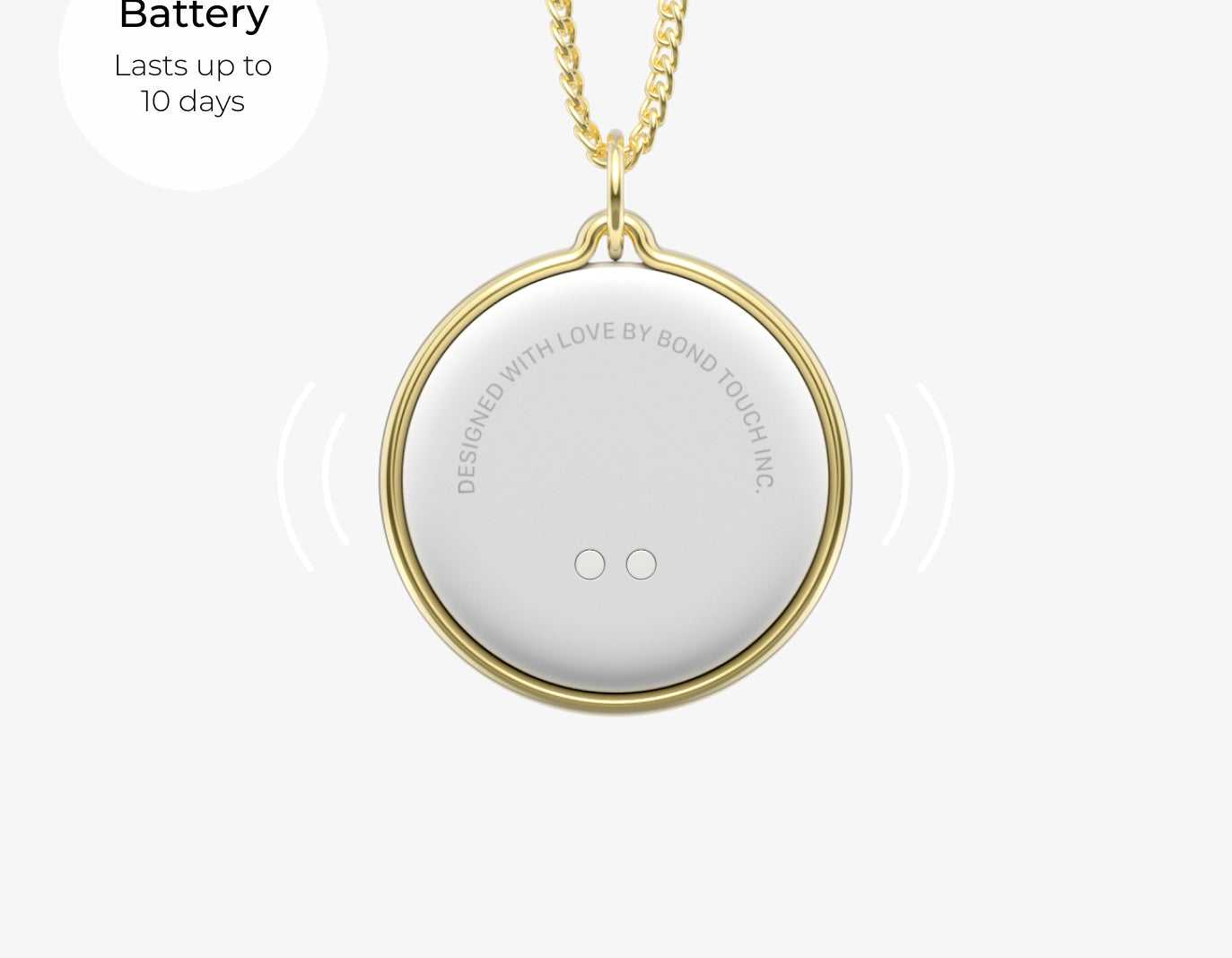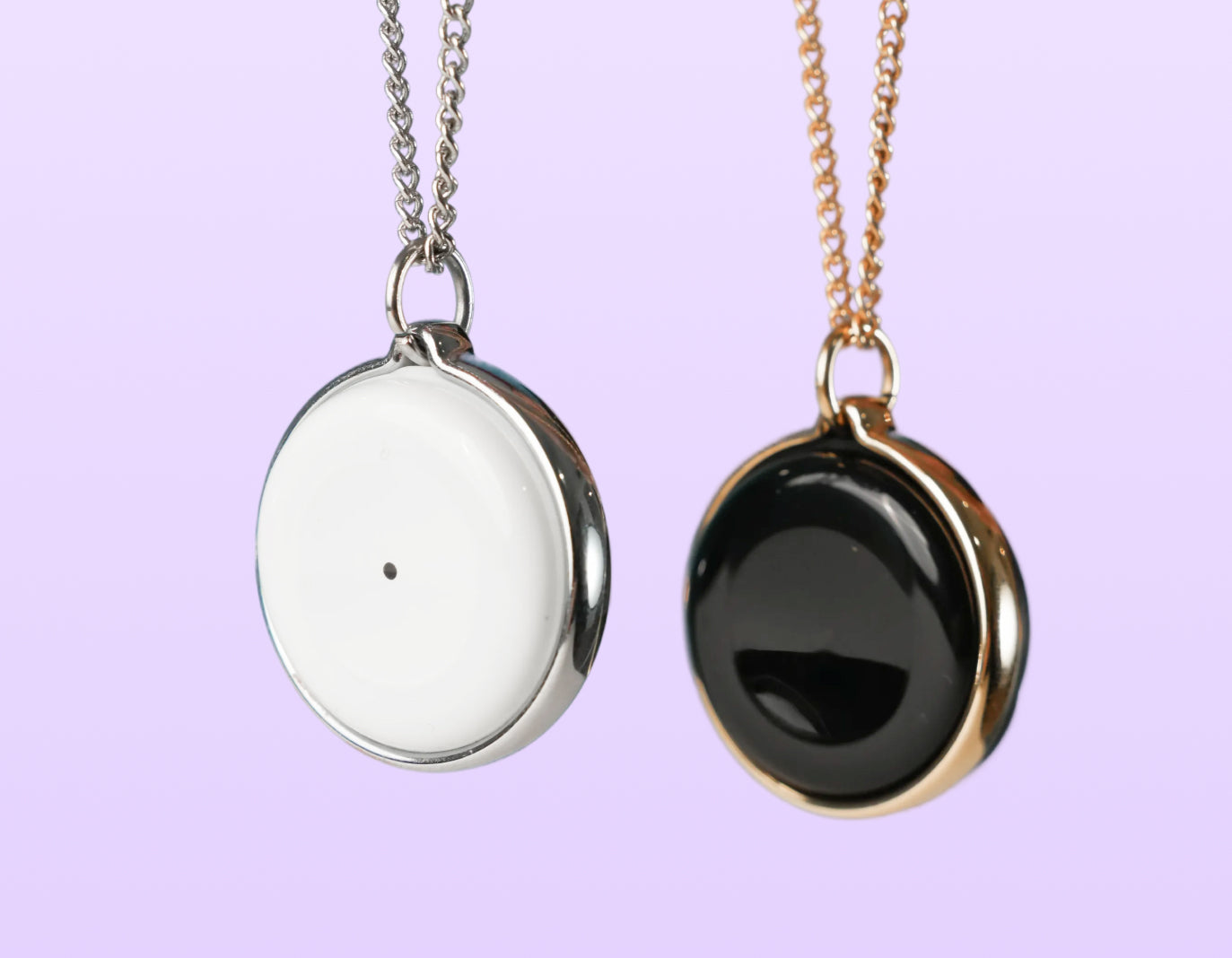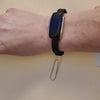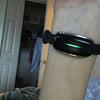In our quest for connection and understanding, we often find ourselves embracing the idea of love and care as something pristine, almost picture-perfect. Yet, as Kelly Corrigan beautifully illustrates in her TED Talk, the reality of loving and caring is far from always pretty. It's messy, it's raw, and it's incredibly brave.
Imagine you're sitting in your living room, the soft glow of the evening sun casting a warm light through the windows. You’re listening to a friend talk about their recent struggles. They're sharing the unfiltered, sometimes uncomfortable truths of their life, and you're just there, holding space for them. This, right here, is the essence of love and care that often goes unnoticed.
Kelly Corrigan's stories resonate deeply with anyone who has ever had to show up for someone else in moments of profound vulnerability. She recounts her time as a nanny for two young children who had just lost their mother, describing the bravery of their father who navigated the choppy waters of grief while providing stability for his kids. It's a poignant reminder that true bravery isn't always about grand gestures; sometimes, it's about the quiet, steadfast presence in the face of life's toughest moments.
Loving someone through their pain, their mistakes, and their darkest hours requires a different kind of strength. It's the strength to stay, to listen, and to be there, even when you don't have the answers. It’s about asking, "Tell me more. What else? Go on," as Corrigan puts it. These simple words, offered with genuine curiosity and compassion, can mean the world to someone who feels lost or alone.
Consider the parent dealing with a child's mental health crisis, or the partner supporting their significant other through a job loss. These scenarios don't come with a manual, and they certainly don't offer the glamour of a heroic rescue. Instead, they demand patience, empathy, and an unwavering presence. It's about acknowledging the messy reality and showing up anyway.
Corrigan’s own battle with cancer in her 30s underscores this point. While the physical toll was immense, it was the emotional vulnerability—admitting to her husband how she felt about her body post-surgery—that required the most courage. This raw honesty, the willingness to be seen in our most unguarded moments, is the true testament of love and care.
Loving and caring for others means facing uncomfortable truths and situations that we’d rather avoid. It's about loving your father even as dementia robs him of his sanity, or supporting a friend who confides in you about their addiction relapse. These moments are far from the glossy images of love we see in movies. They're gritty, painful, and real.
Yet, within these difficult moments lies a profound beauty. The beauty of human connection, of shared experiences, and of being there for each other in the most authentic way possible. This kind of love doesn't seek recognition or applause. Its reward is found in the deep, unspoken bond that forms when you show up for someone, no matter how tough the situation gets.
Corrigan’s reflections remind us that the true heroes in our lives are often the ones who quietly bear witness to our struggles. They are the friends who listen without judgment, the partners who stay through thick and thin, and the family members who support us even when it’s hard. They are the unsung champions of everyday bravery.
So, here's to the brave souls who dare to love deeply and care unconditionally, even when it’s not pretty. They remind us that the most significant acts of love are often found in the small, unphotographed moments of life. It's in the whispered words of comfort, the late-night phone calls, a gentle touch, and the silent hand-holding during moments of despair.
In celebrating these acts of love and bravery, we honor the true essence of what it means to be human. To love and care, even when it’s not easy, is the highest form of courage. And in those moments of raw, unfiltered connection, we find the true beauty of life.




